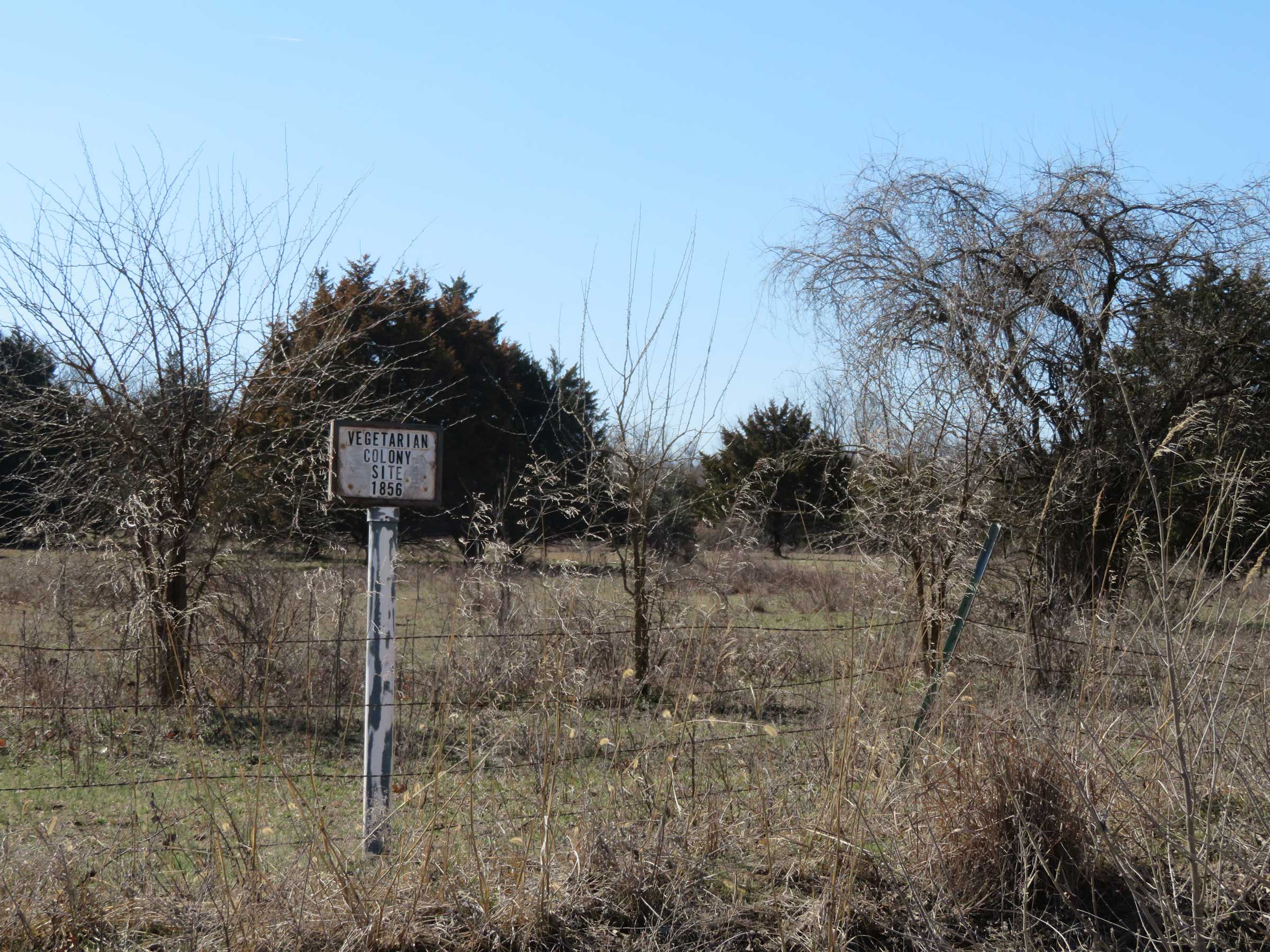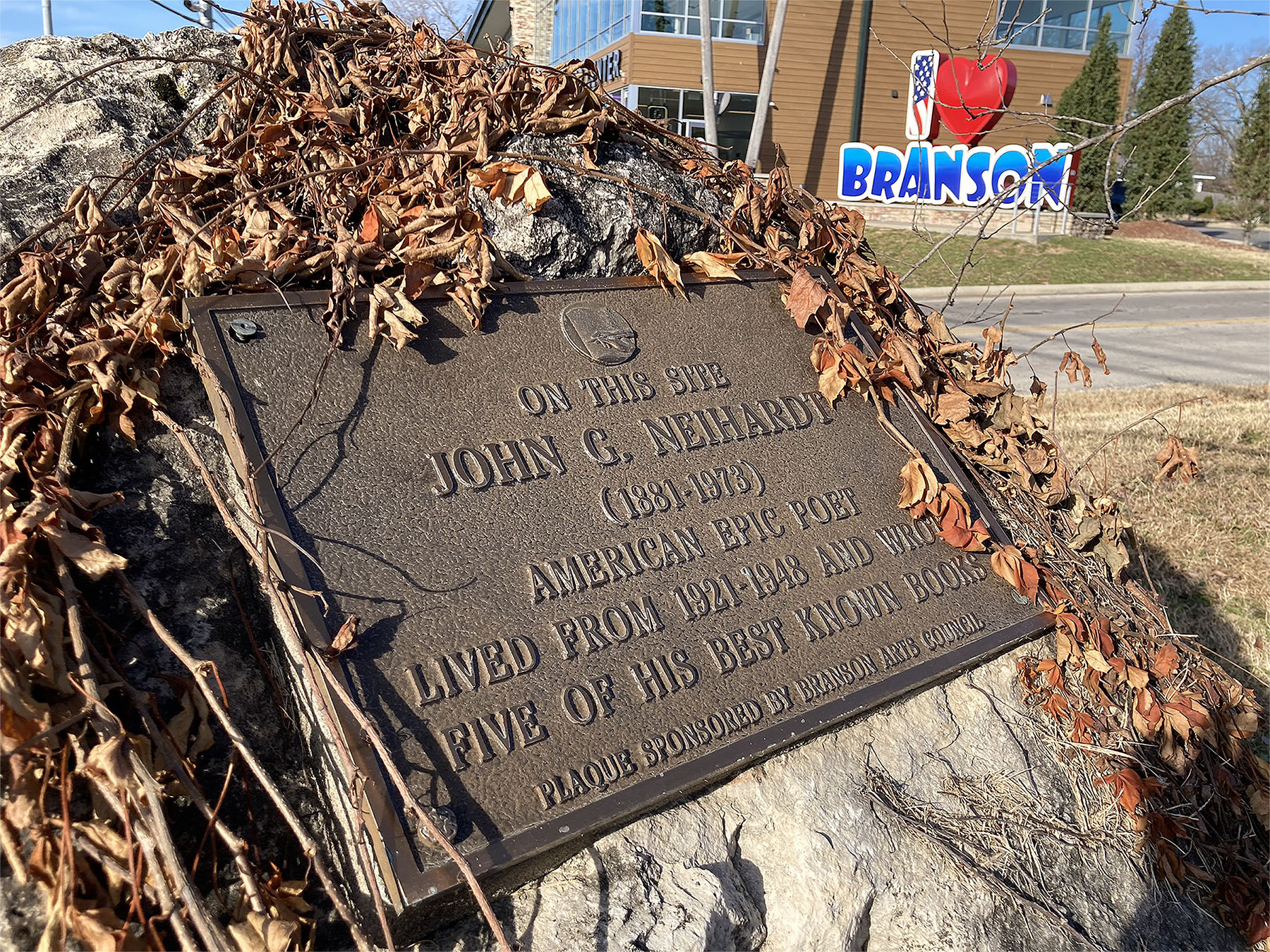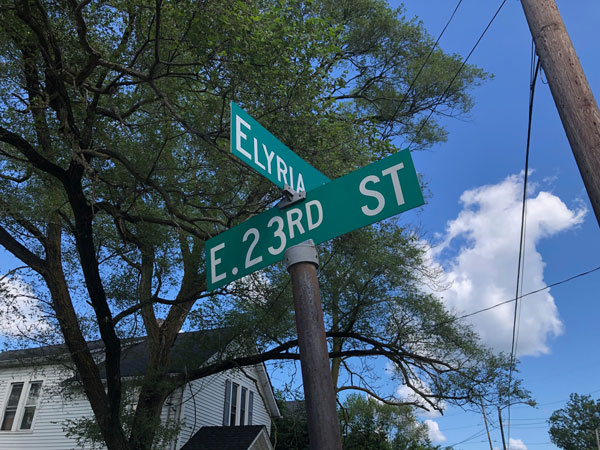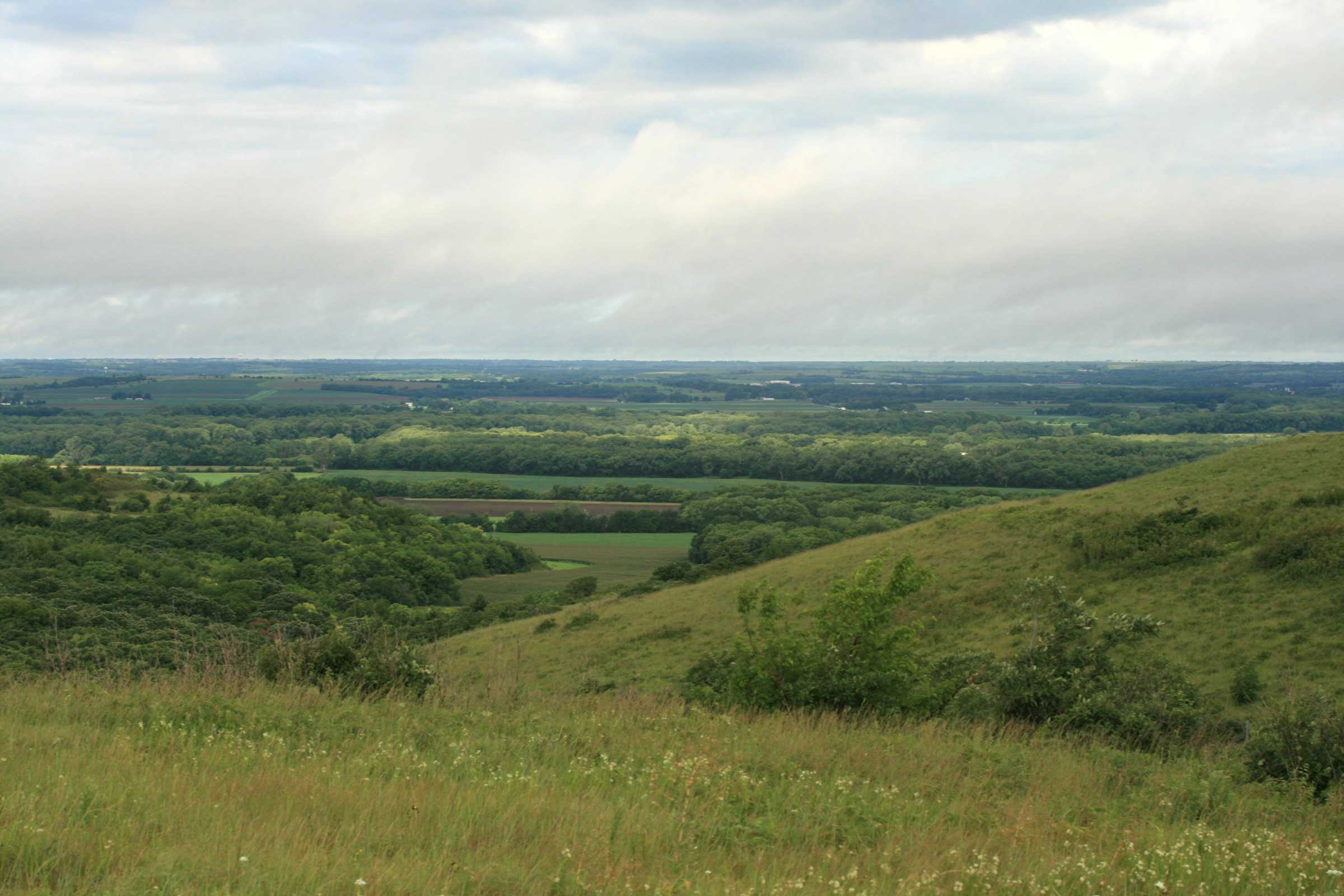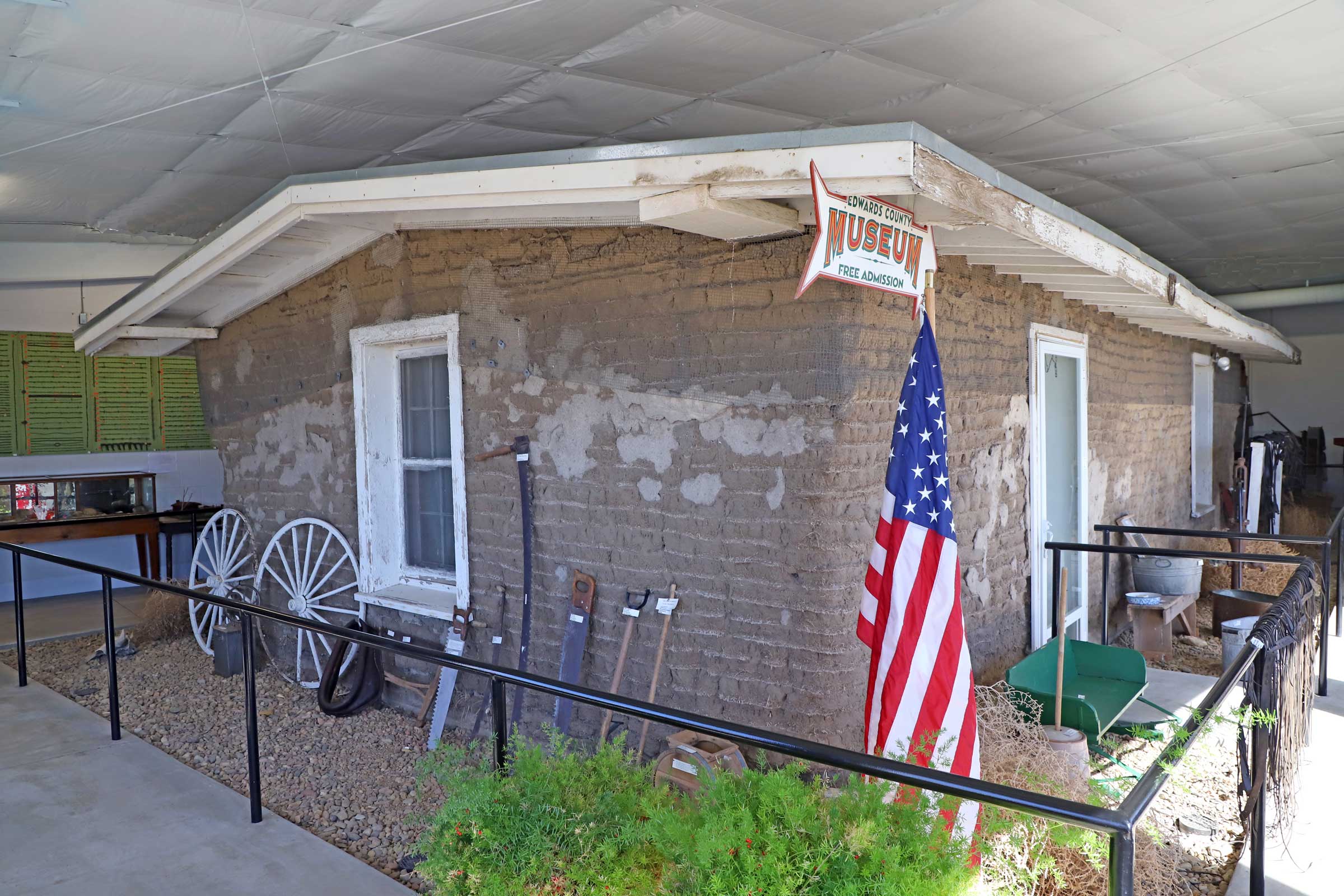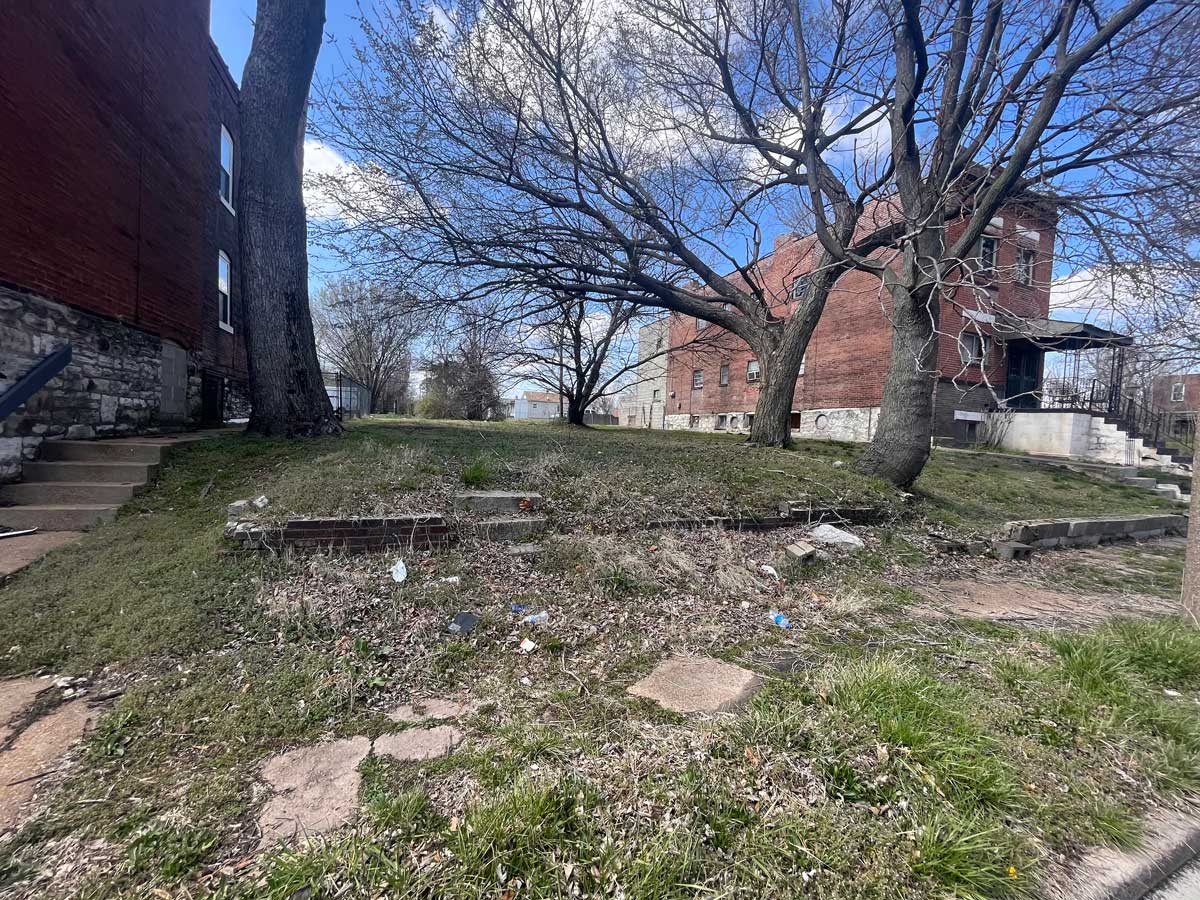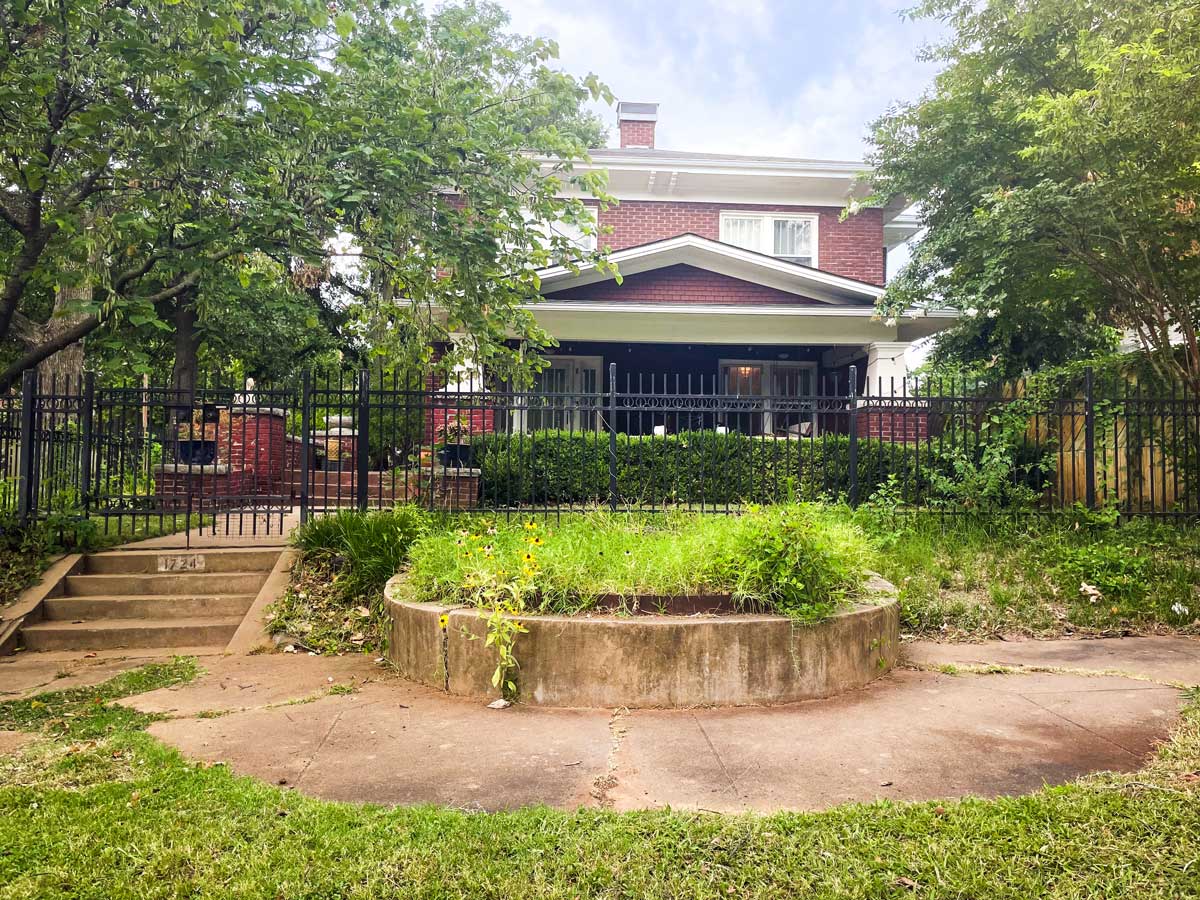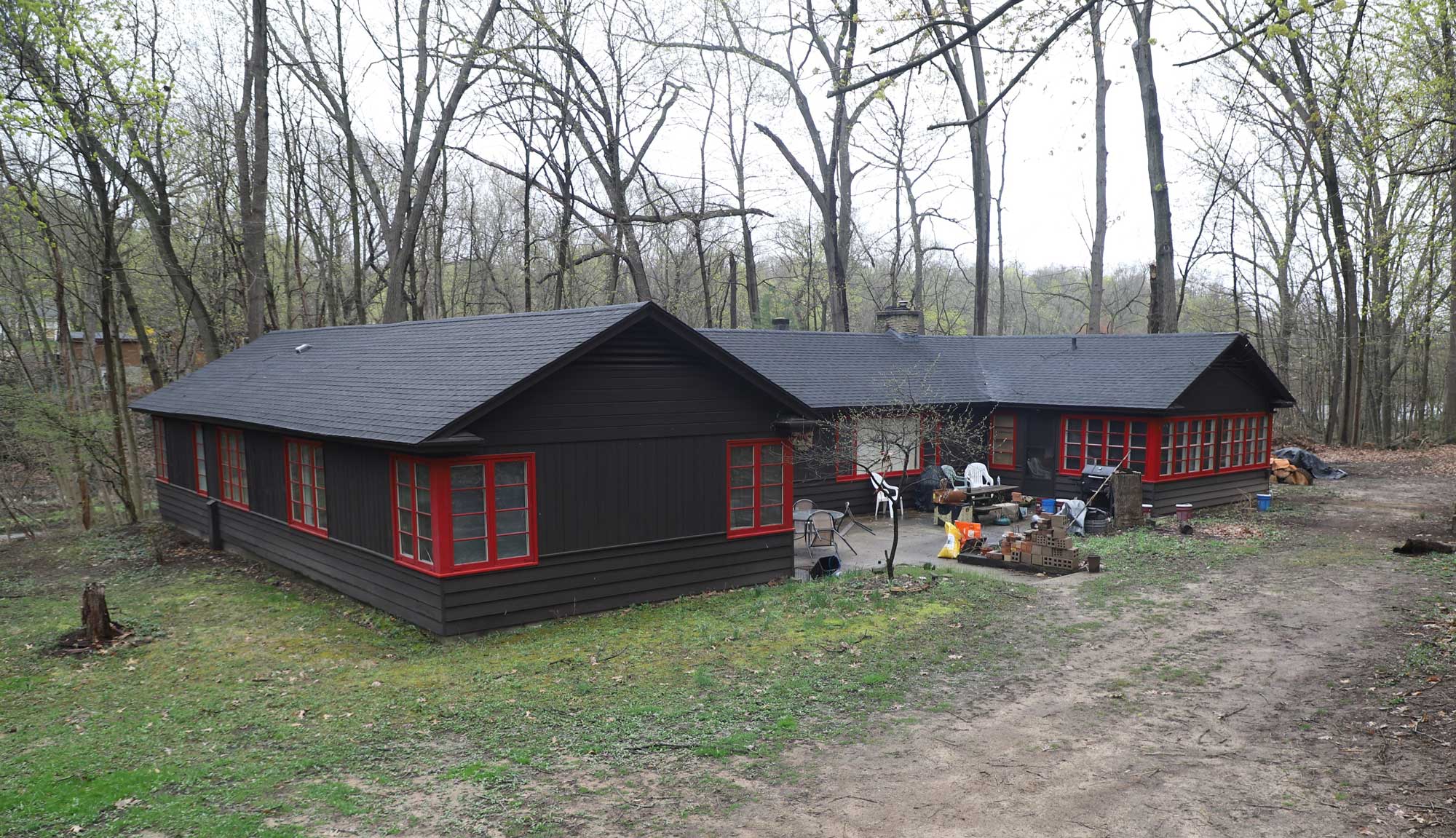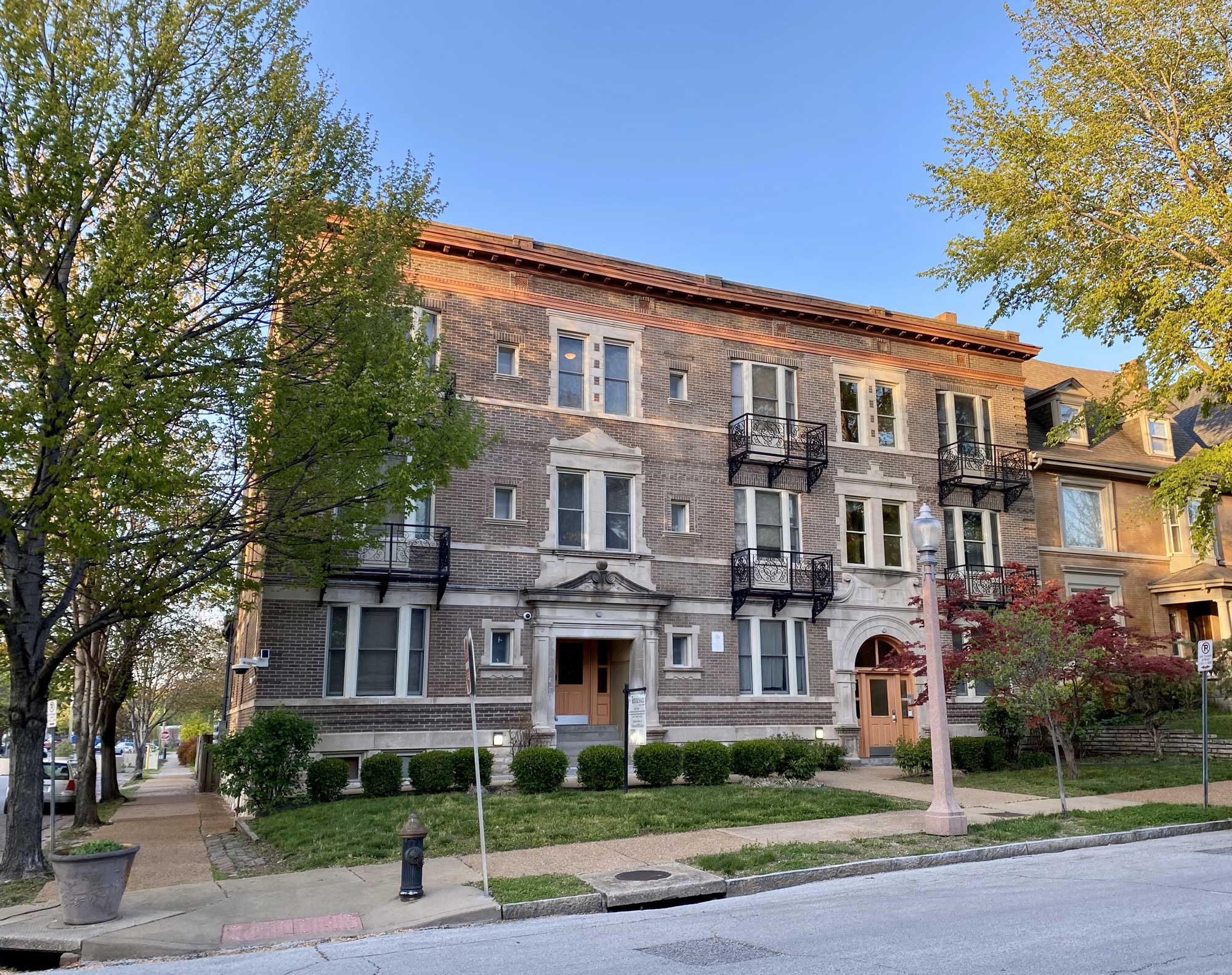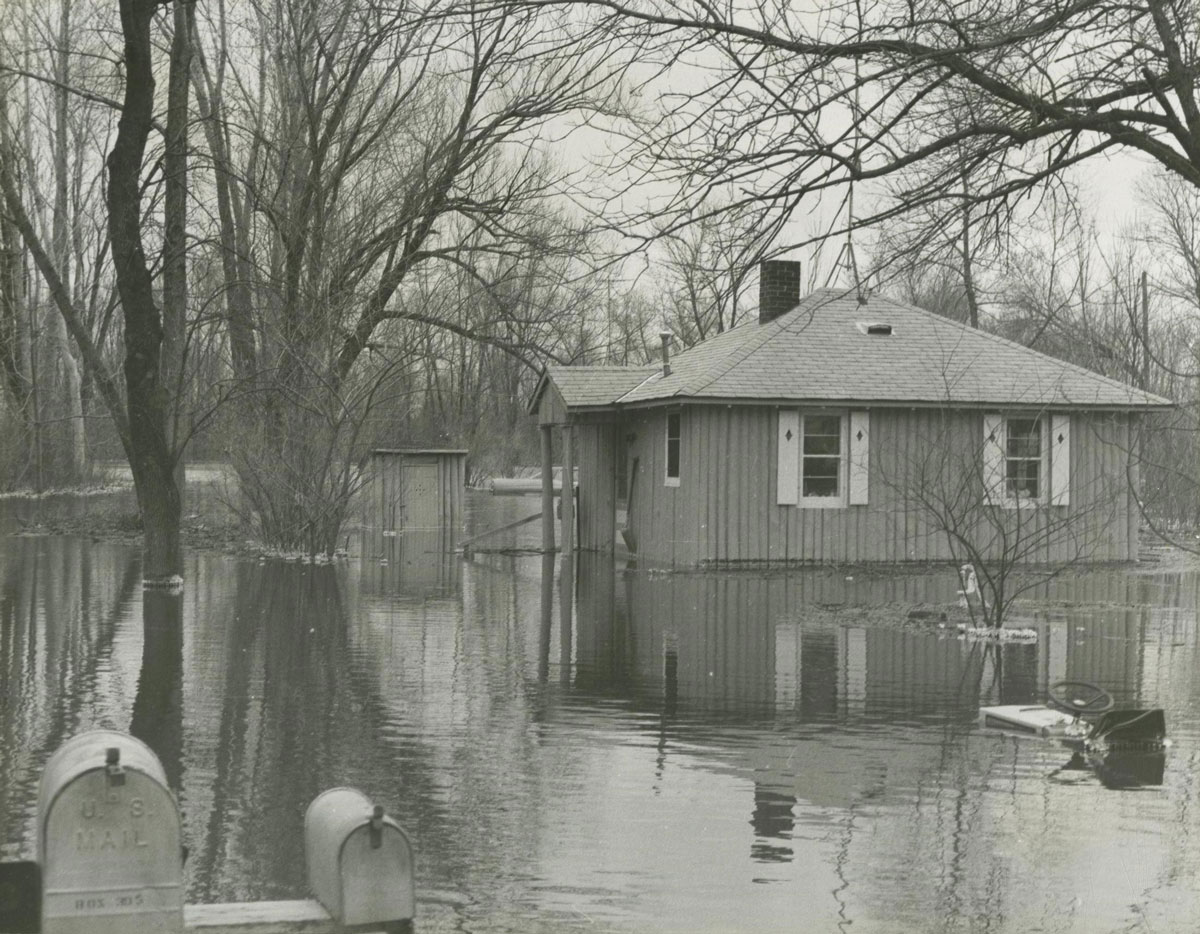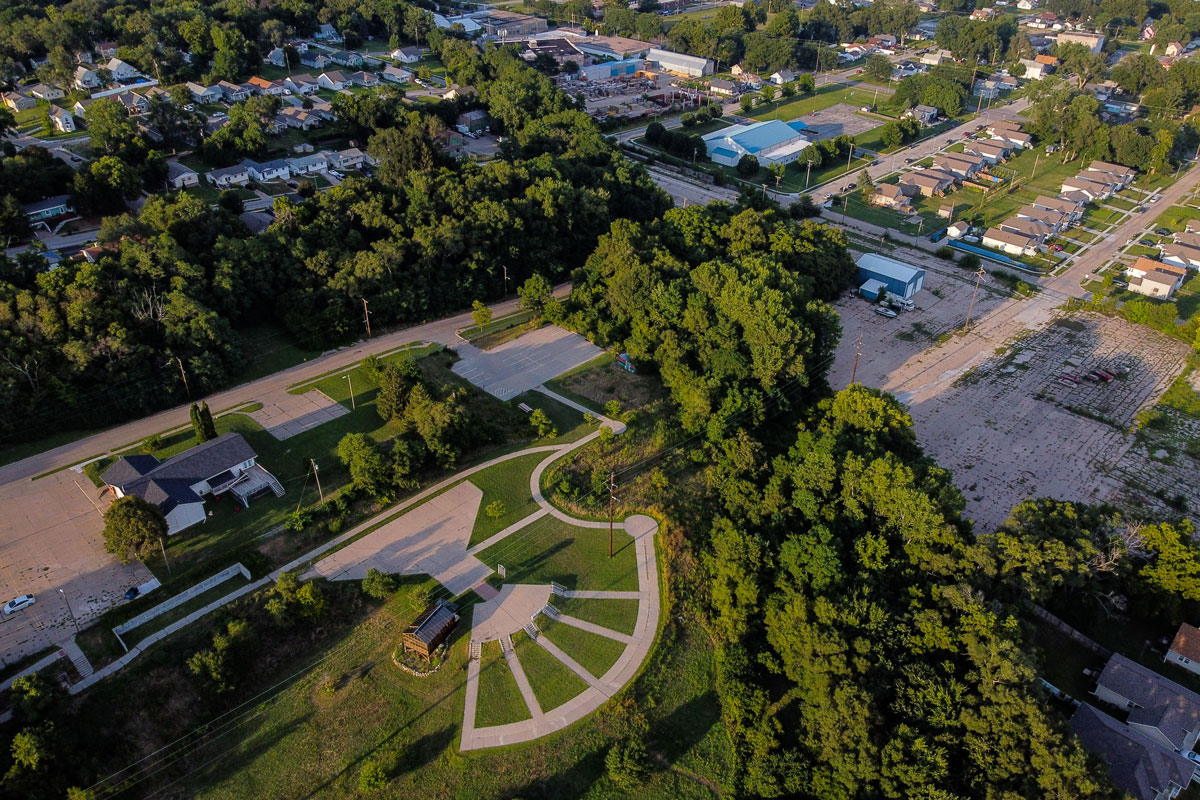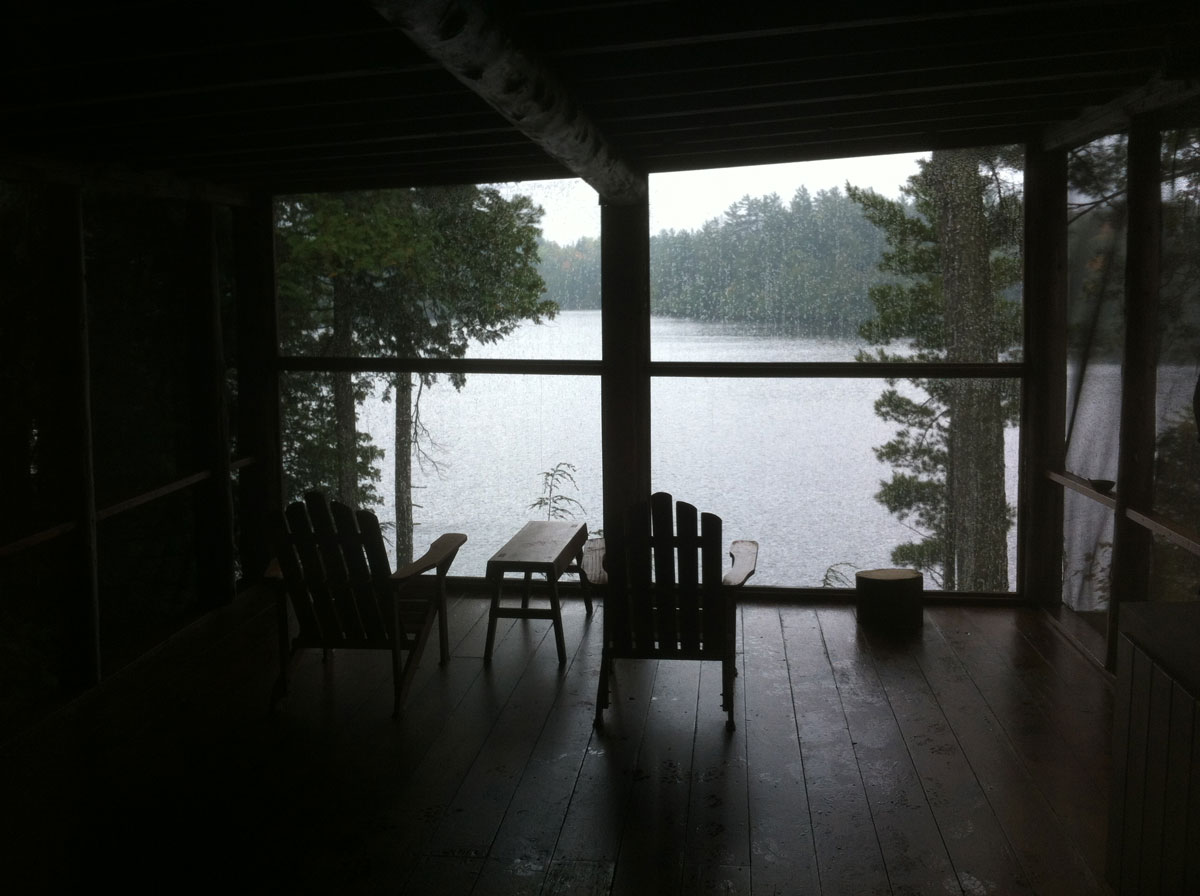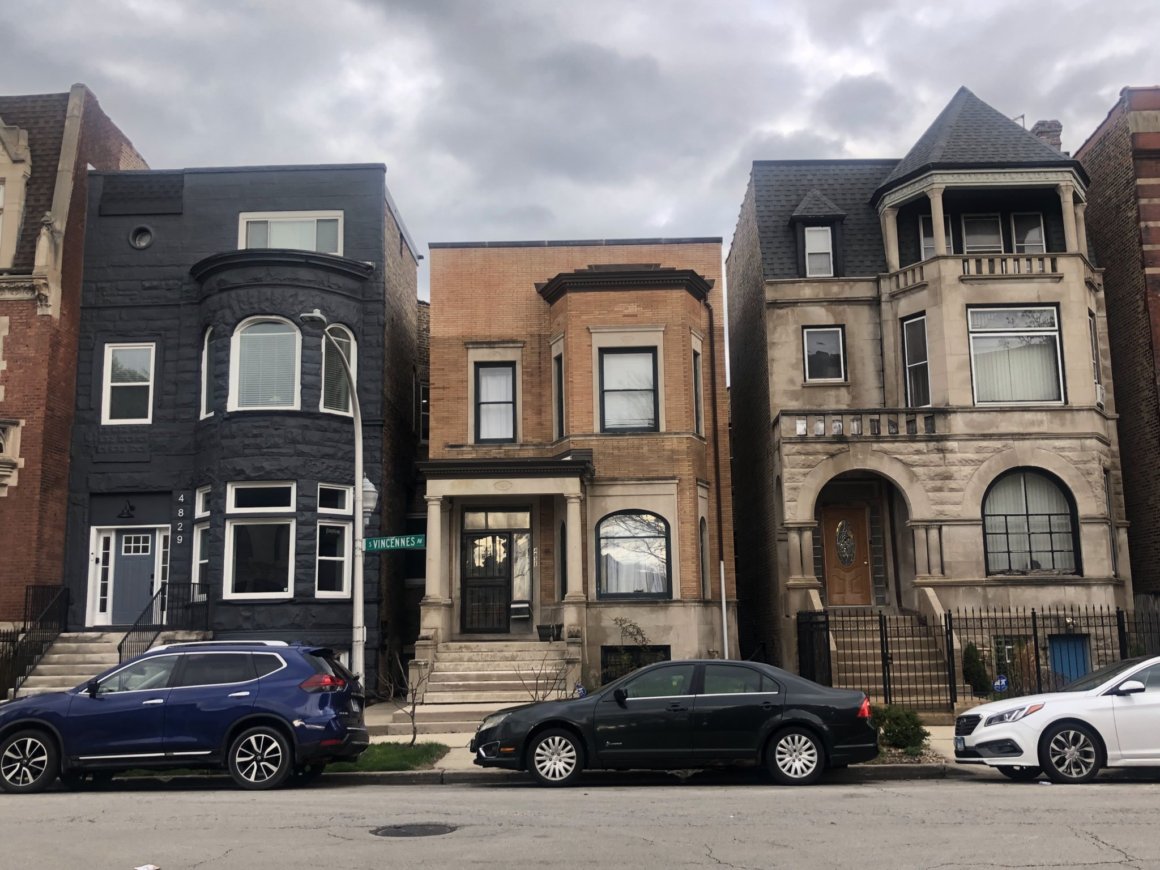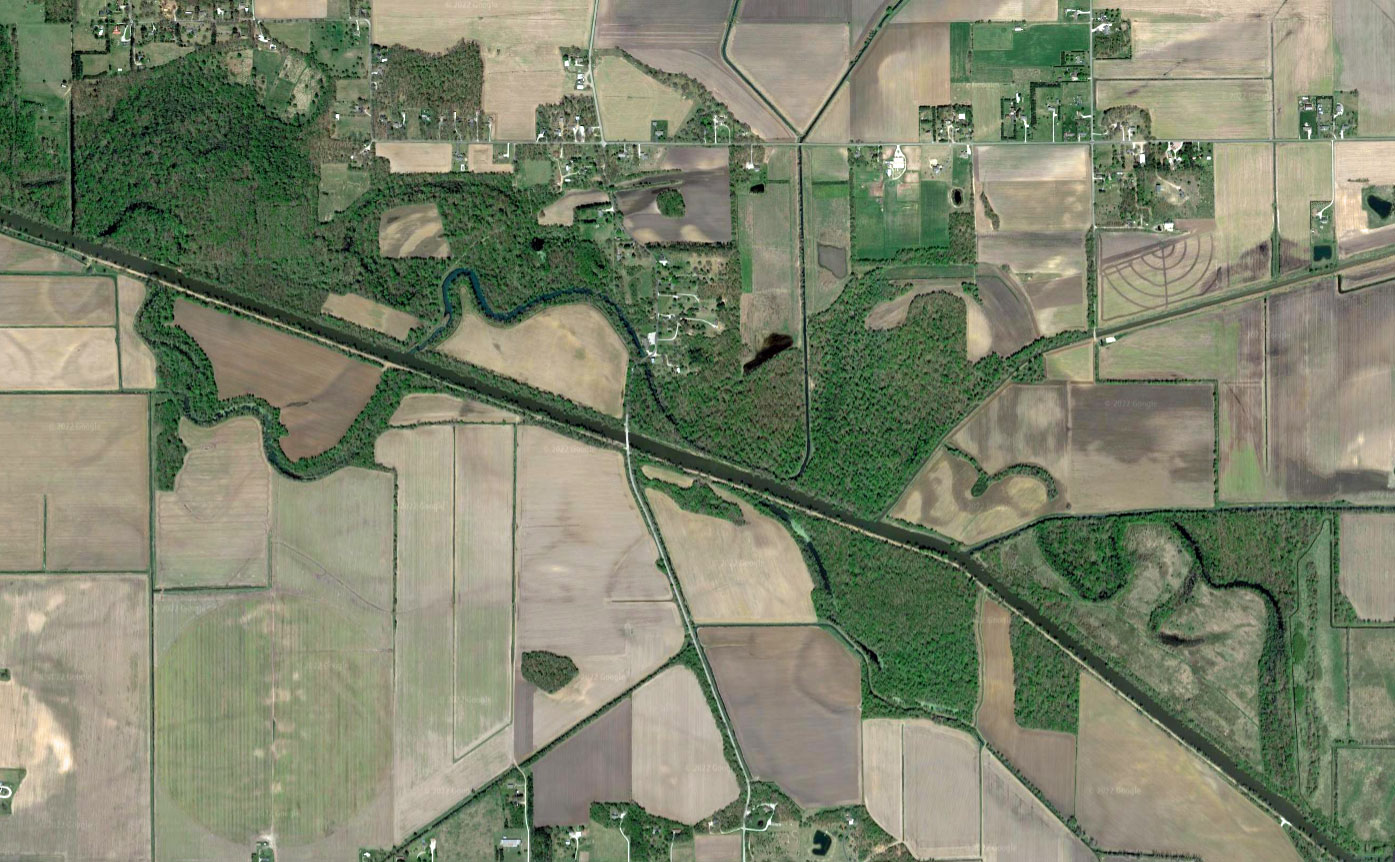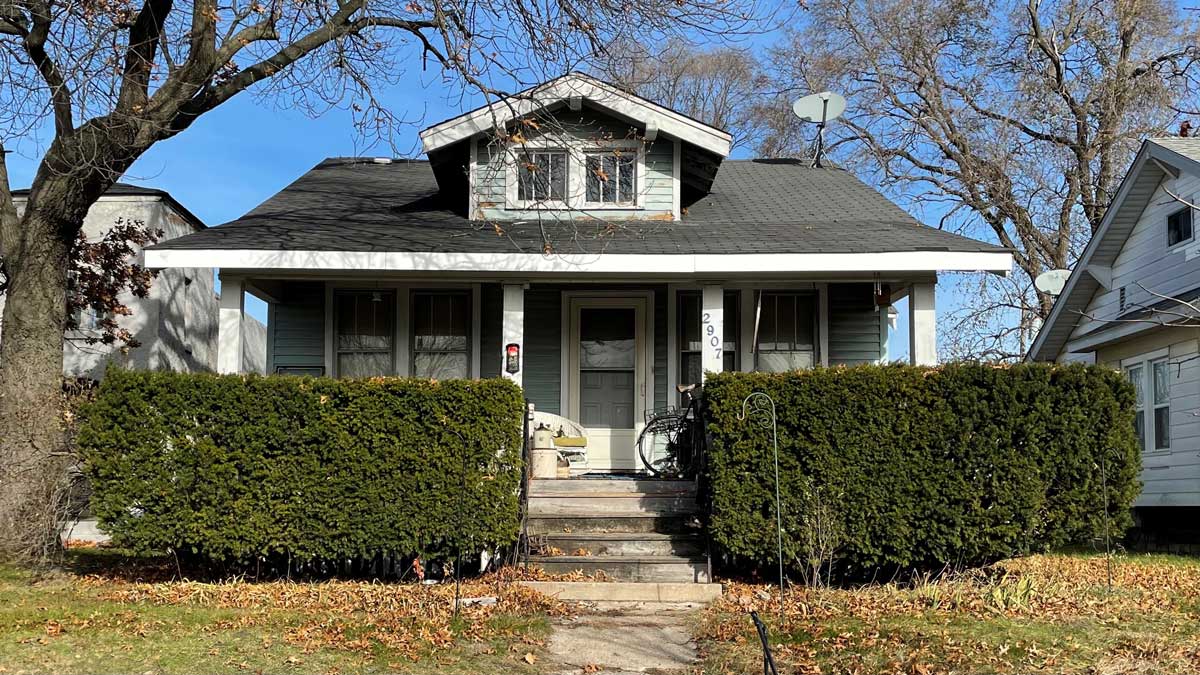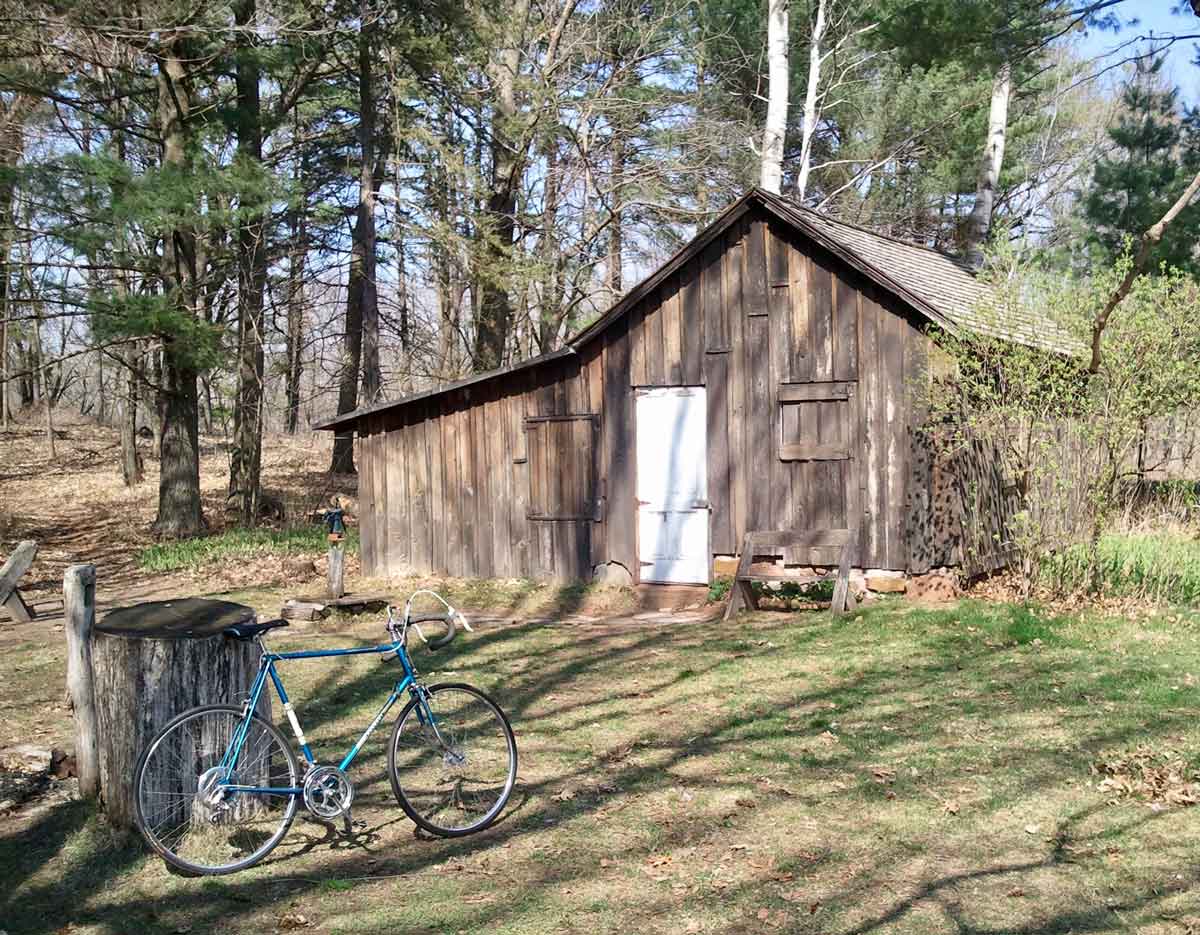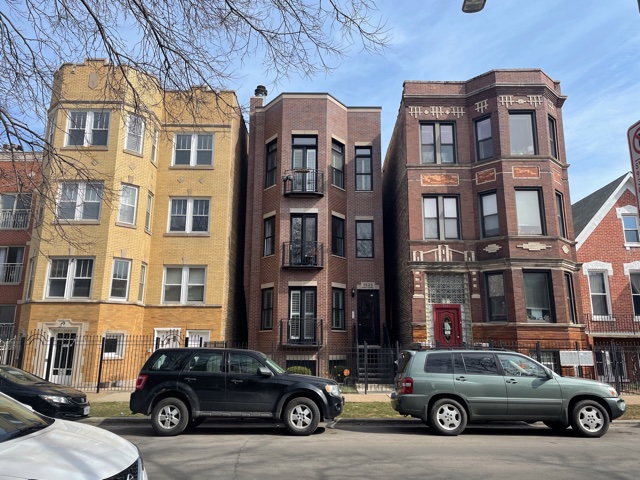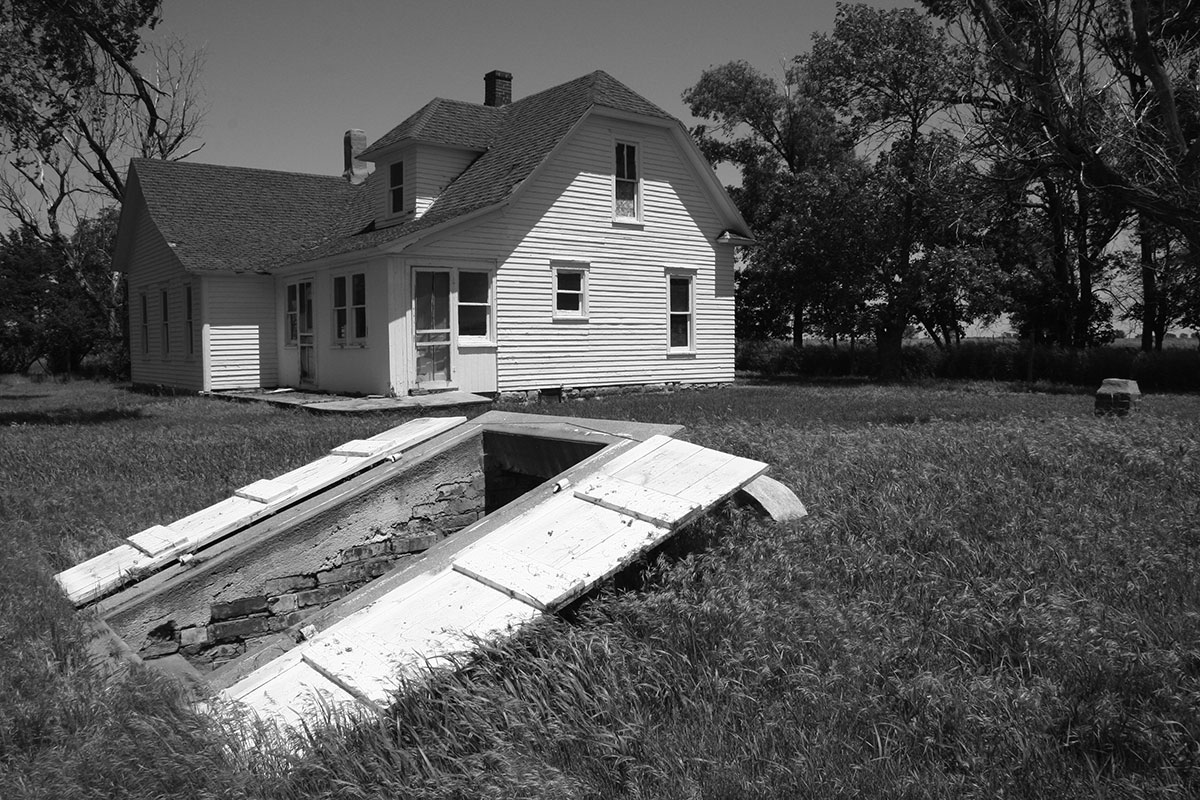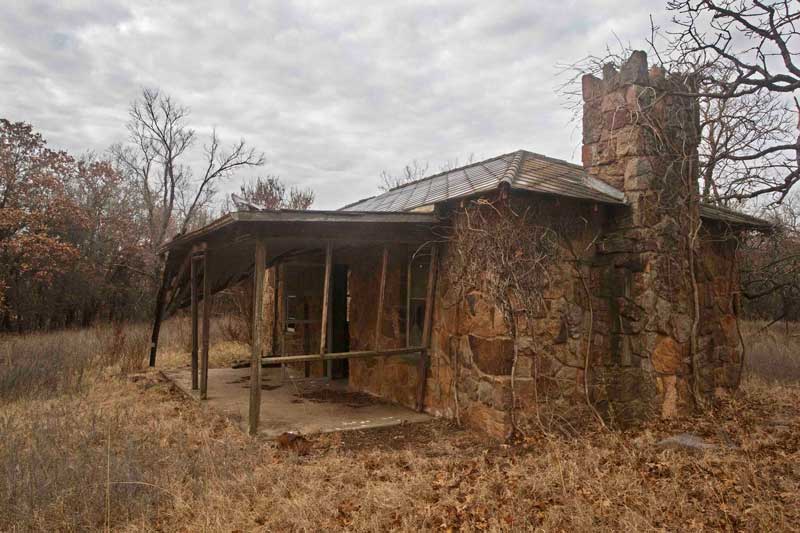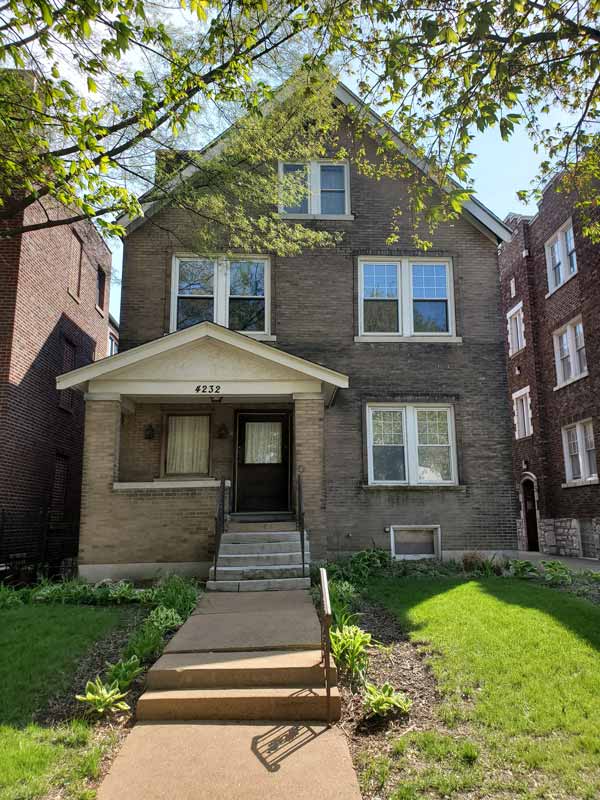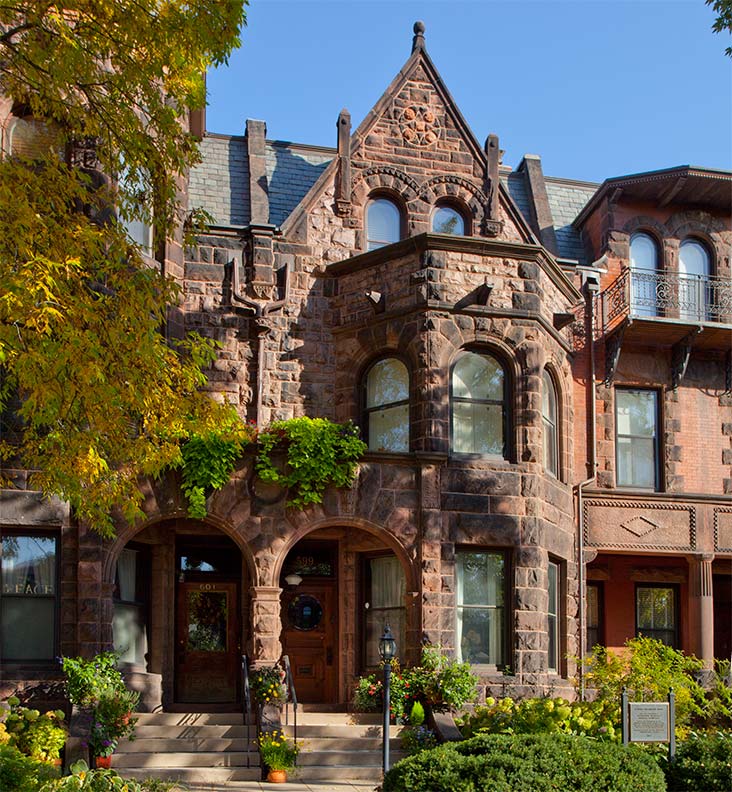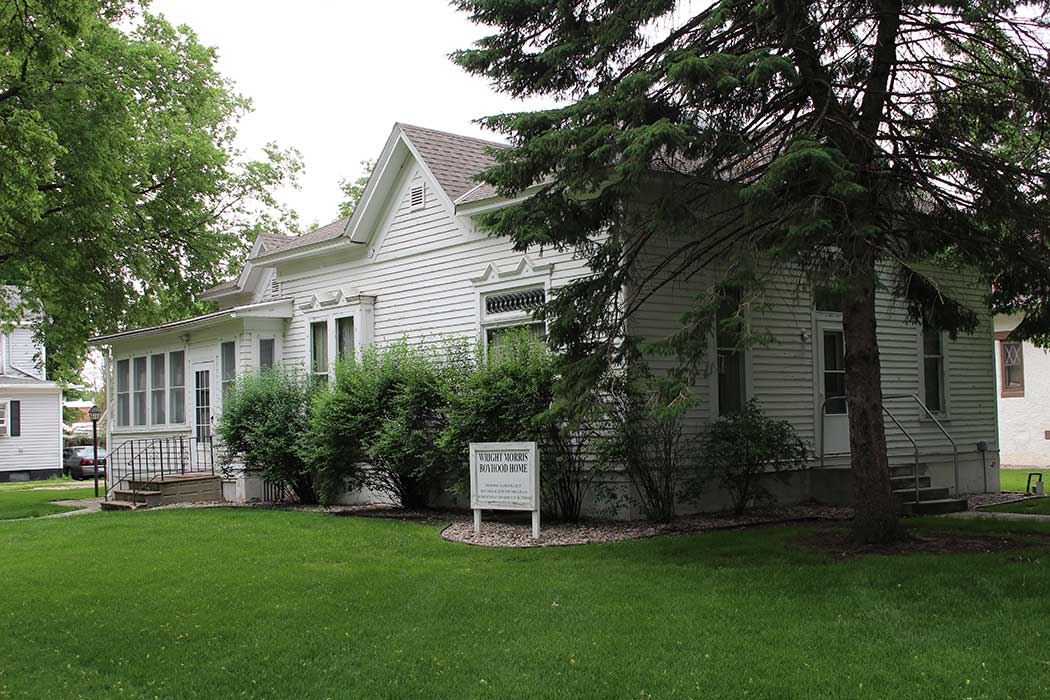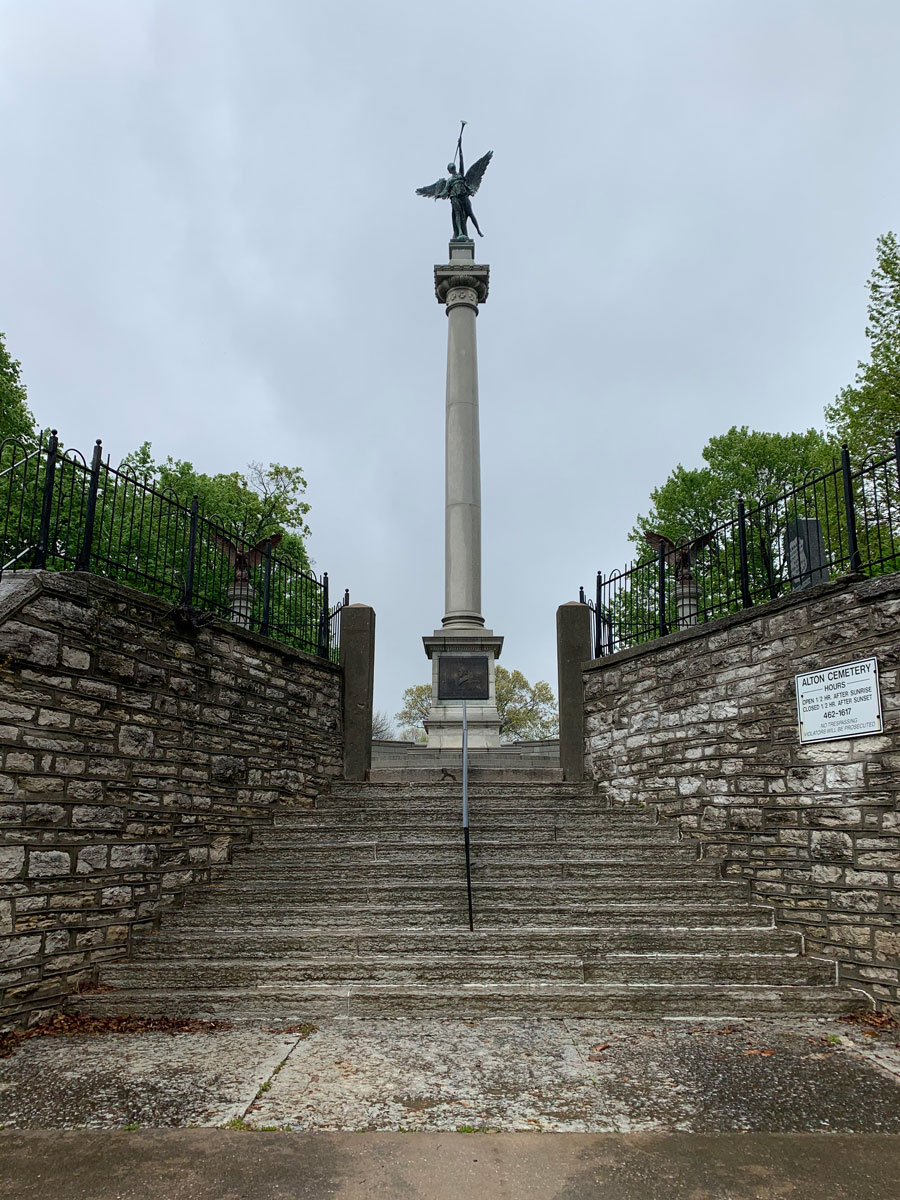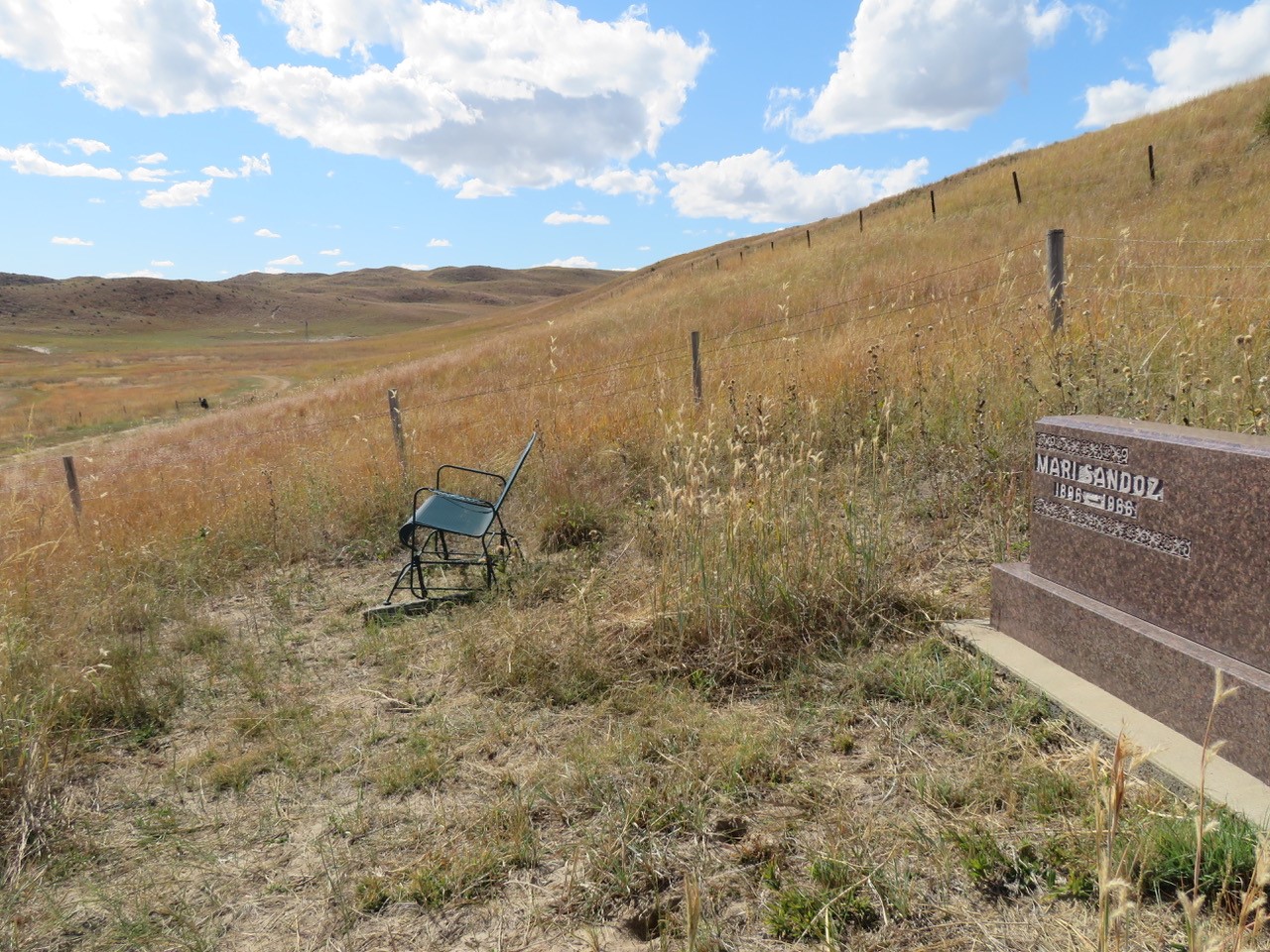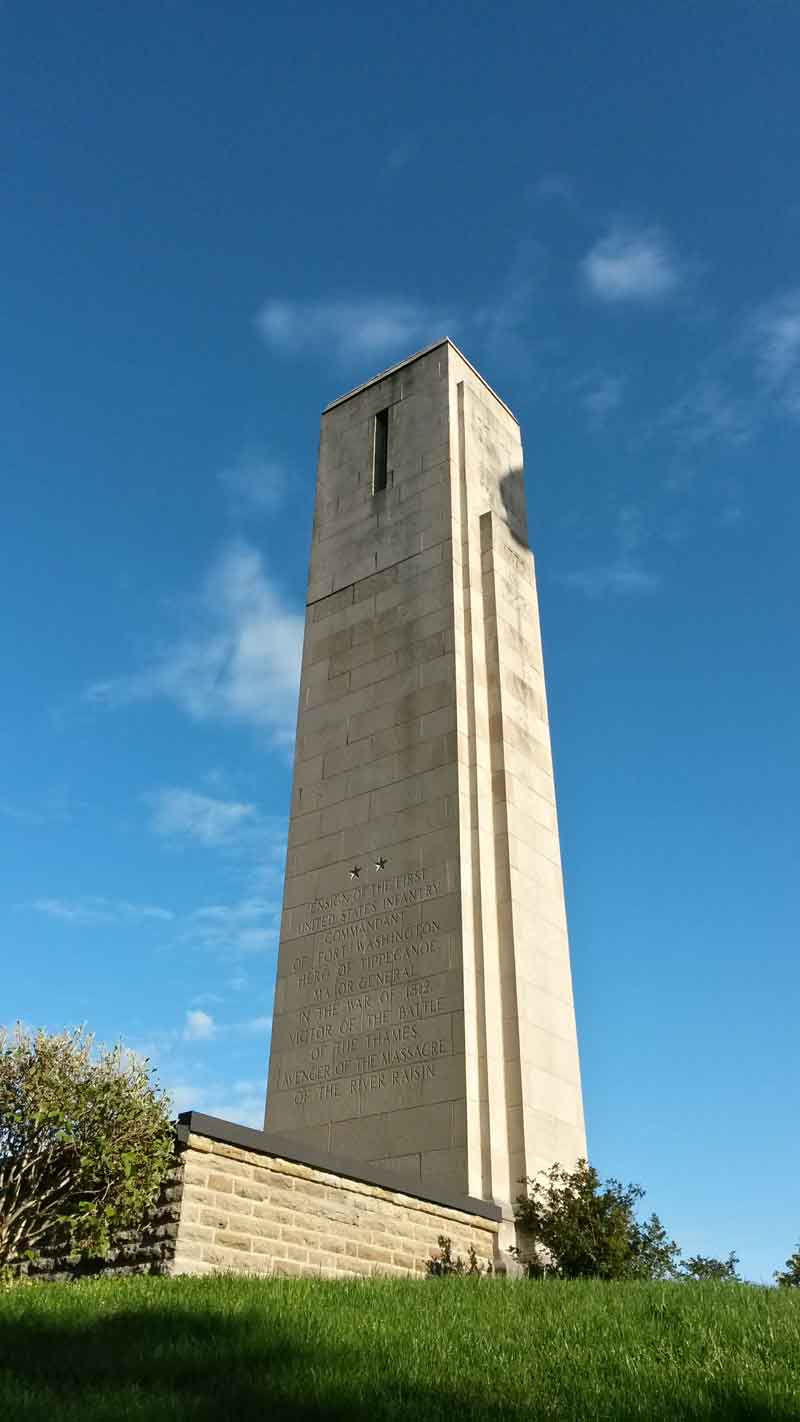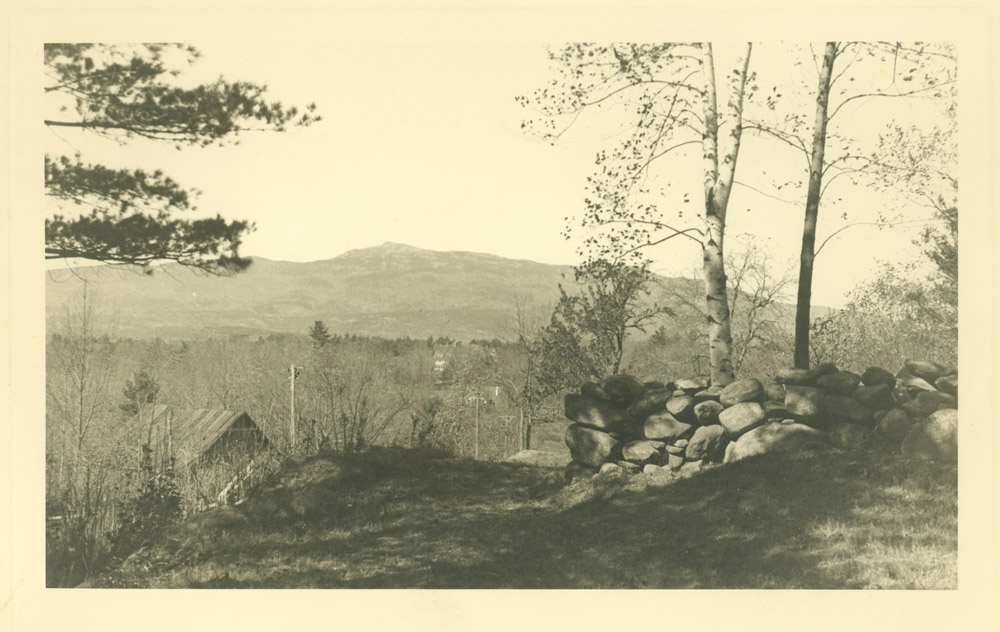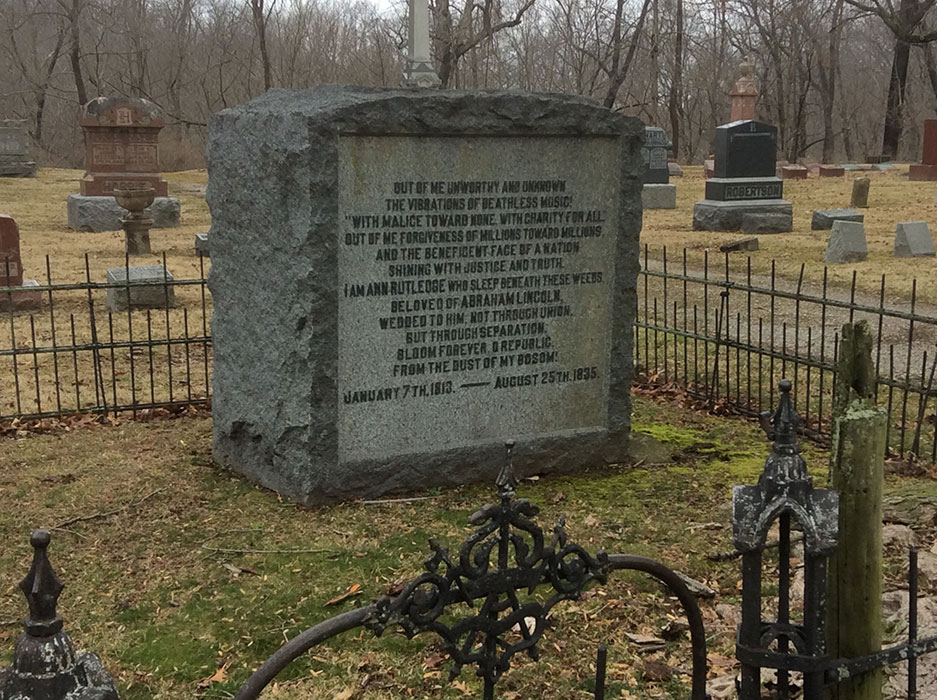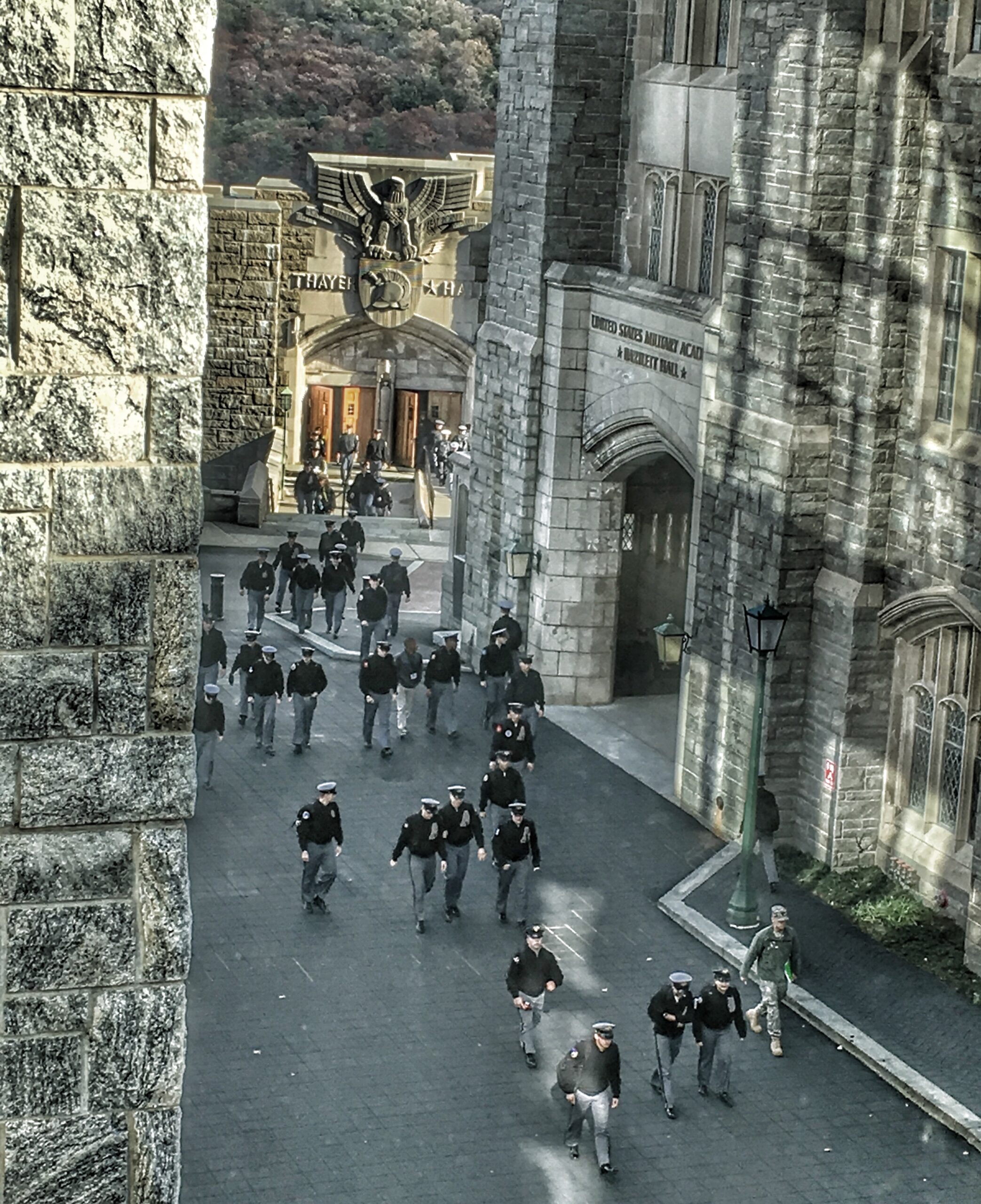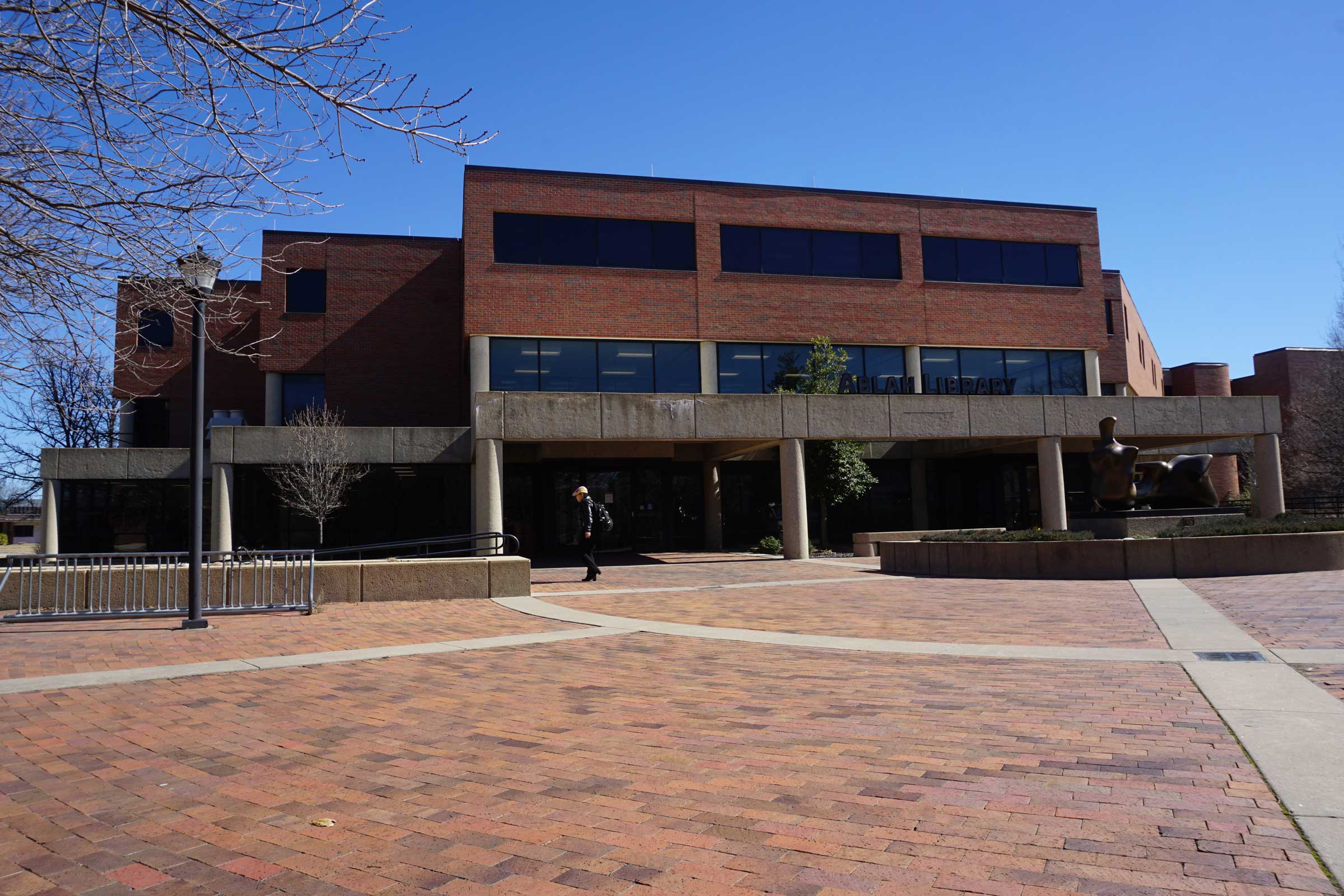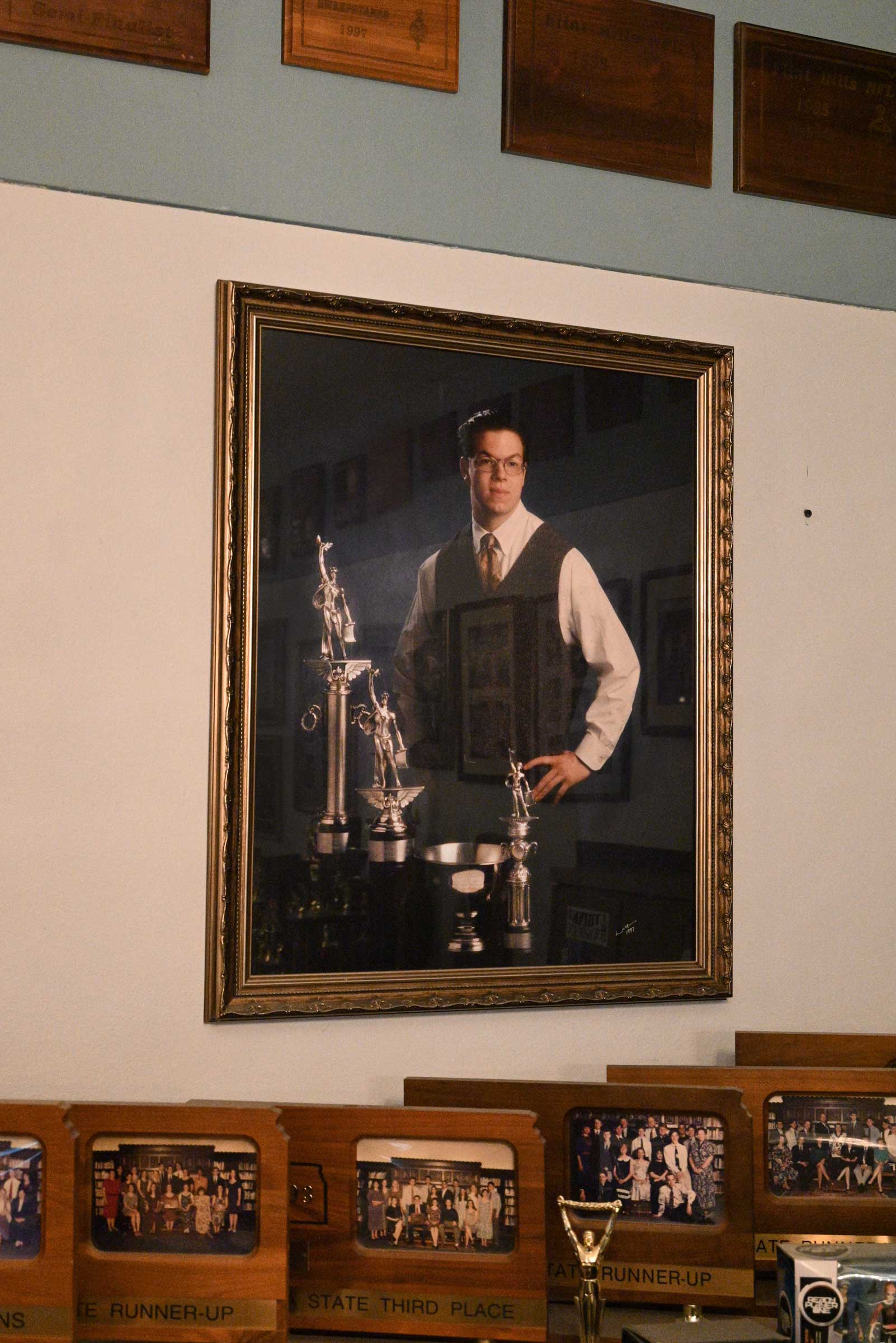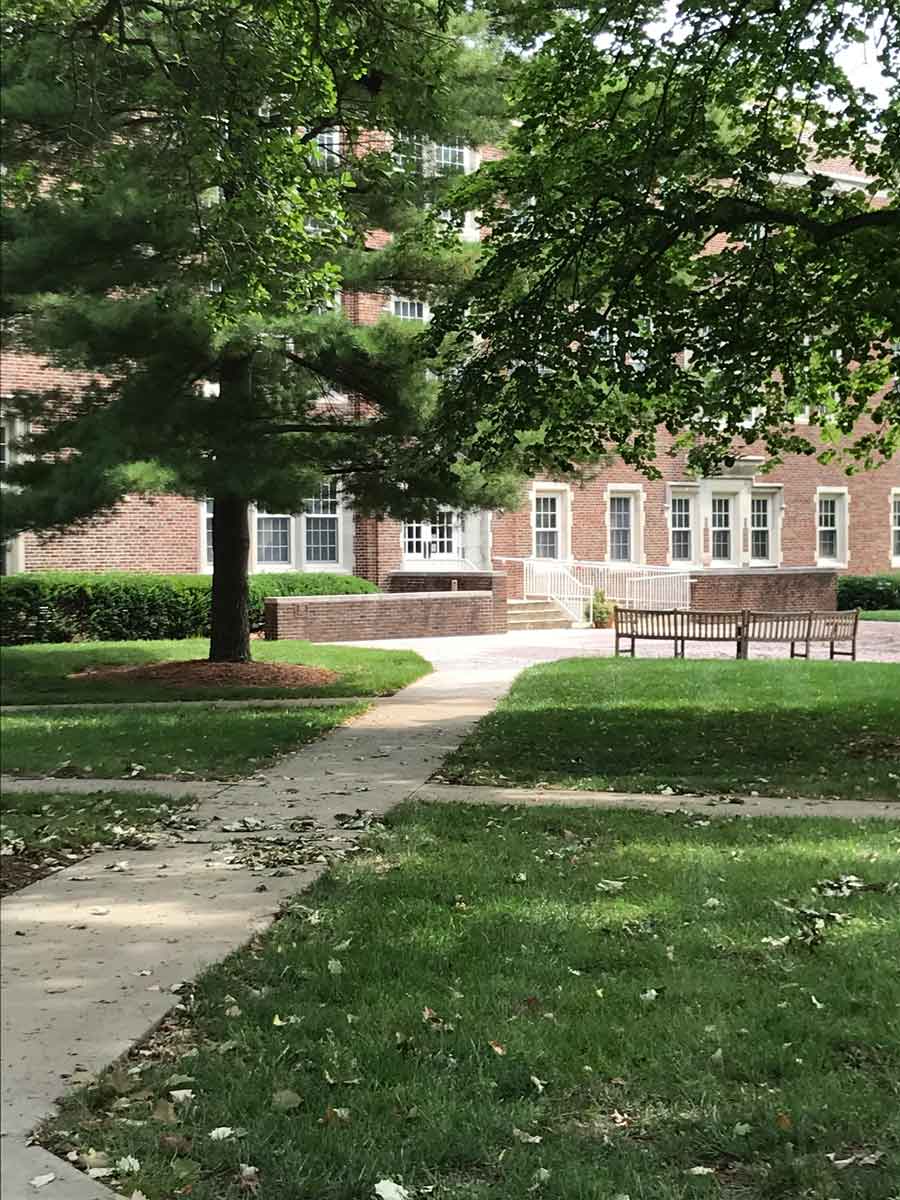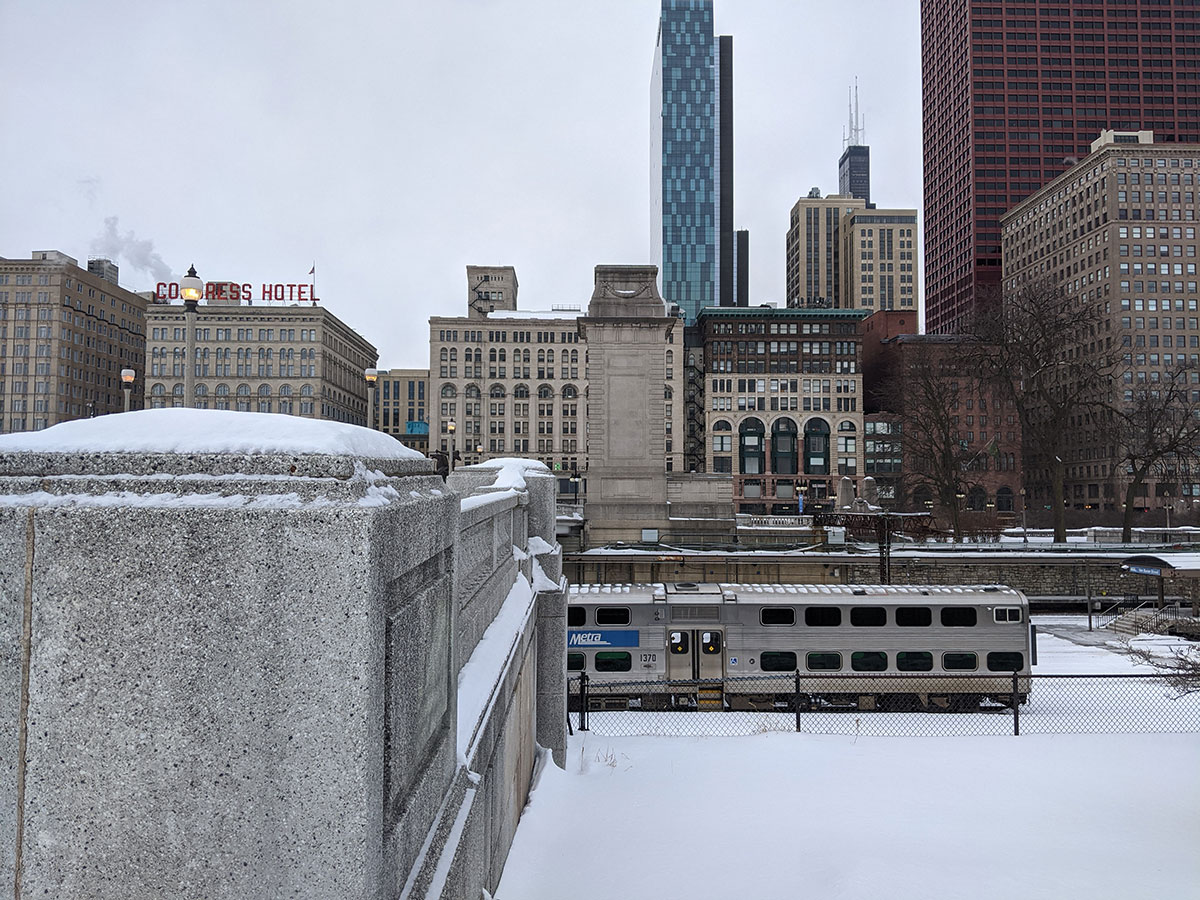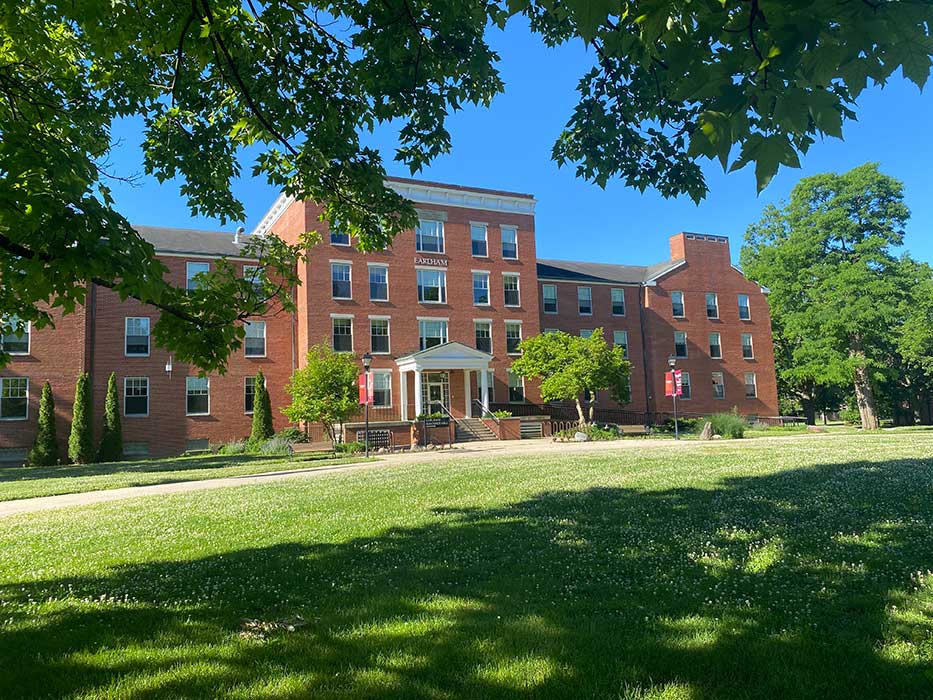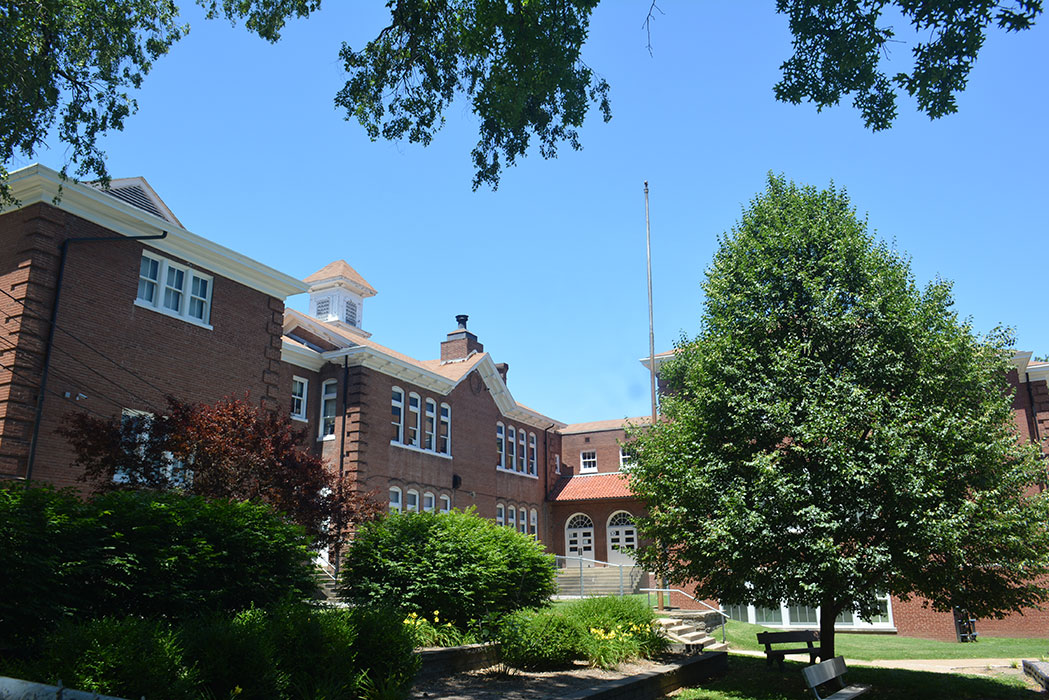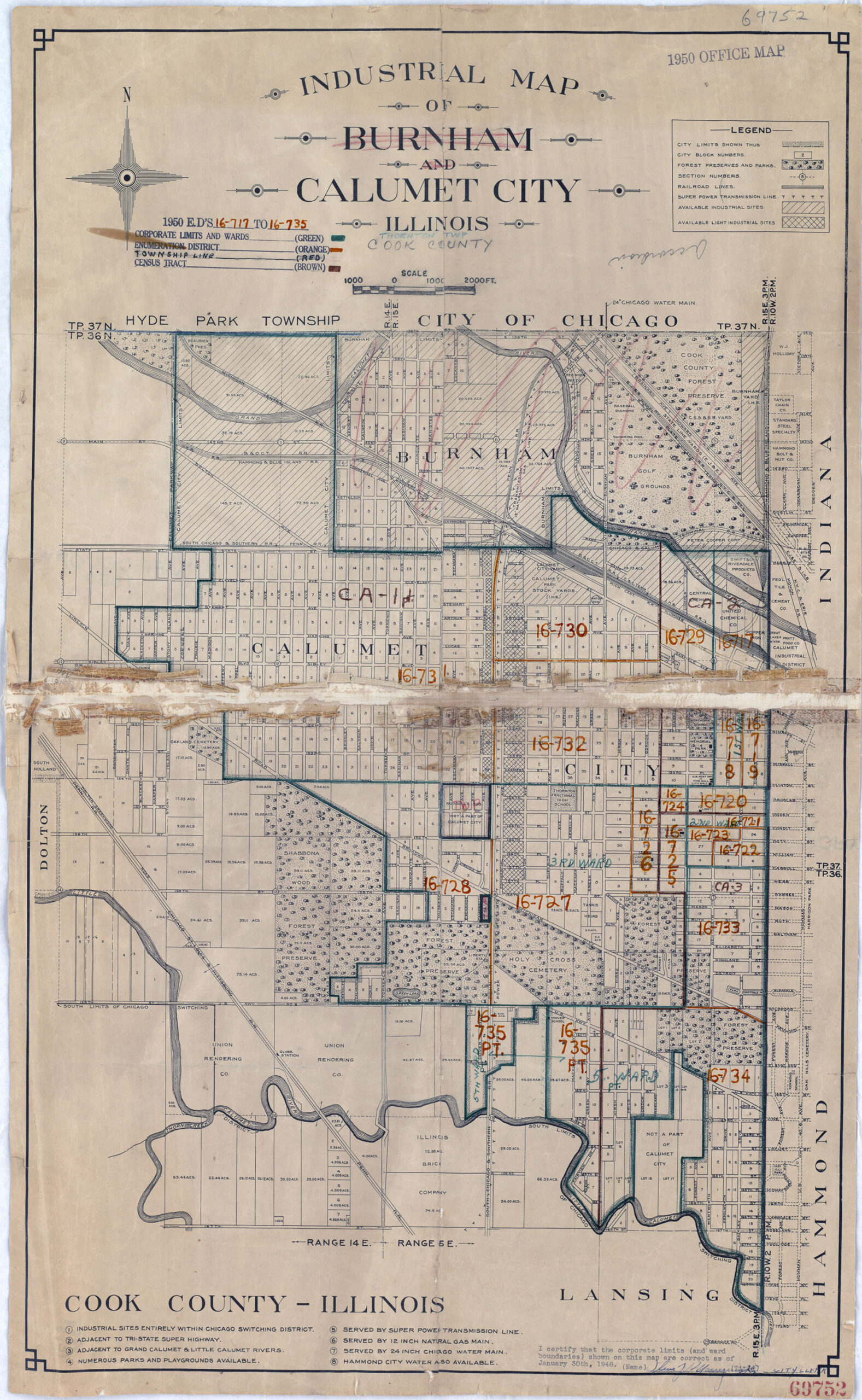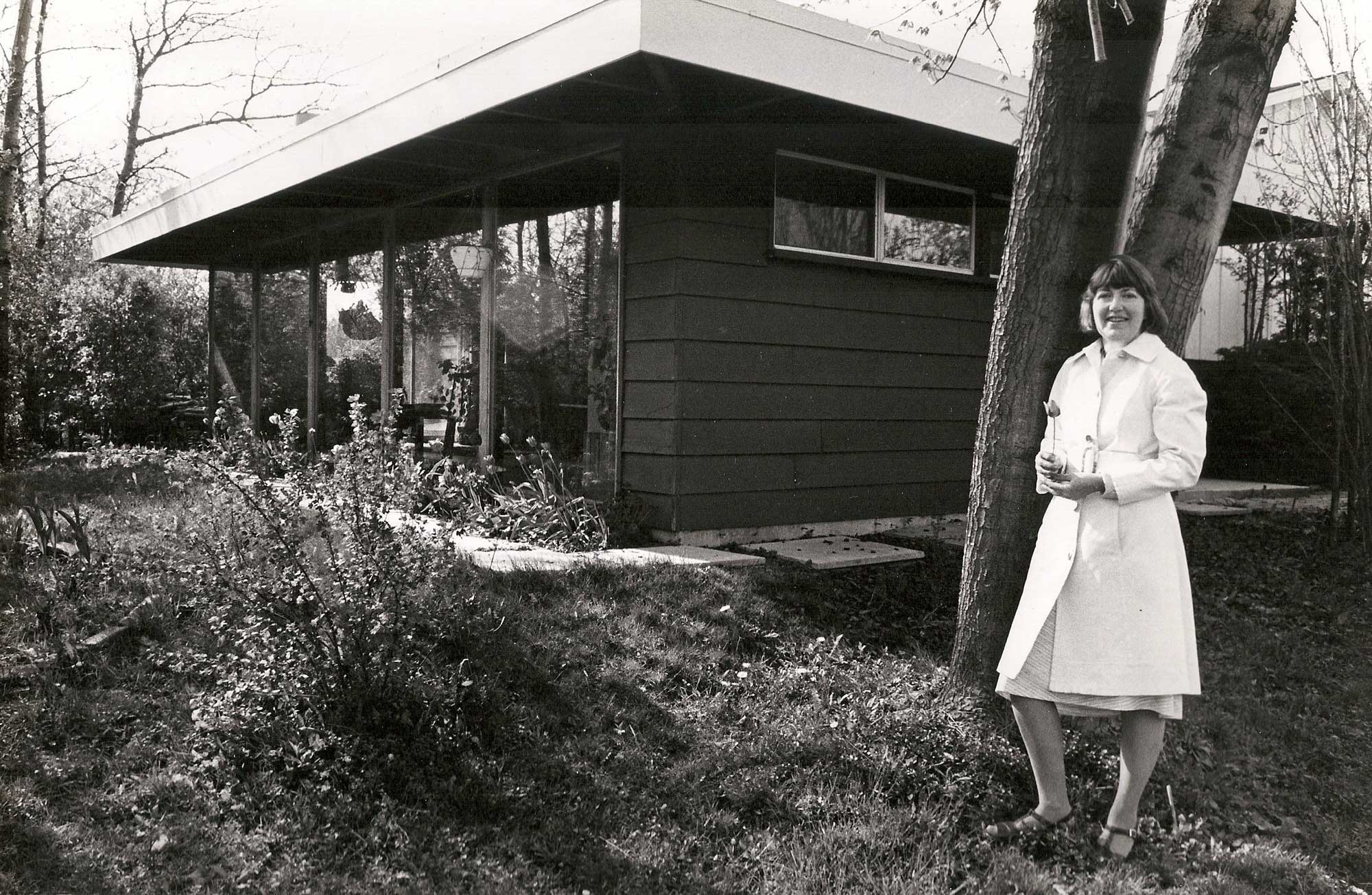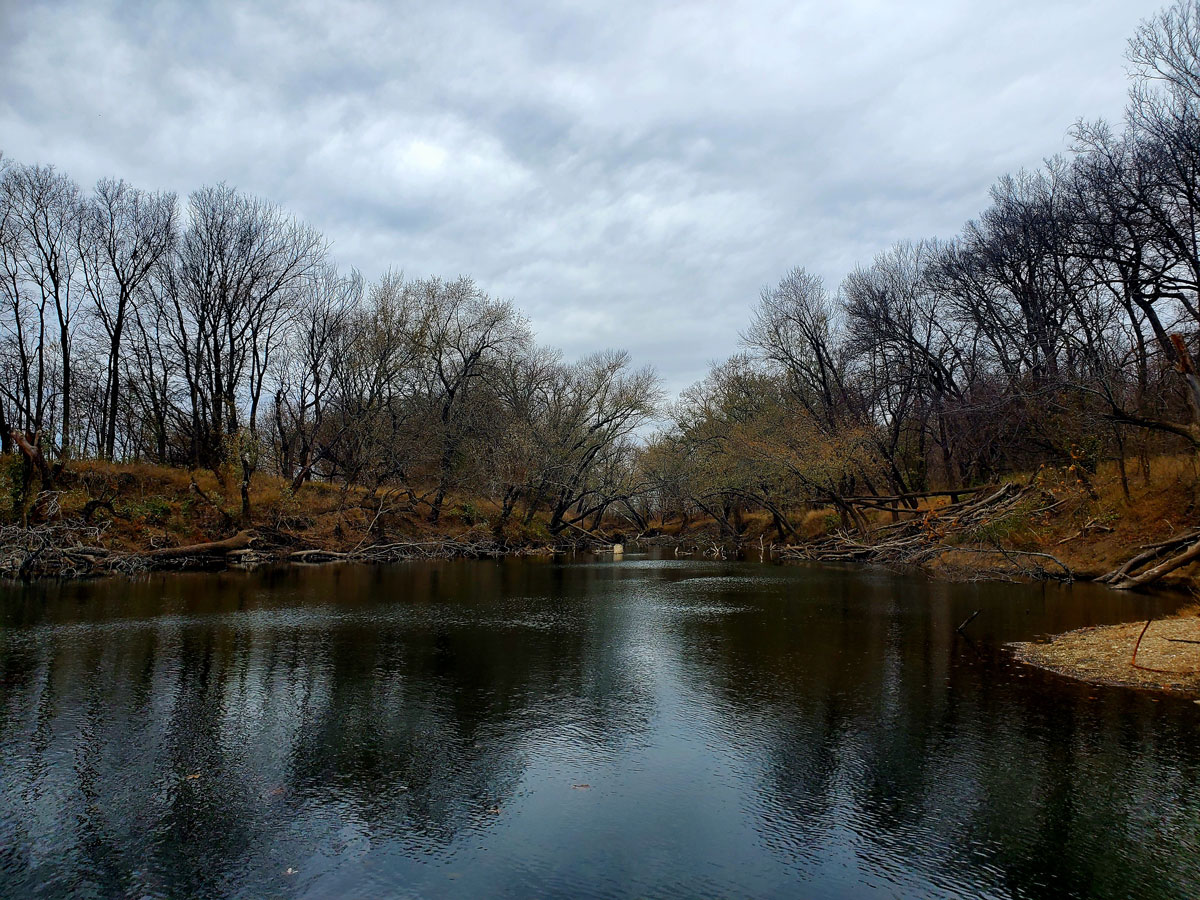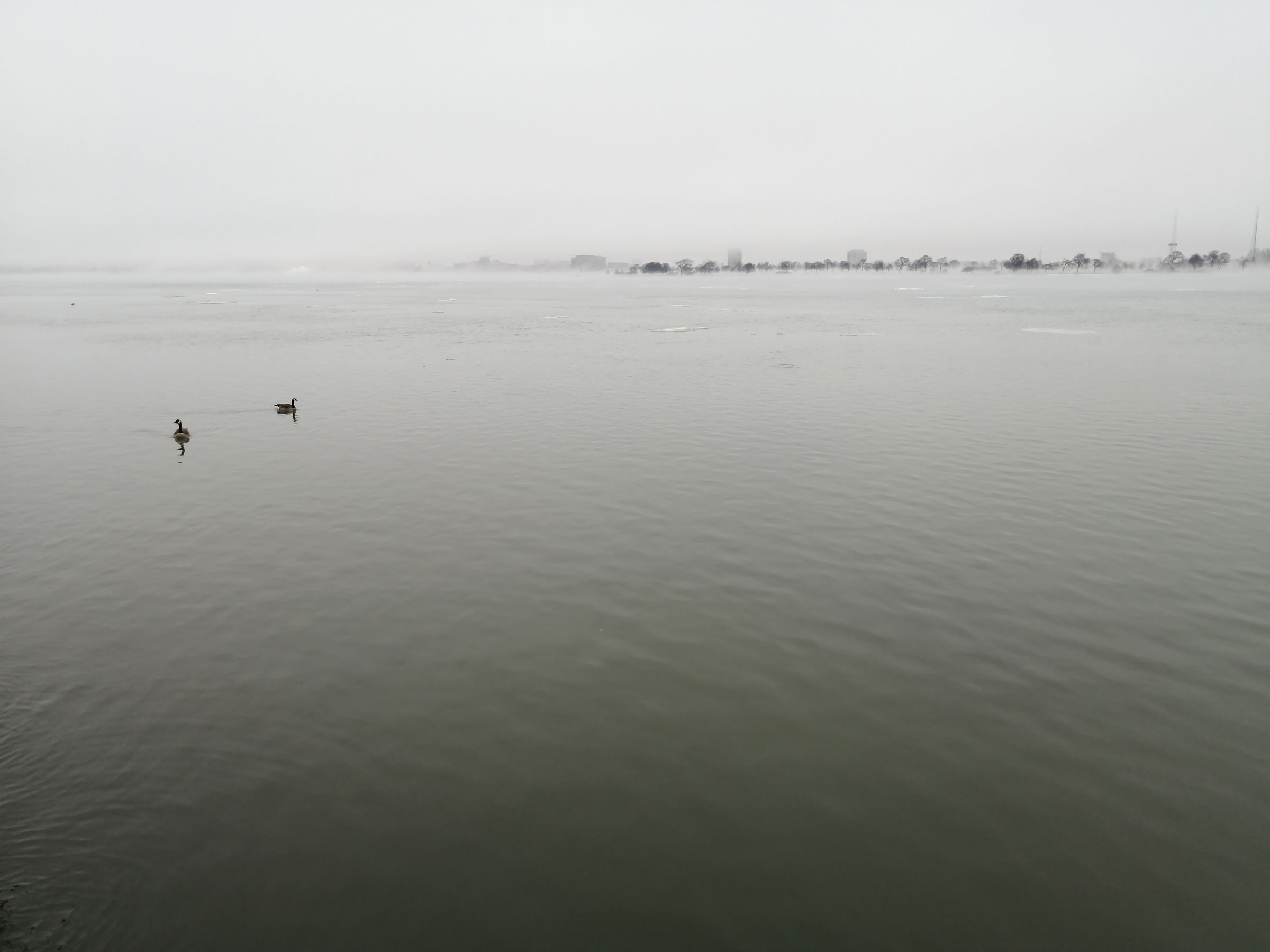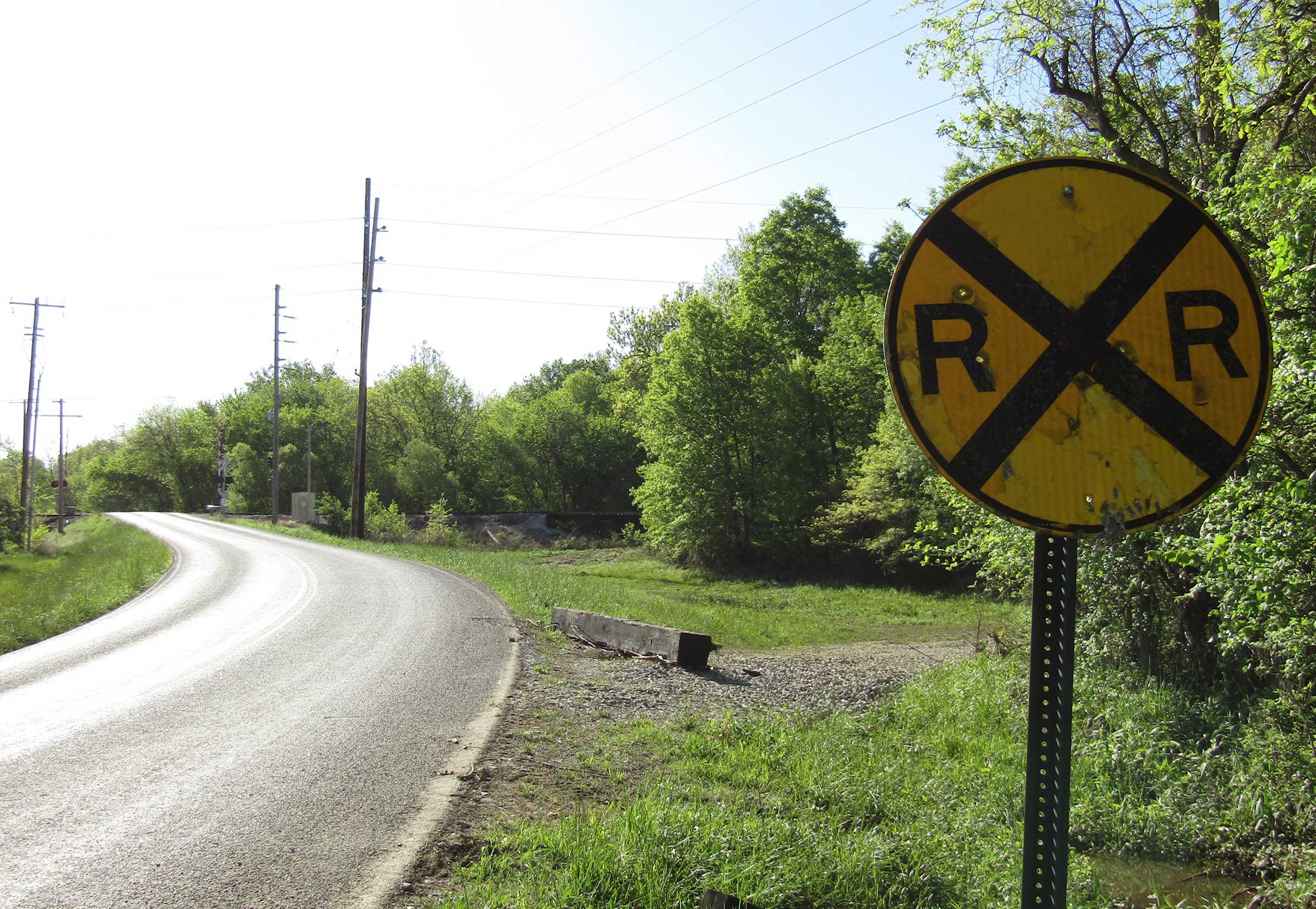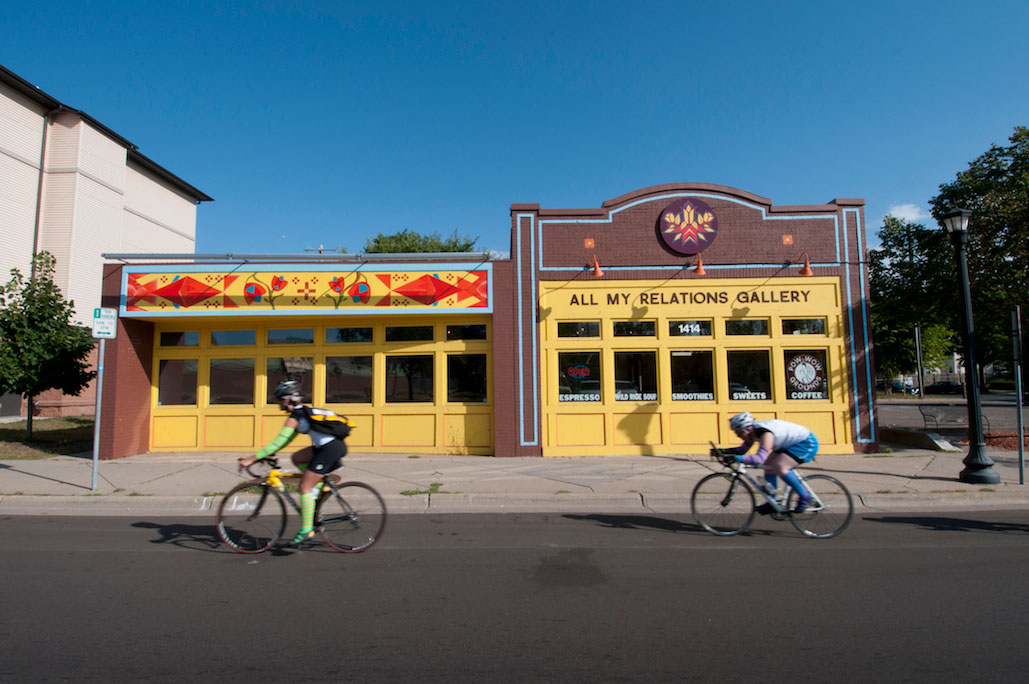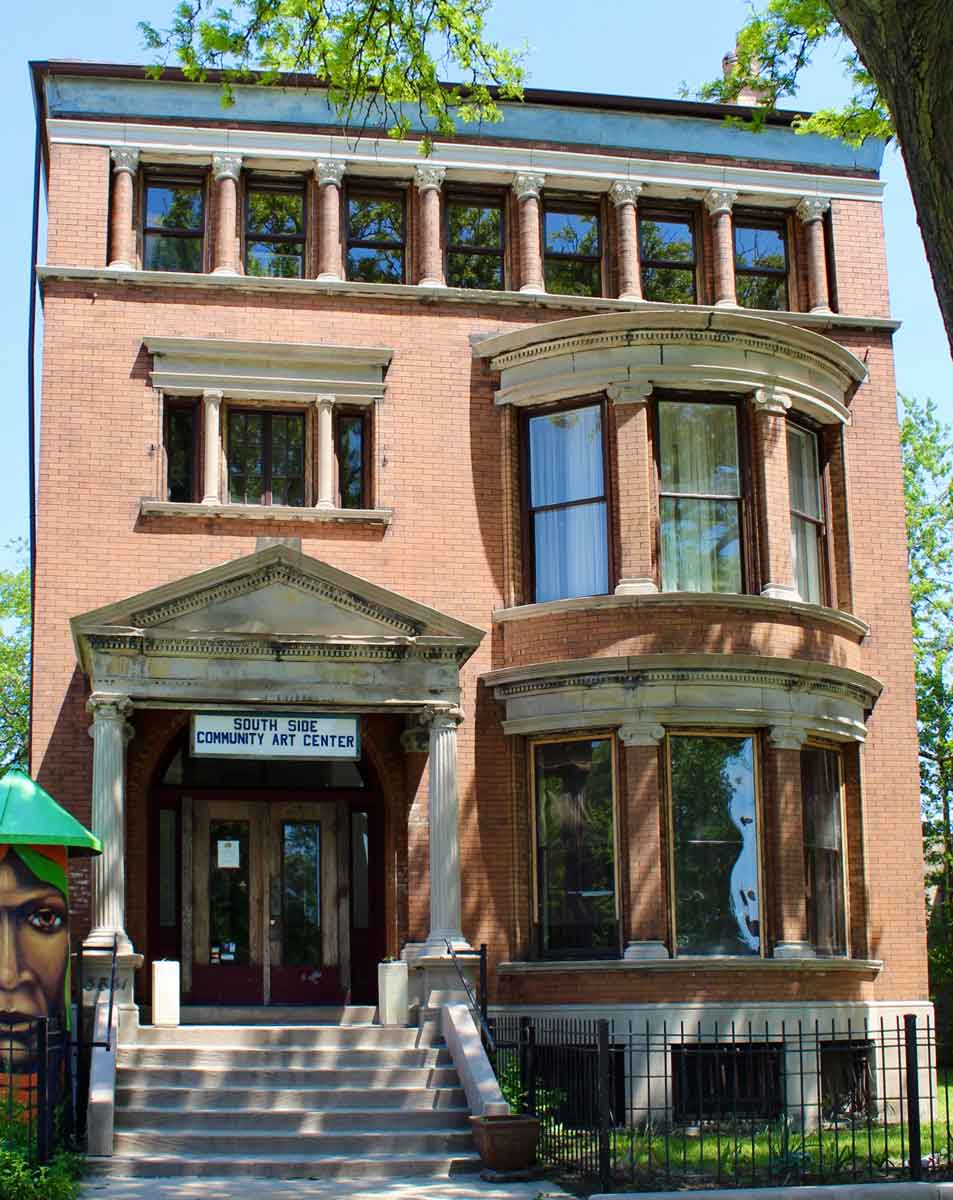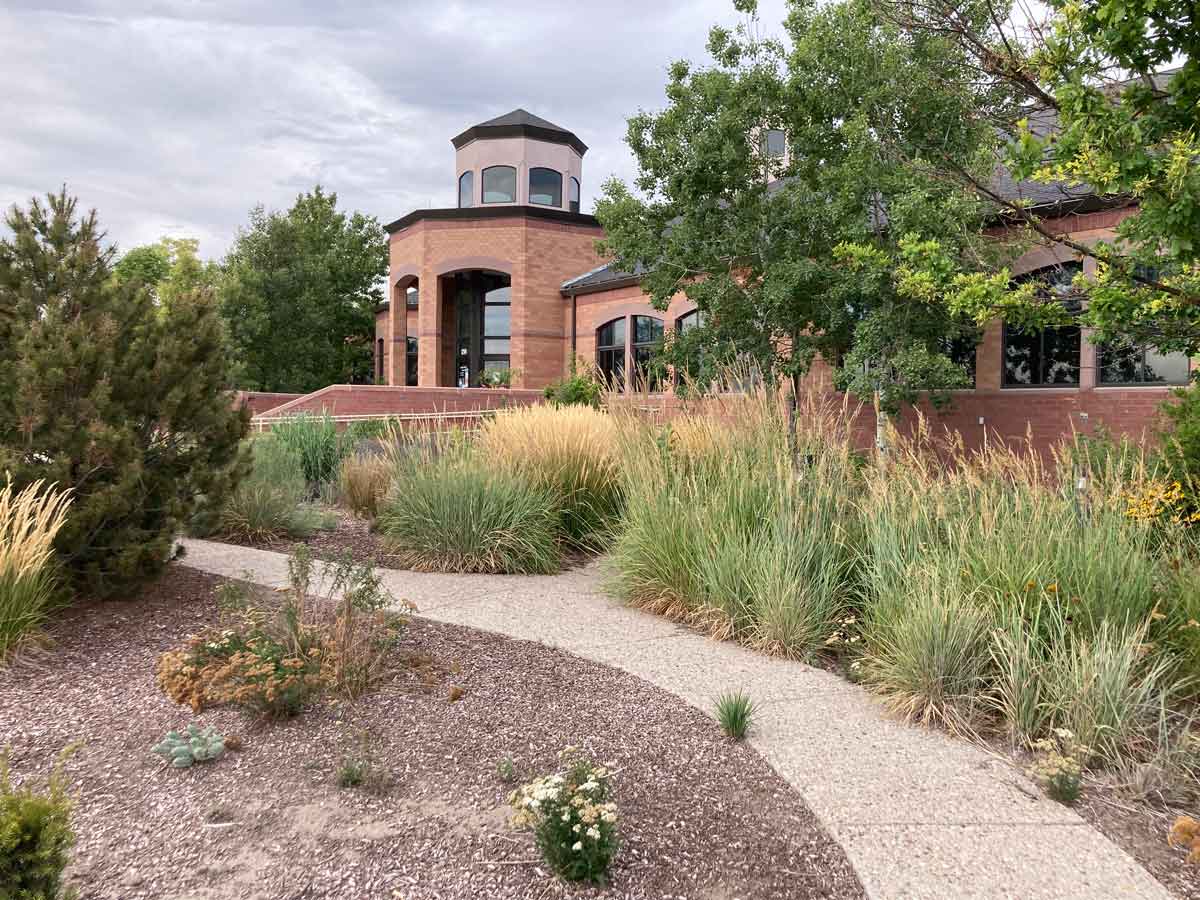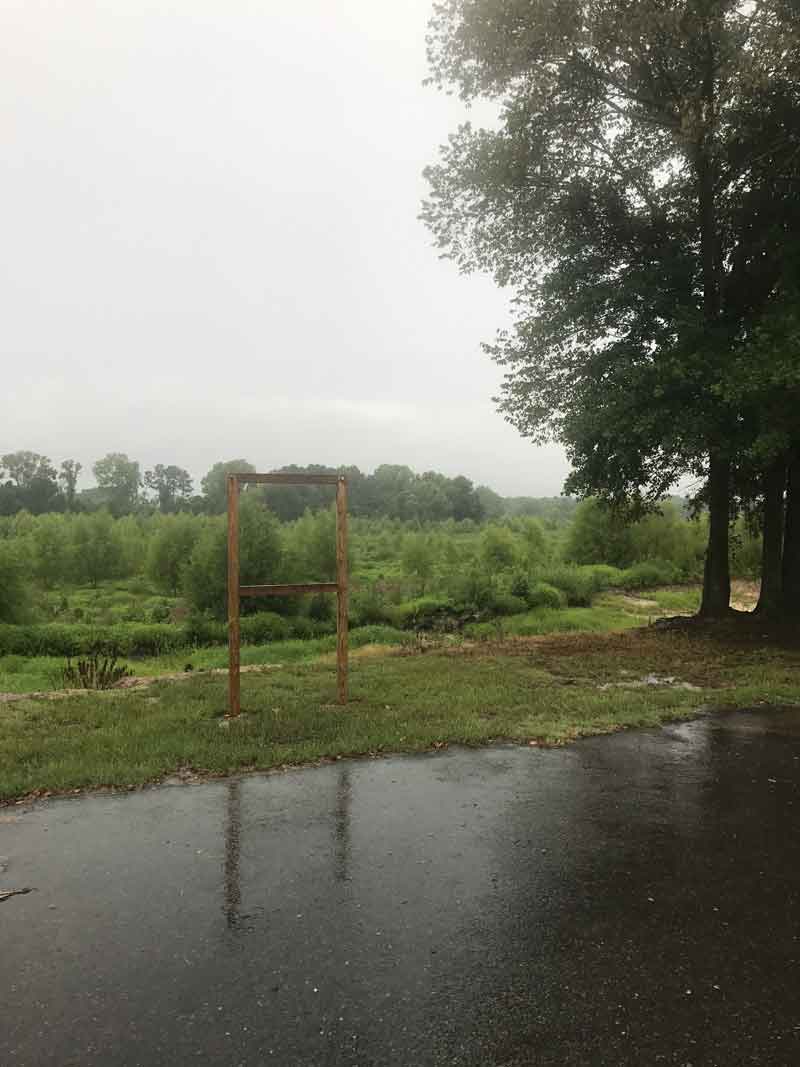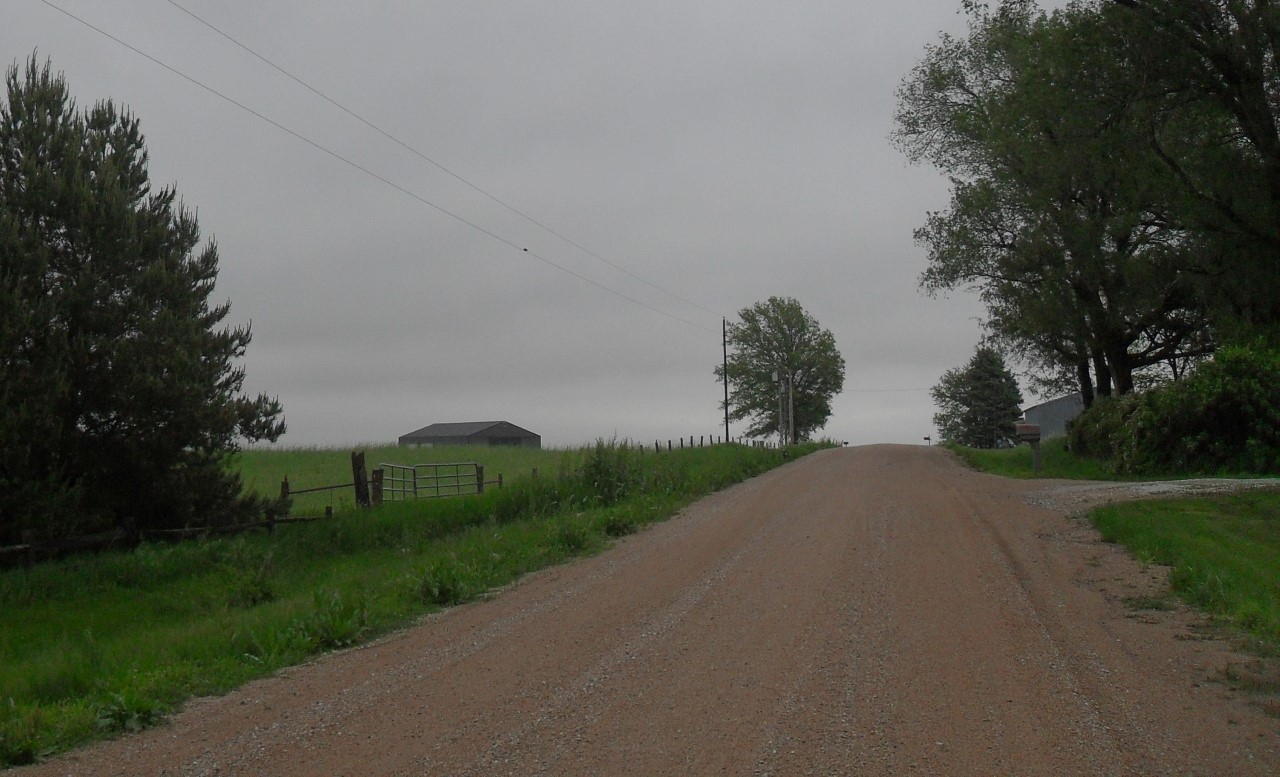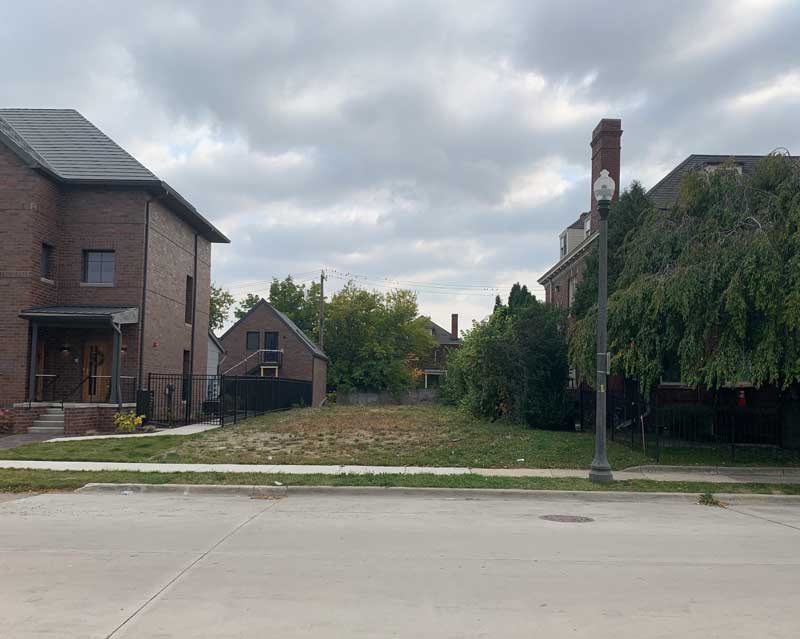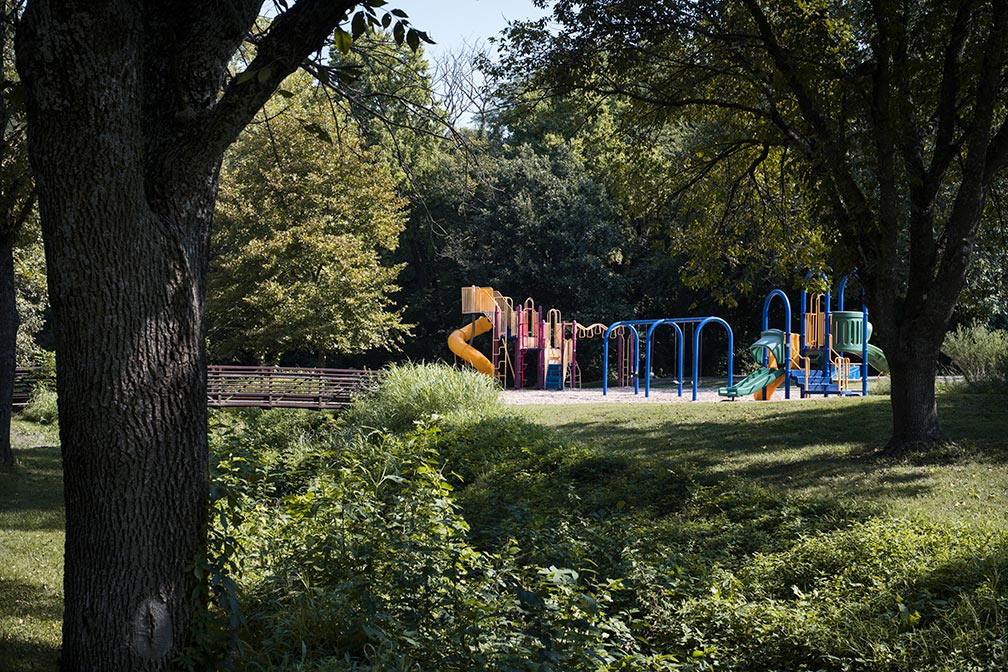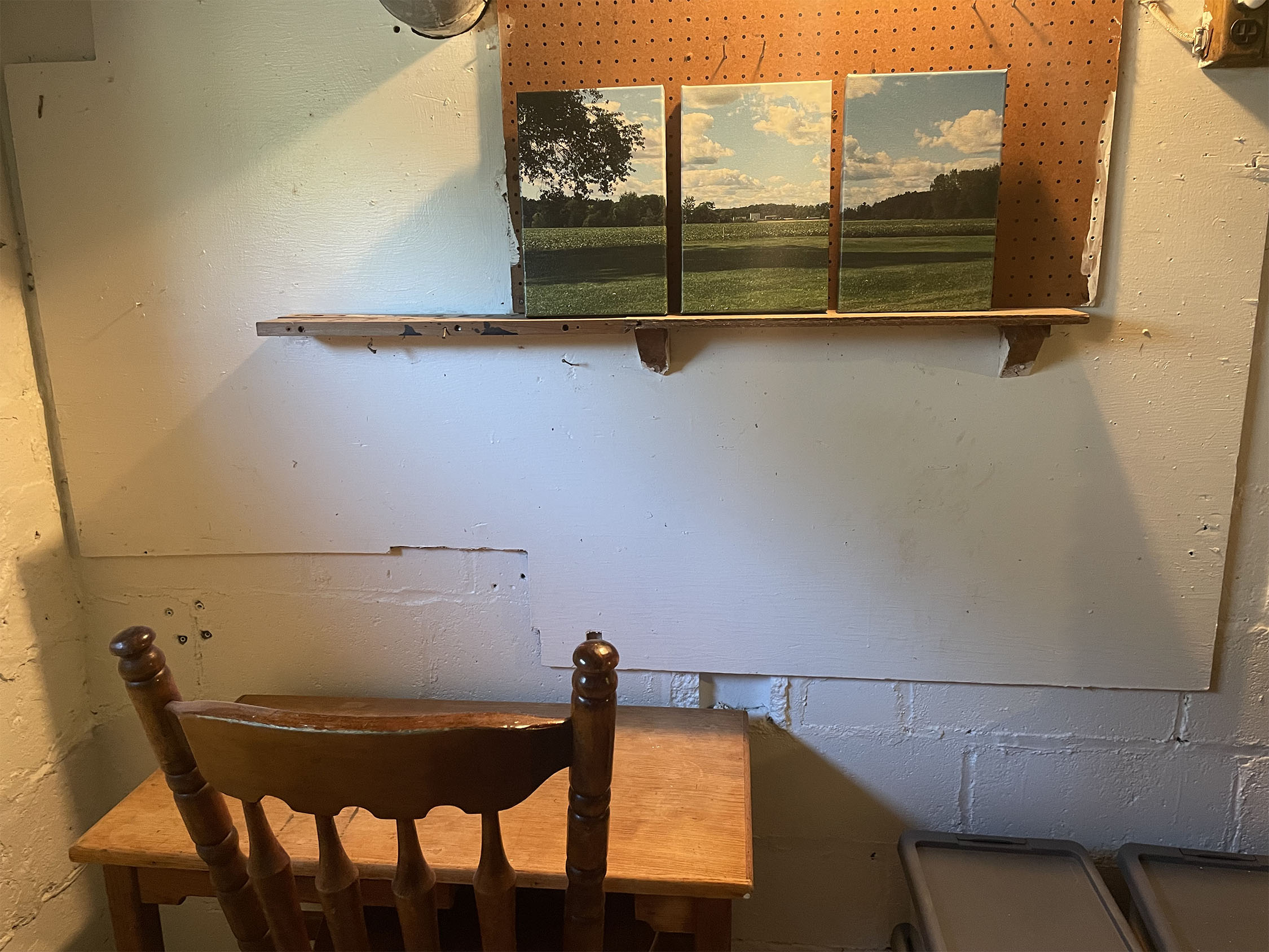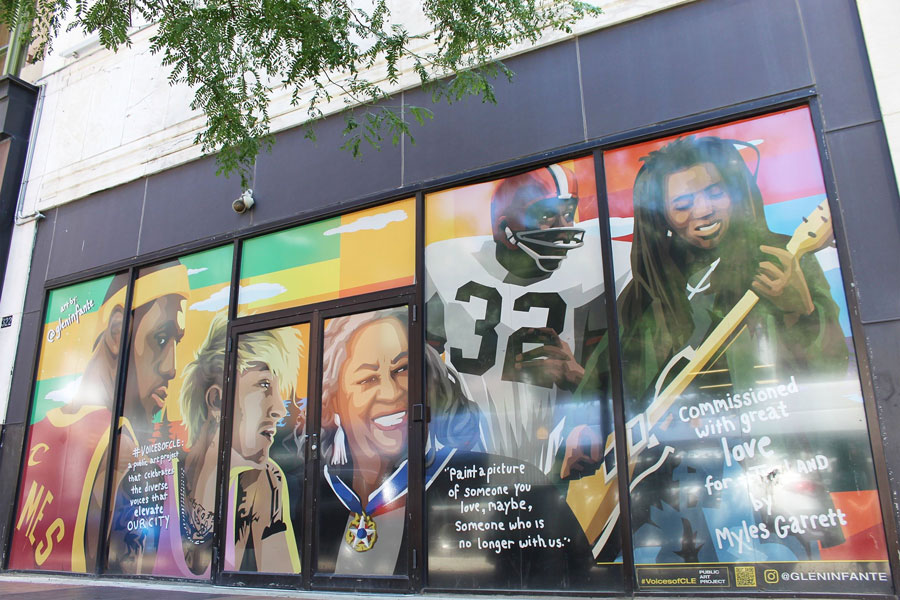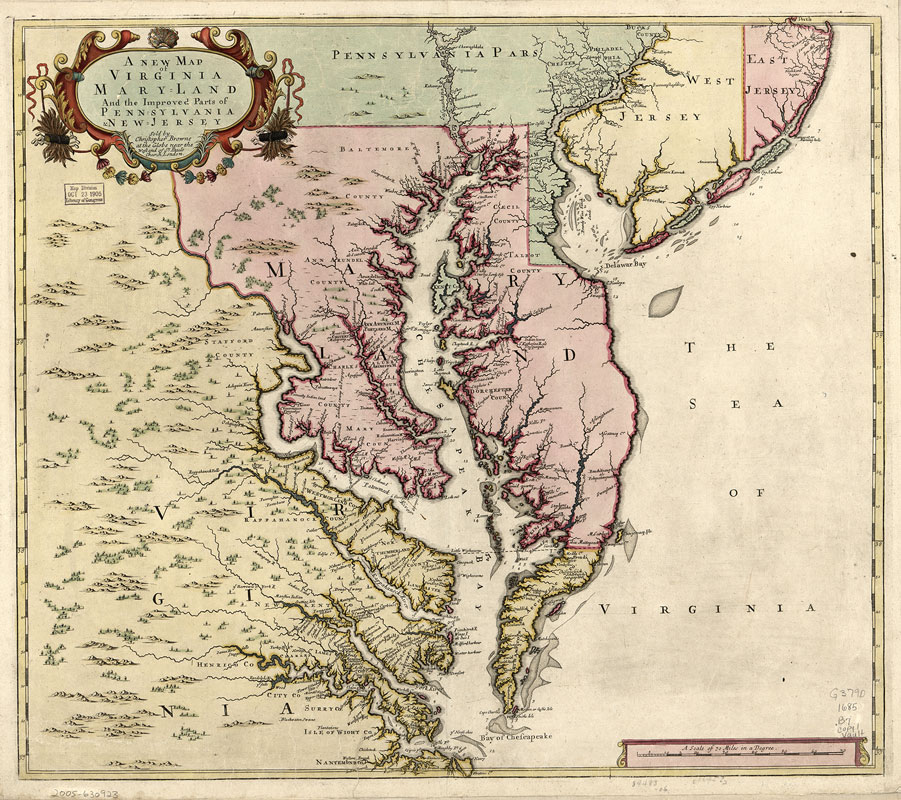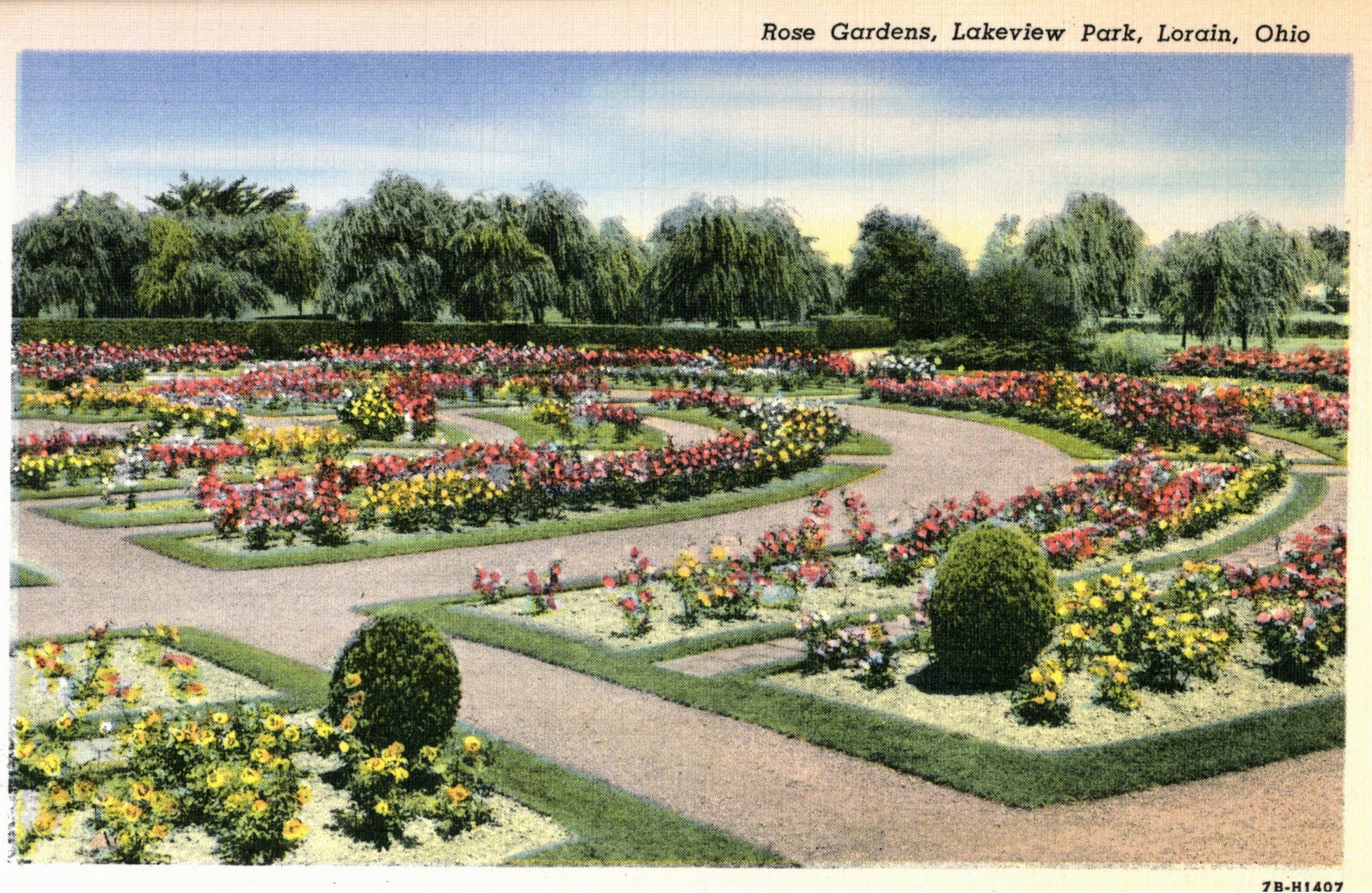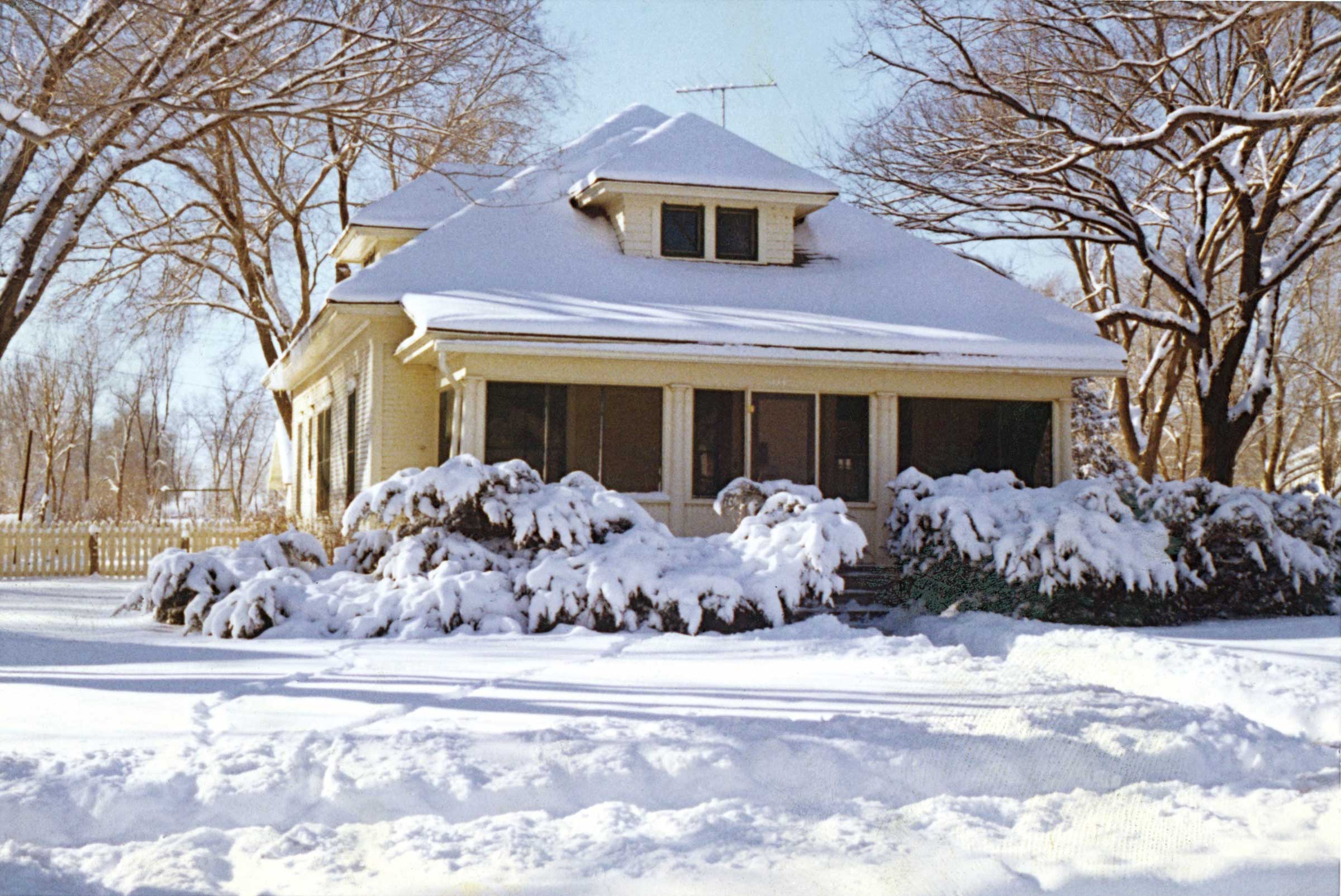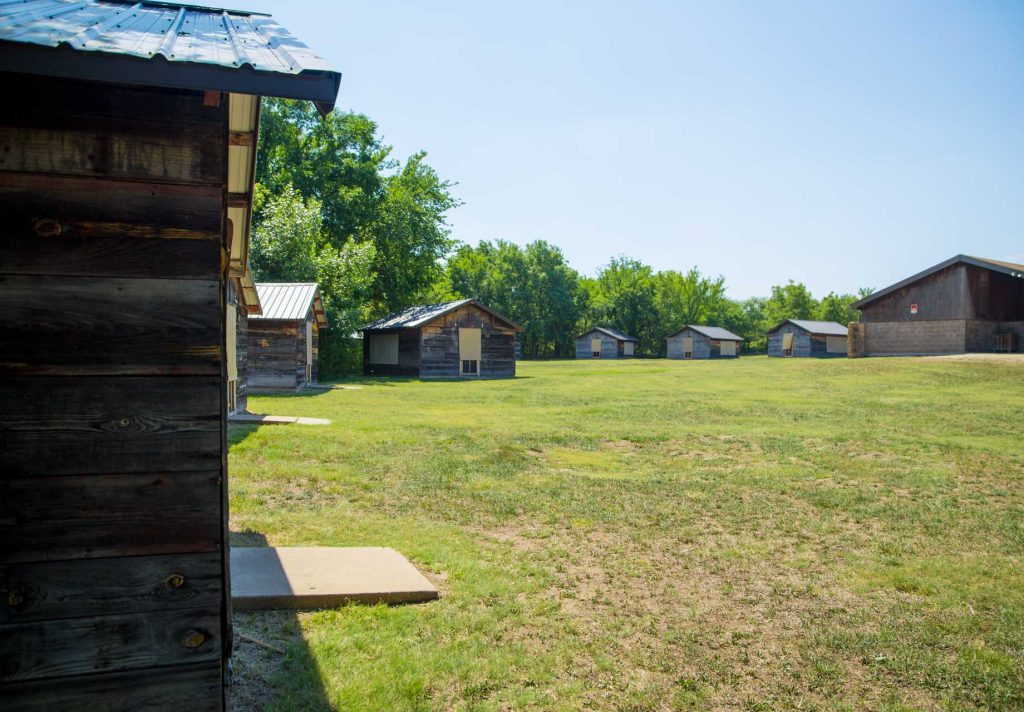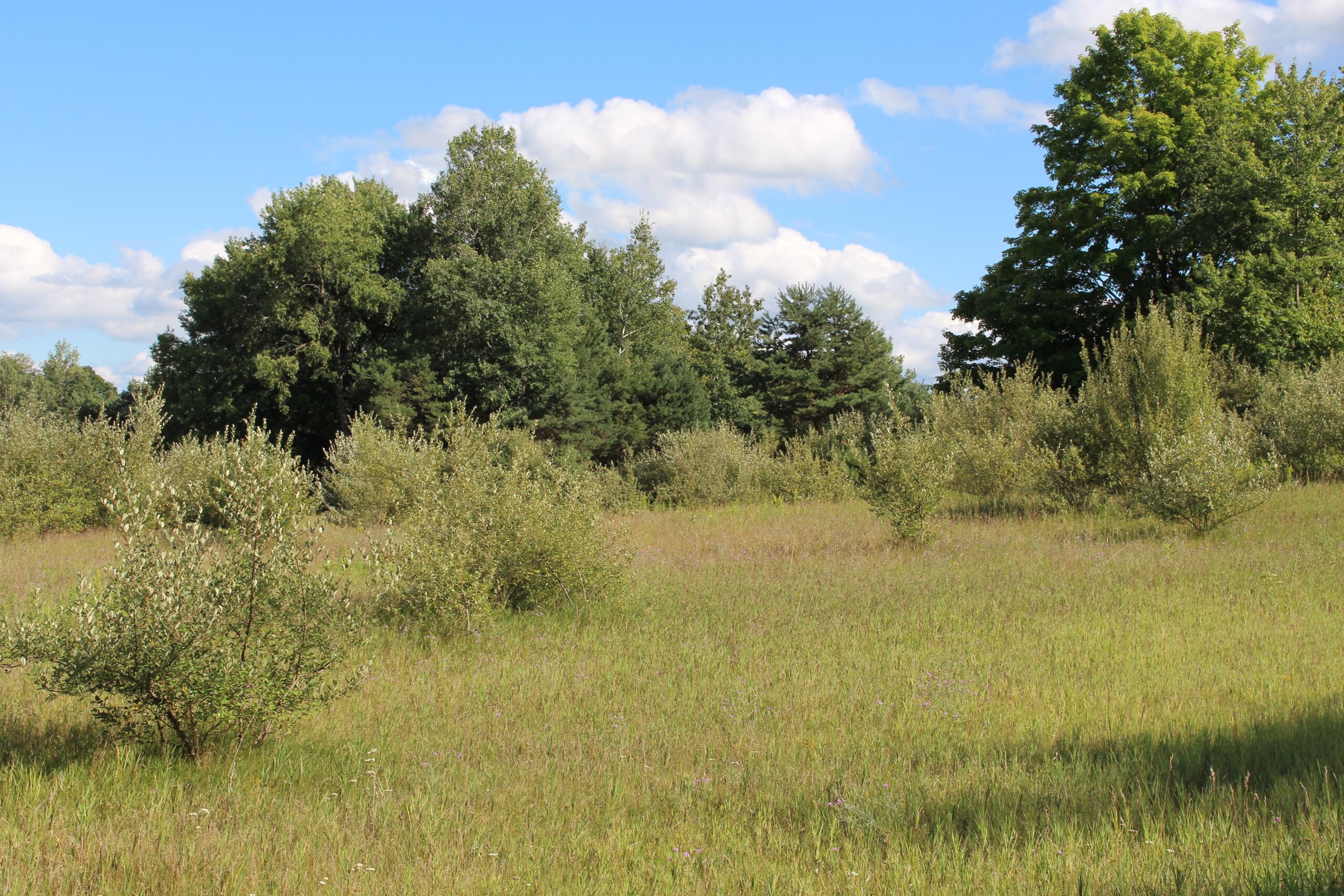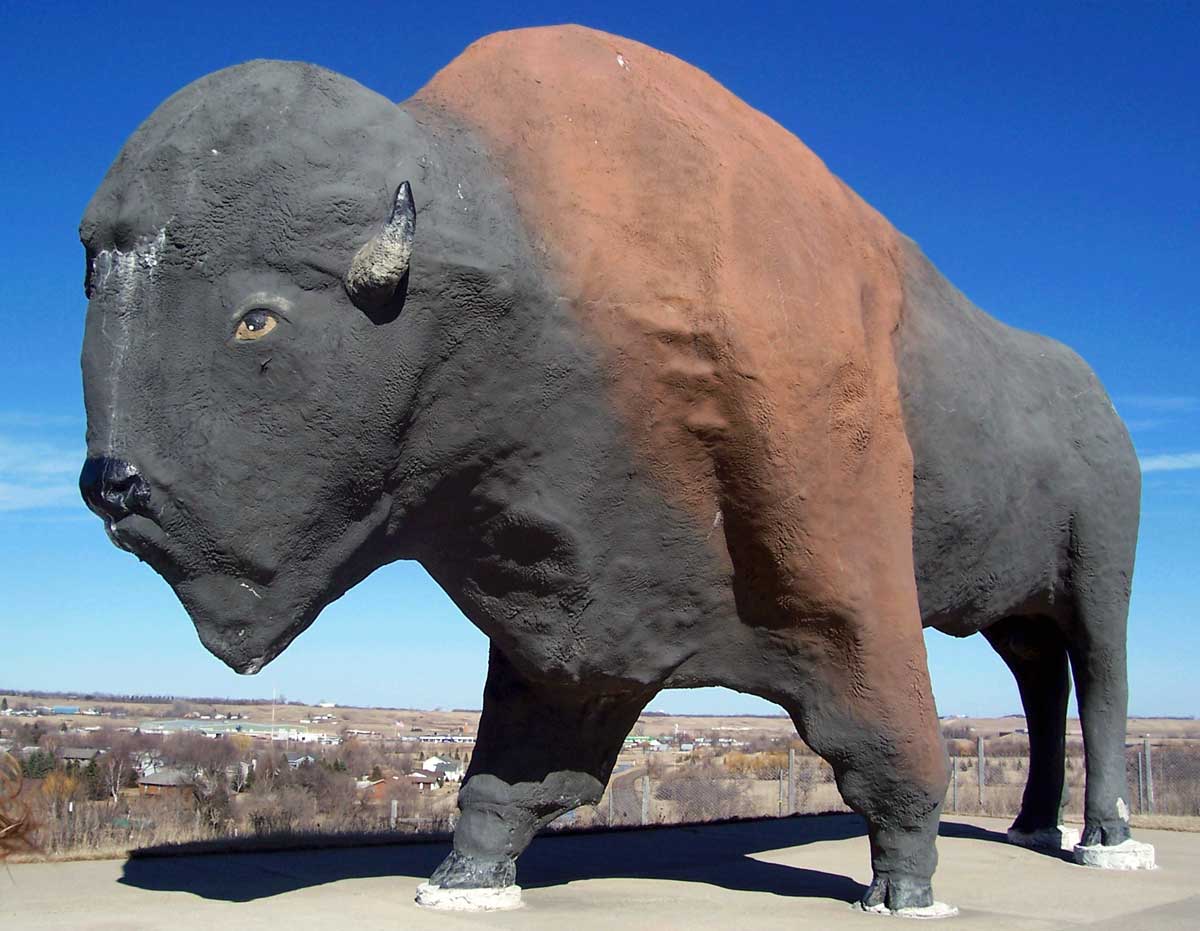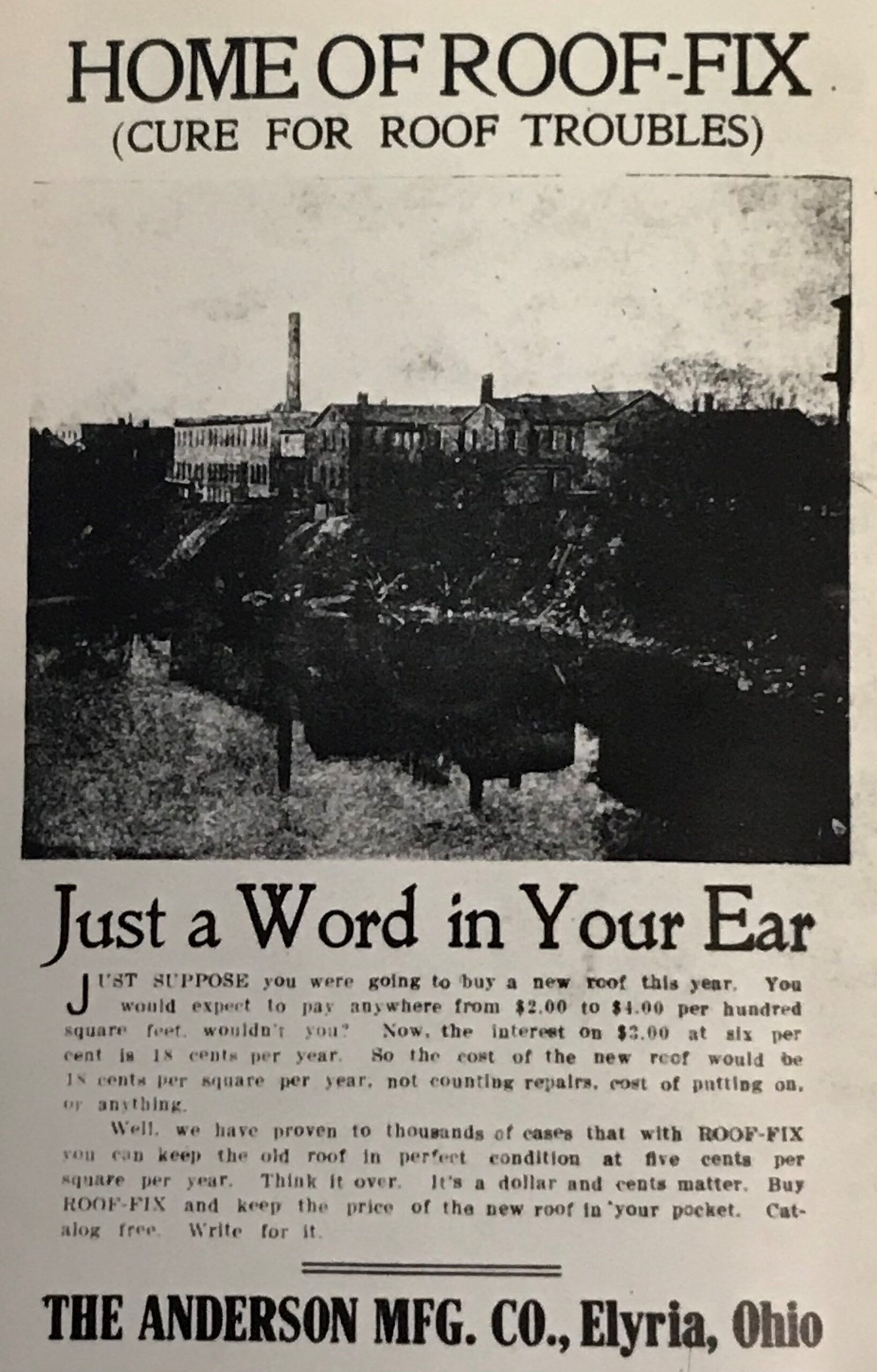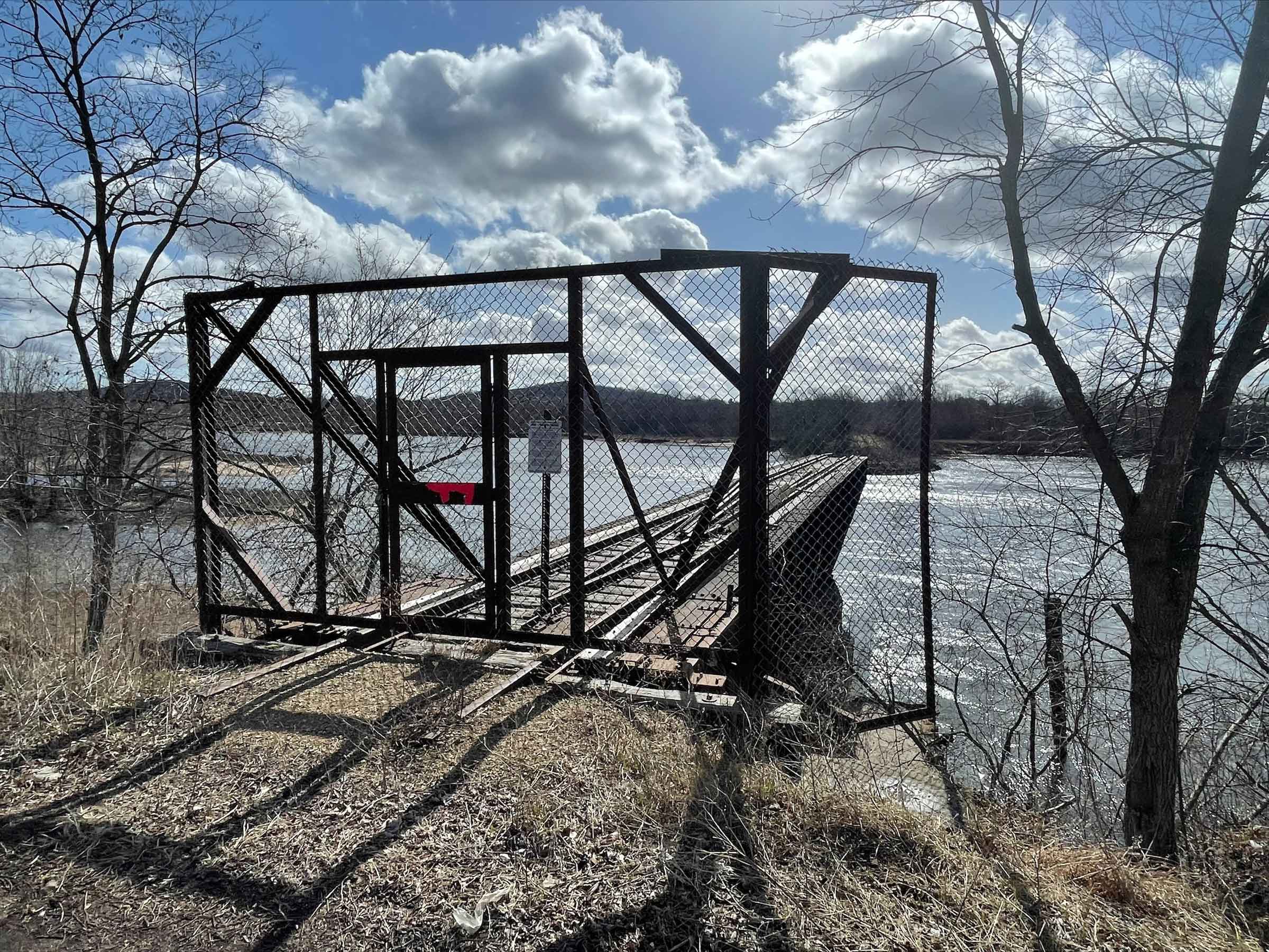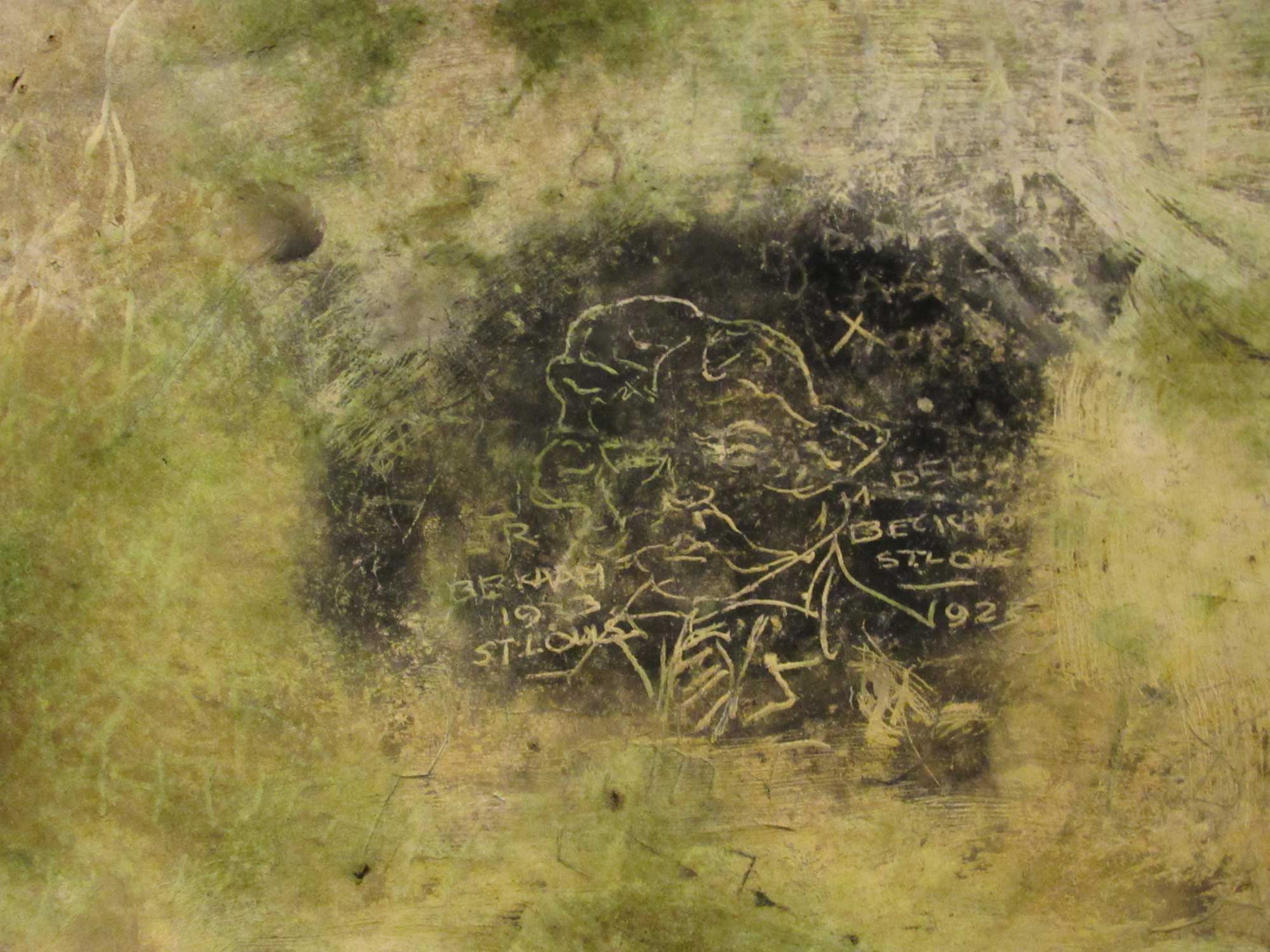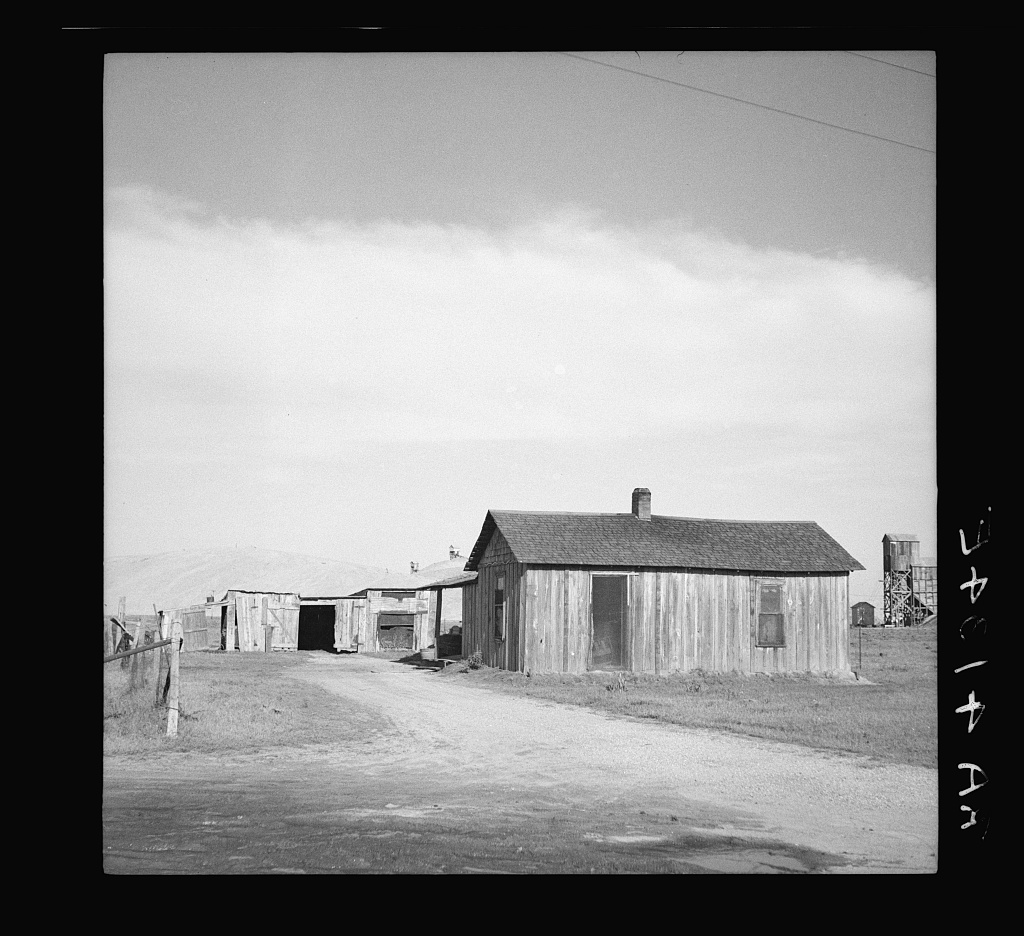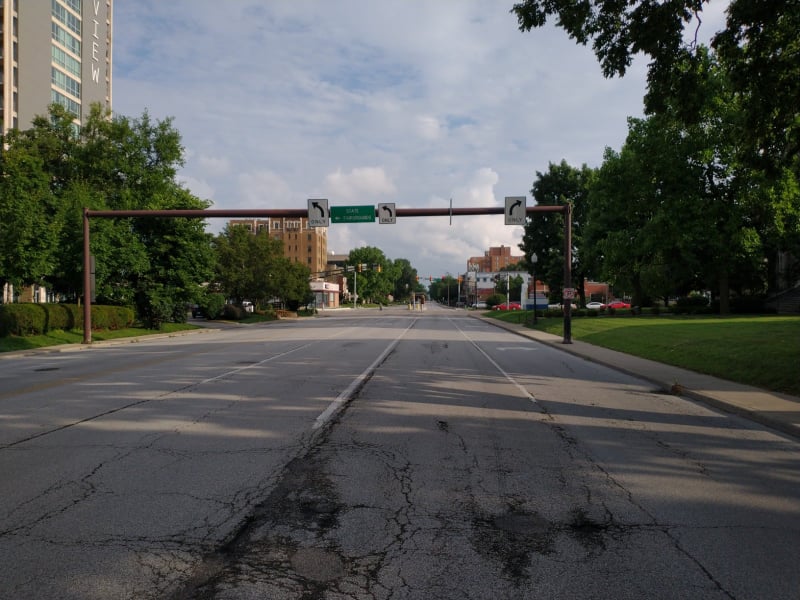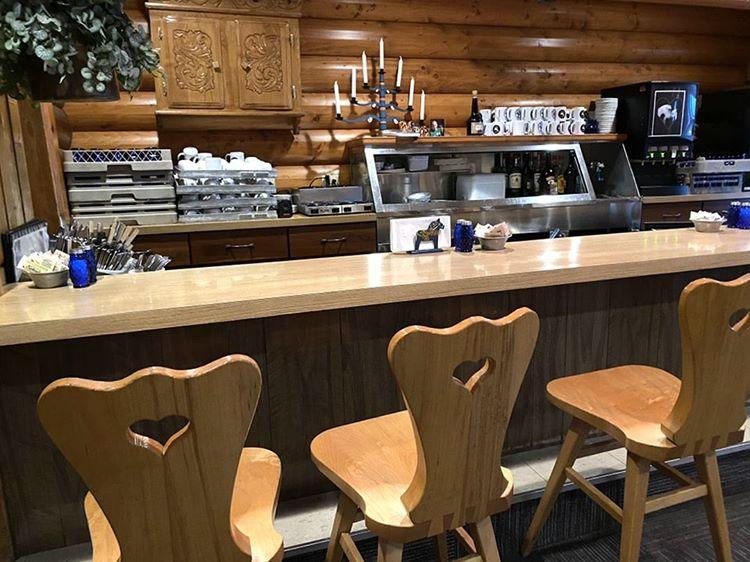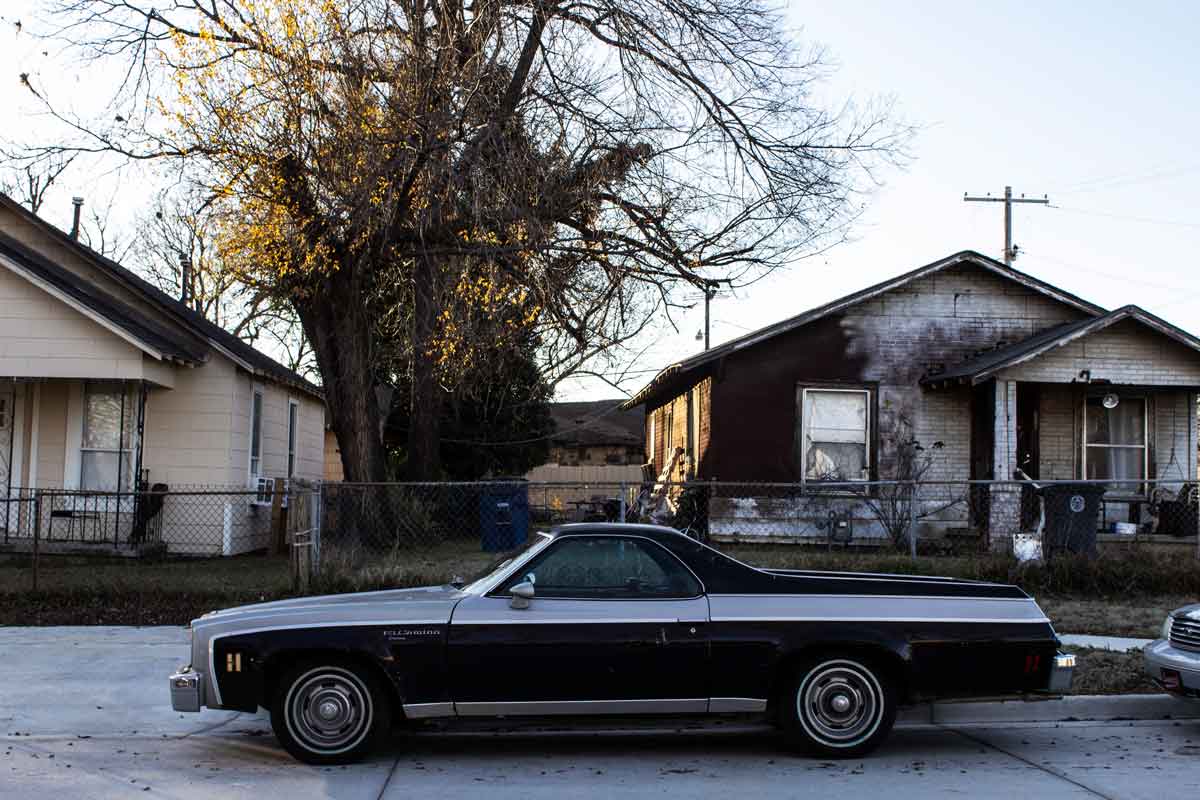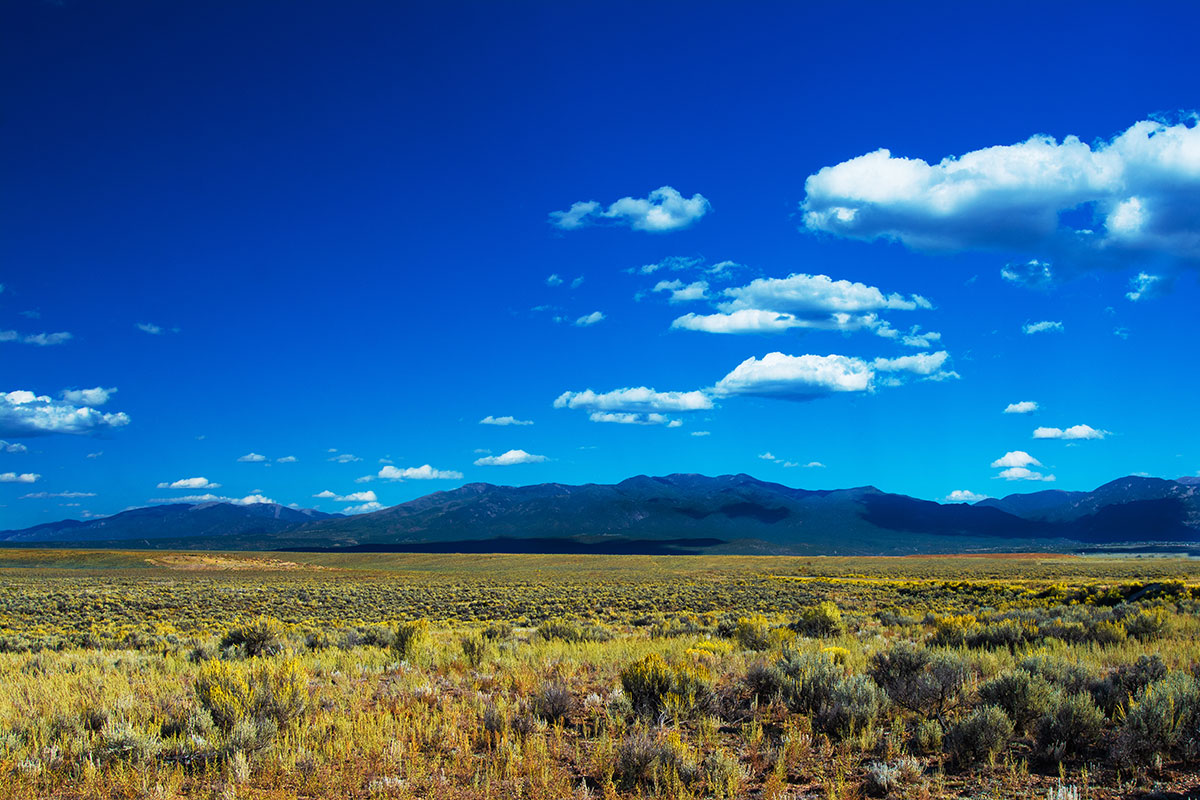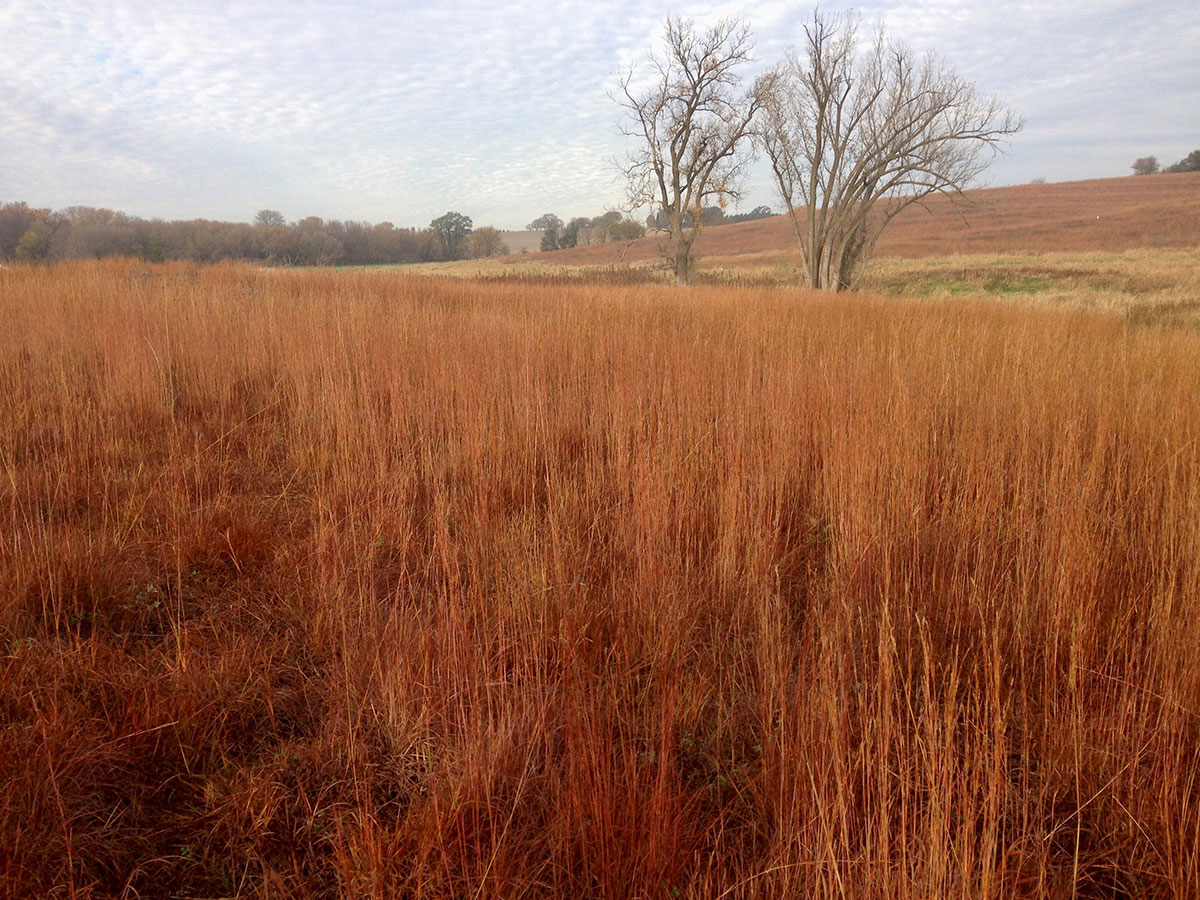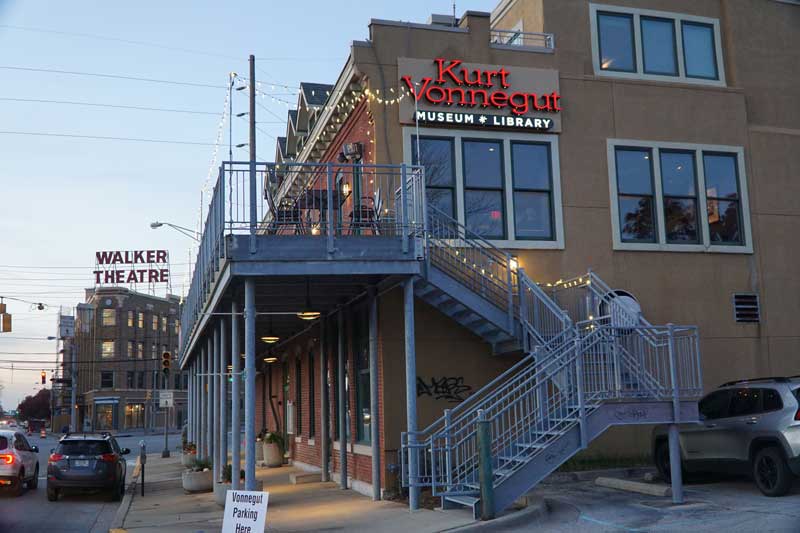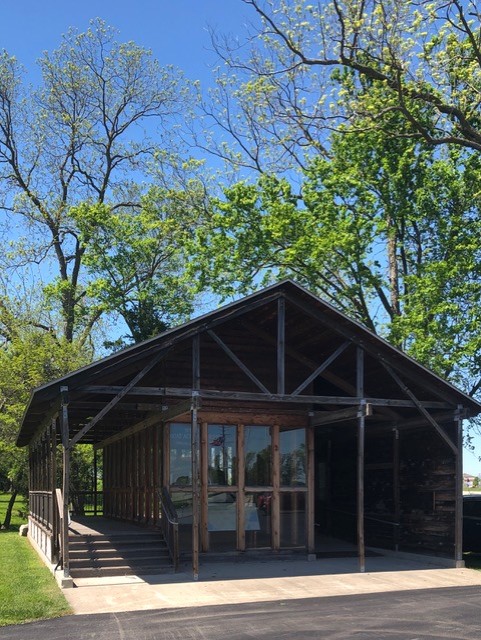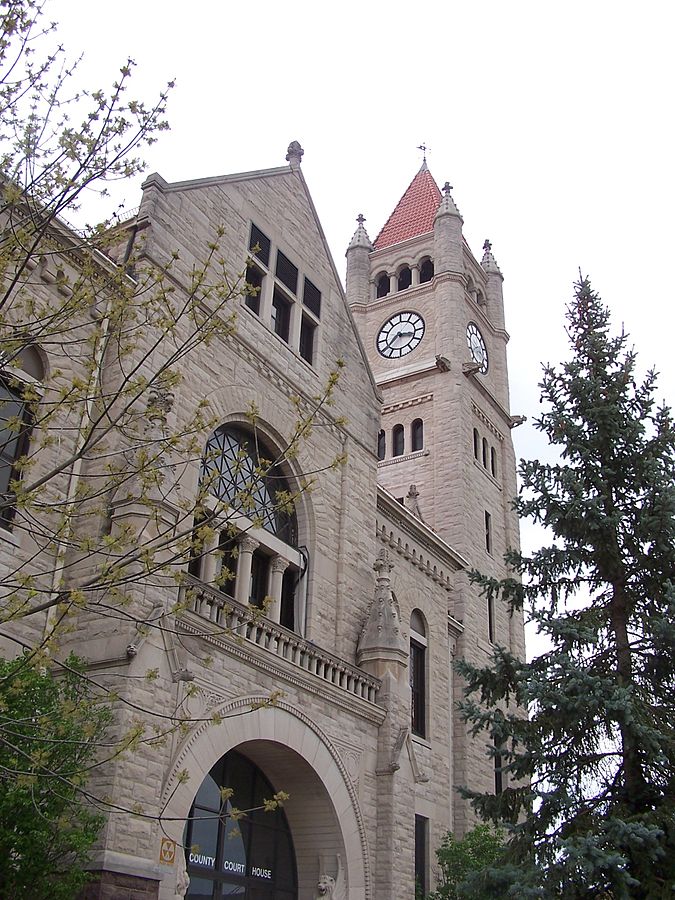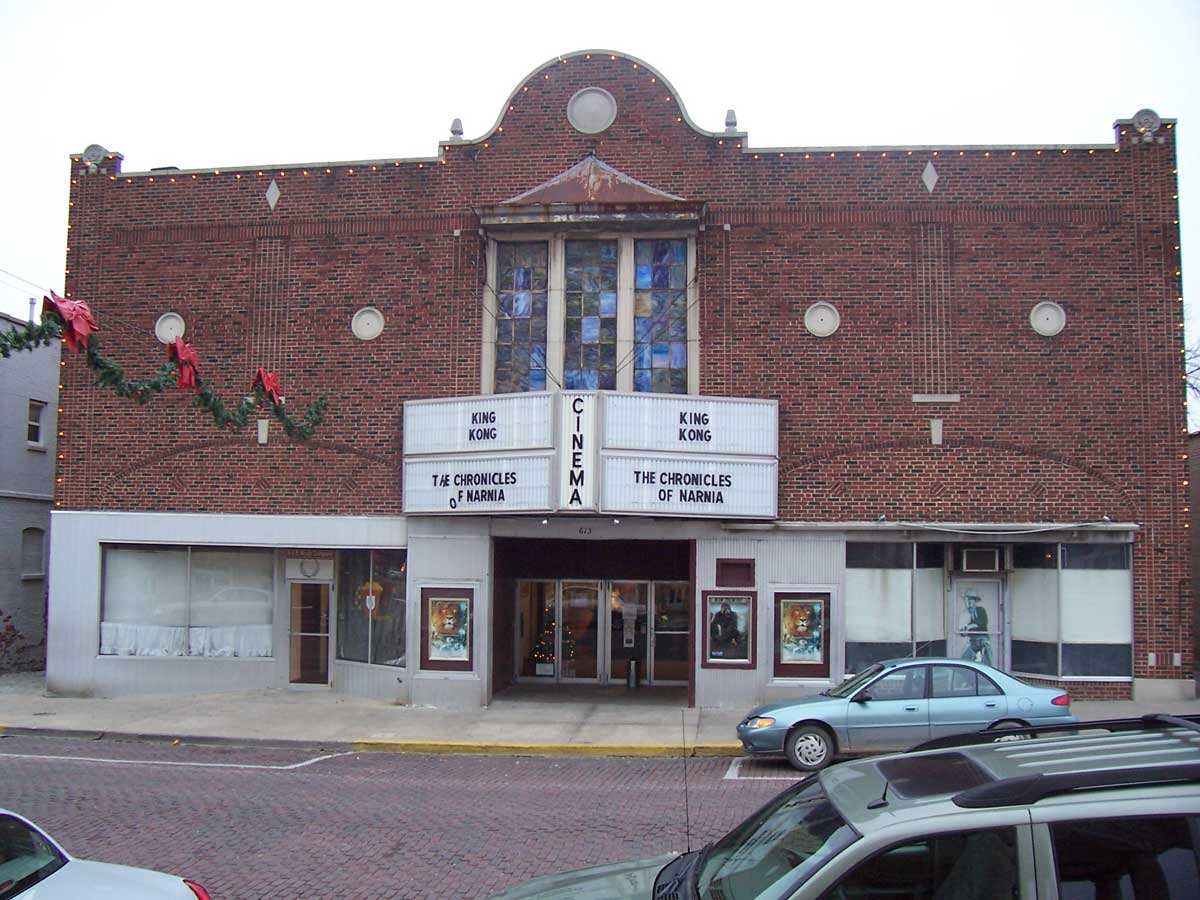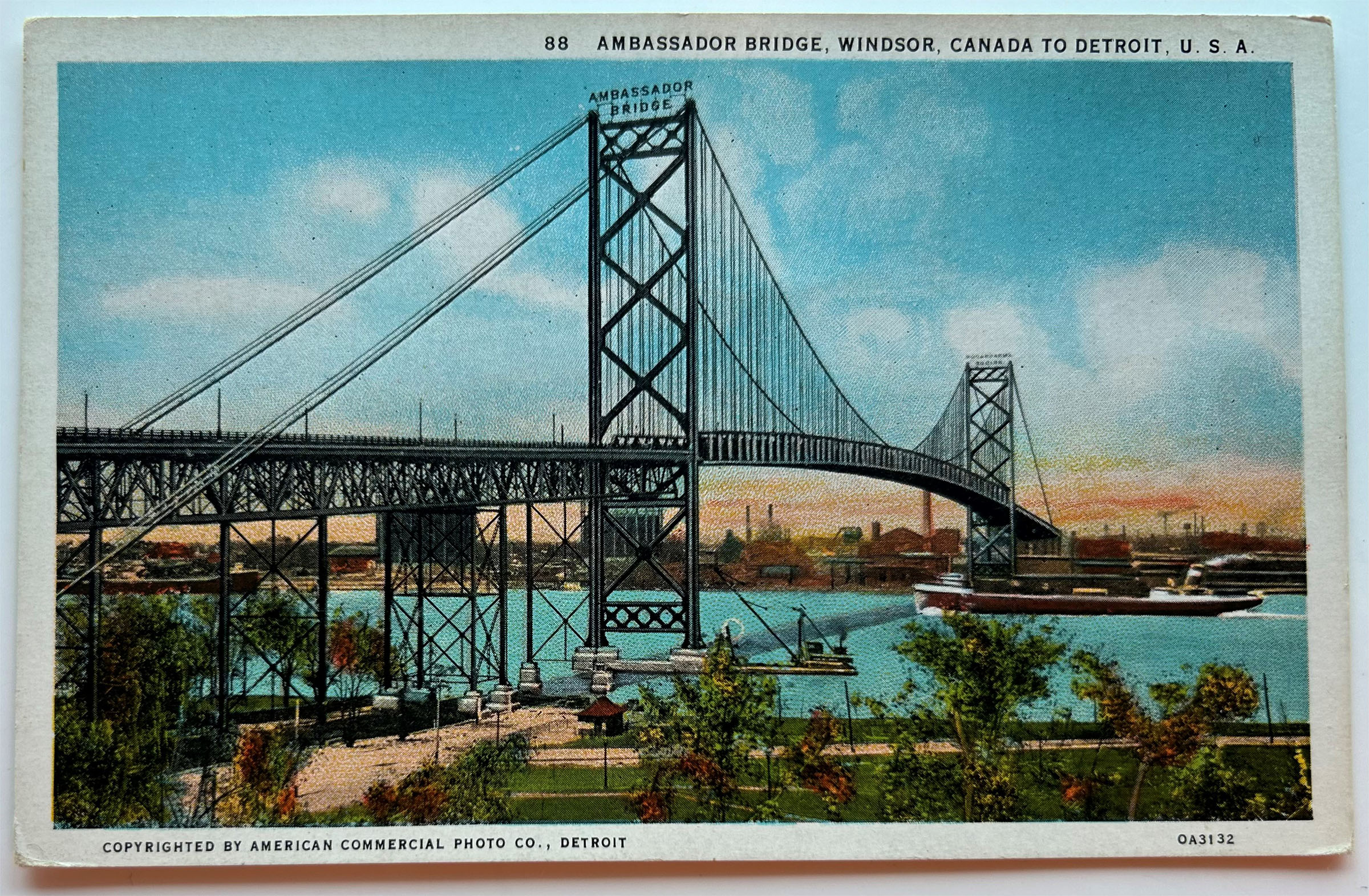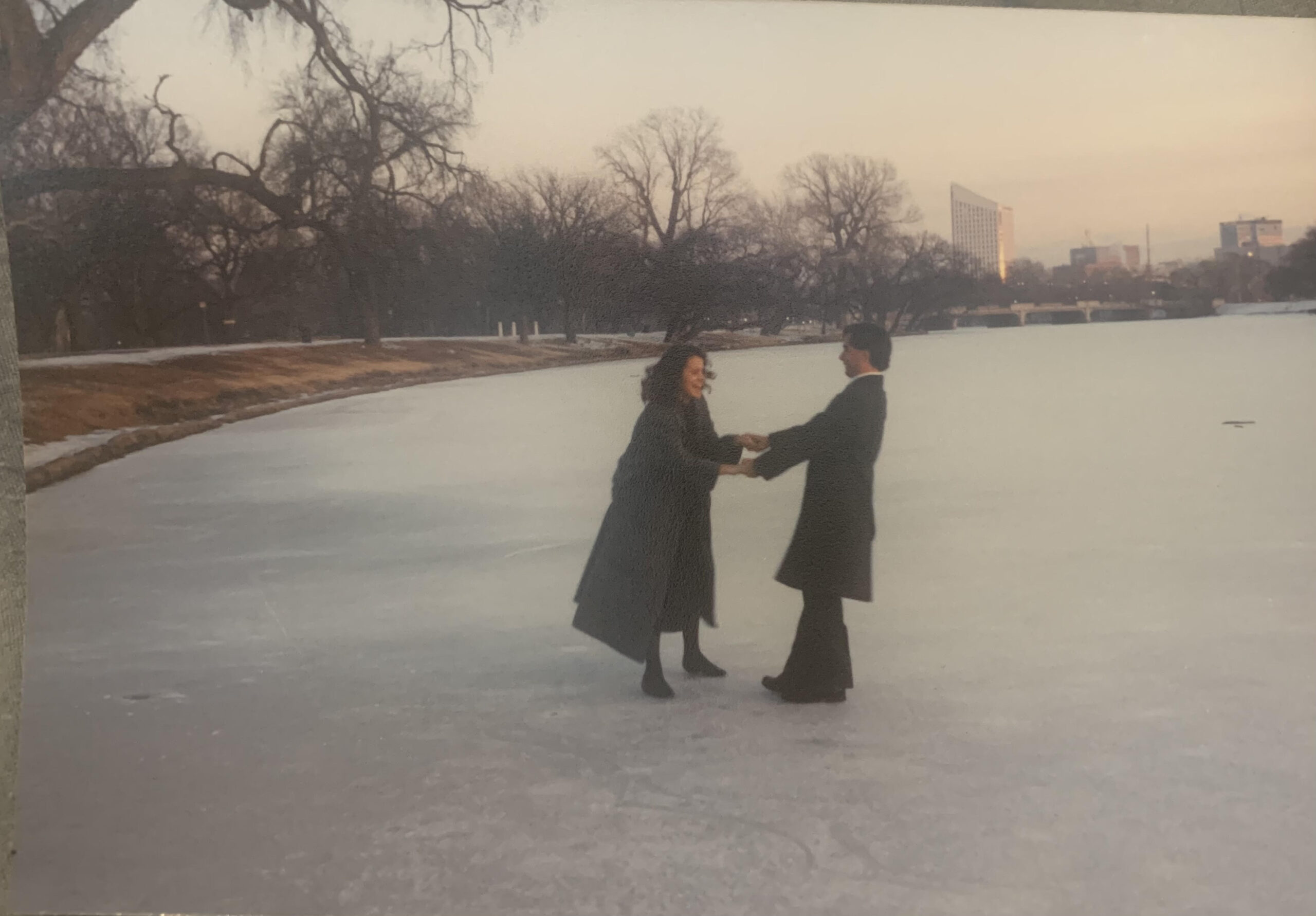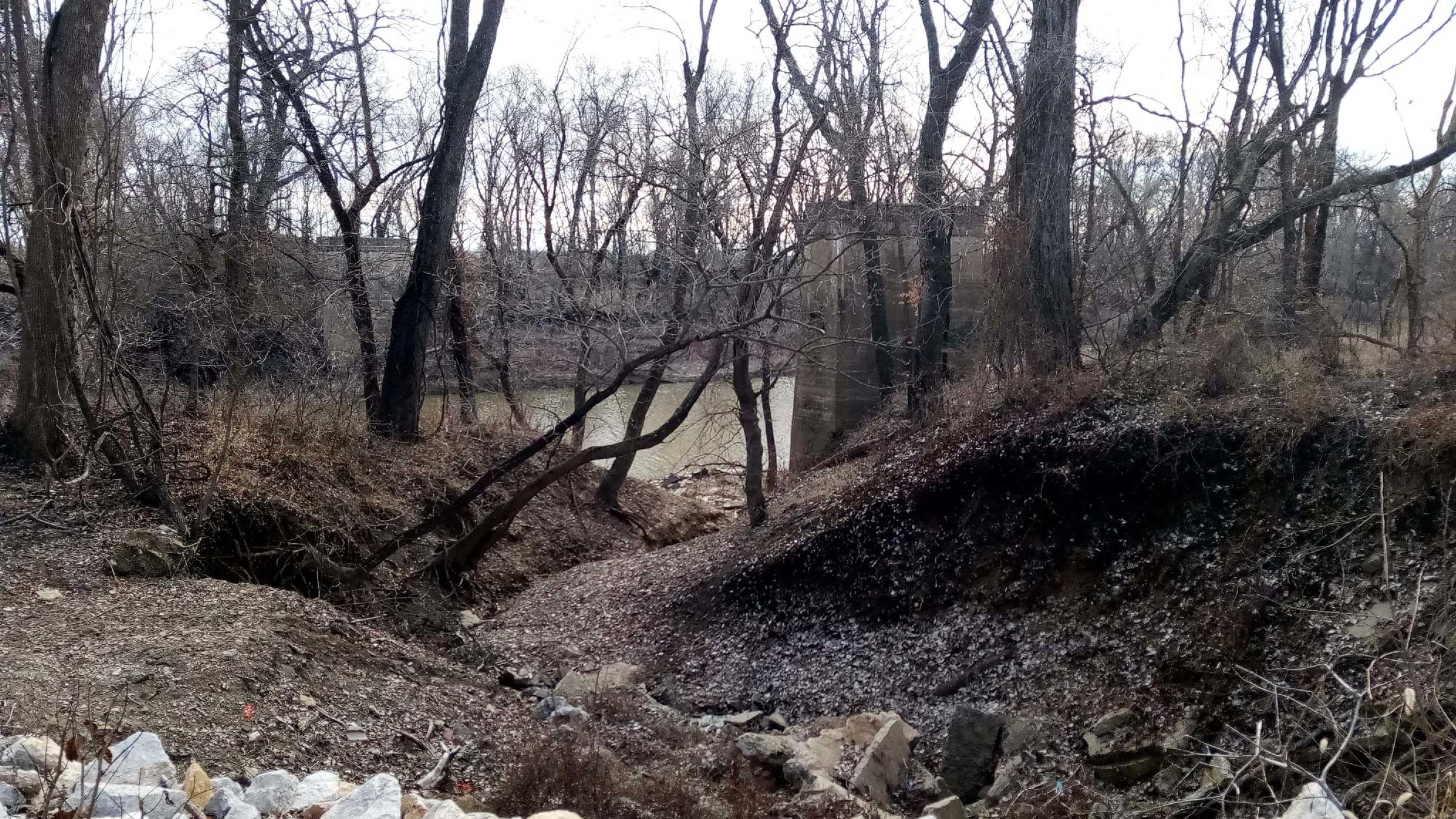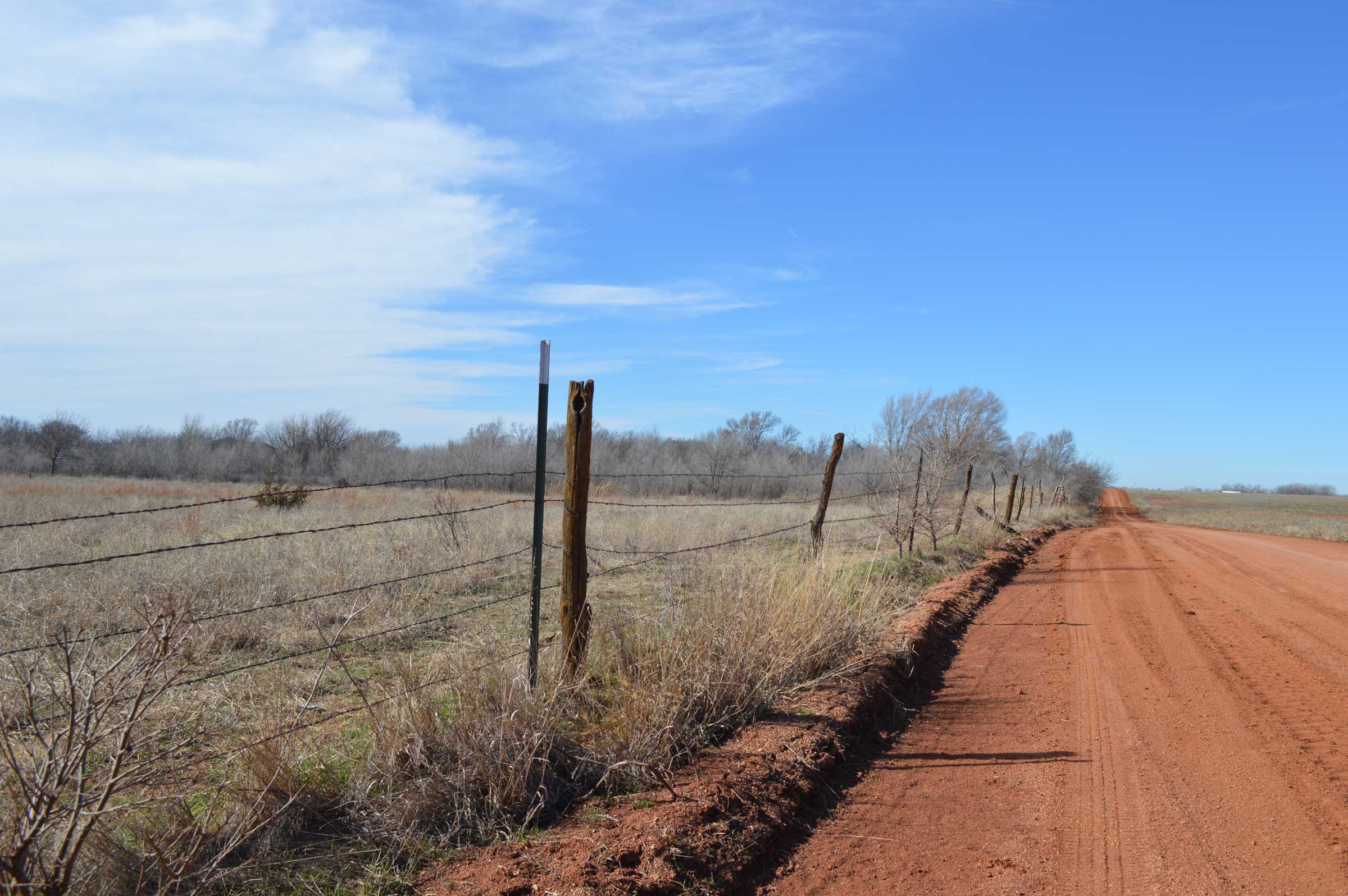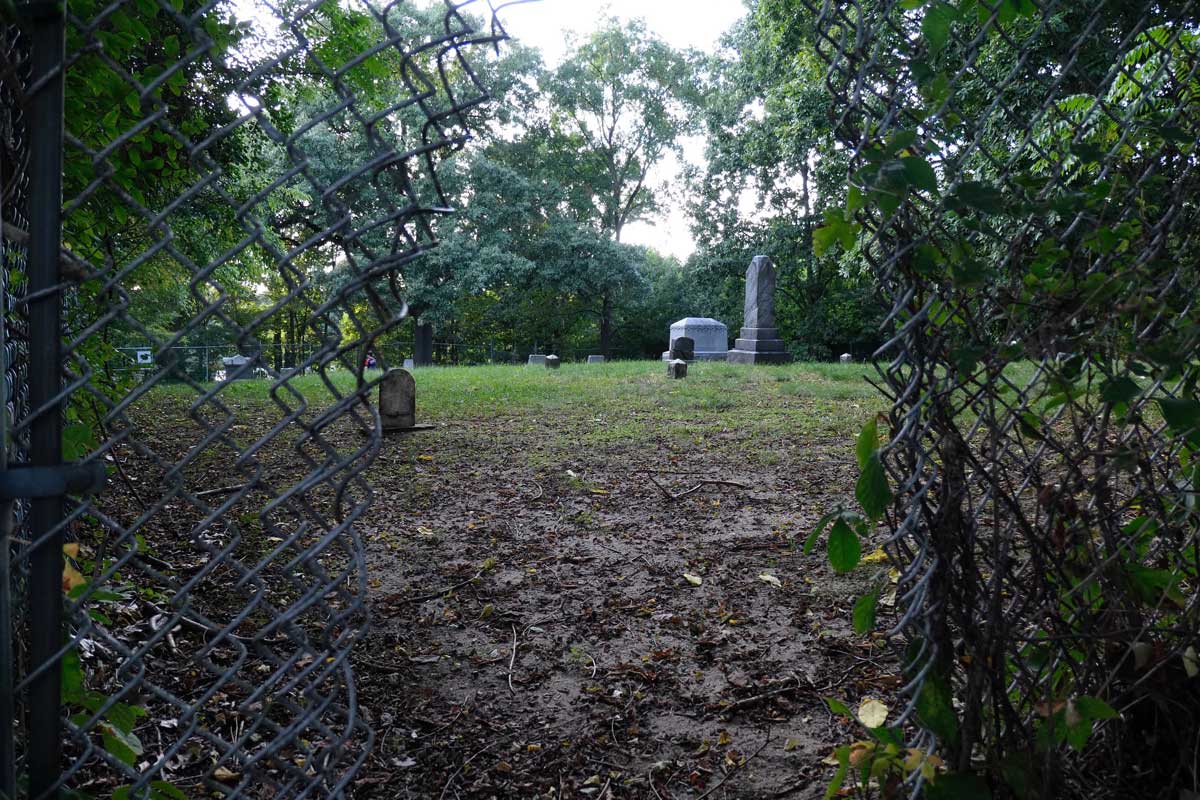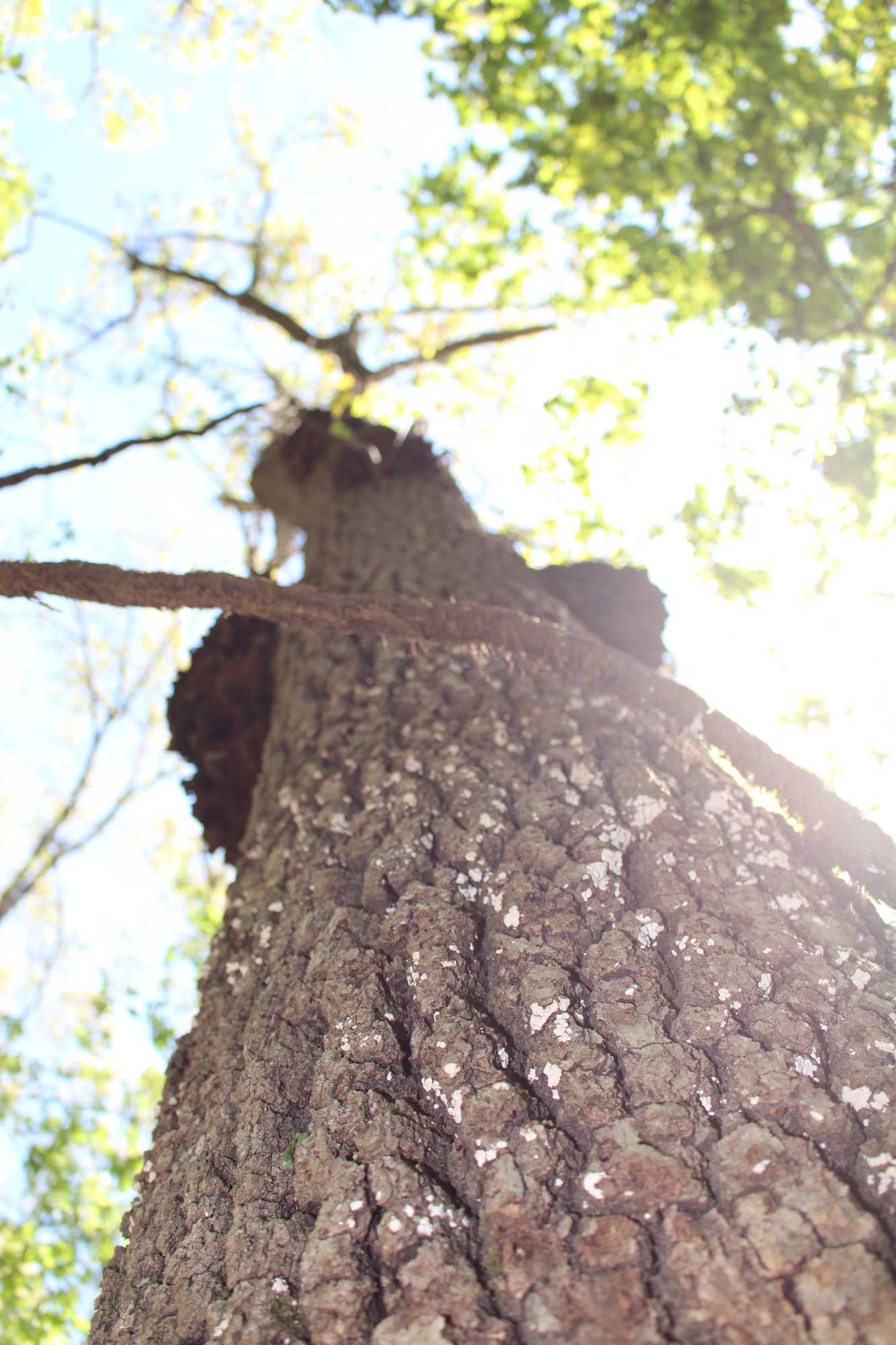Miriam Davis Colt
Vegetarian Settlement Company
Allen County, Kansas
By Pete Dulin
Concern loomed like a thunderhead in this untamed place. Miriam Davis Colt, her family, and other settlers intended to make their home in the Vegetarian Settlement Company, a planned community within Octagon City envisioned to become a city “of considerable wealth and importance.” Colt’s family arrived on May 12, 1856, at the proposed site in the Territory of Kansas, south of present-day Humboldt.
With the Missouri border in her wake, Colt beholds the vast Kansas Territory and its potential: “A broad green sea of prairie is spread out before us, and in the distance large mounds stretch themselves along the horizon.”
Soon, however, Colt realized the settlement was not developing according to plan. Six years later, she published a detailed memoir titled Went to Kansas: Being a Thrilling Account of an Ill-Fated Expedition to that Fairy Land, and Its Sad Results.
I drove two hours southwest from Kansas City, Missouri, to see this Fairy Land. A roadside historical marker divulged no secrets. Vegetarian Creek, woodlands, and grassy fields refused to gossip. Time, heartbreak, and death have eroded the imagined potential of this land.
Promissory plans for the Vegetarian Settlement Company originated in 1855 in New York City. A circular proclaimed that morally pure families could raise and educate children at the settlement away from “vice, vicious company, vicious habits of eating and drinking, and other contaminations of old cities.” Colt’s family and other investors sent significant funds, life’s savings for some, to underwrite the development, based on the circular and correspondence with company directors.
Unspoiled prairie and woodland suitable for settlement, farming, and investment near the Neosho River was only part of the allure. Colt believed her family would find community “with people whose tastes and habits will coincide with our own.”
Colt, her husband John, their young son and daughter, her sister, and her husband’s parents departed in mid-April. Traveling weeks from upstate New York led them to Kansas City. Oxen pulled supply wagons ten days toward the promised land. Arriving at nightfall, Colt’s rain- soaked party encountered men and women at the site cooking supper over a campfire and living in tents and wagons.
“The ladies tell us they are sorry to see us come to this place; which plainly shows that all is not right,” wrote Colt. Their lament was a harbinger of struggles ahead.
Settlers found no purported development or shelter from “furious prairie winds” and “terrific storms.” They ground corn with hand mills. Without a sawmill, they cut timber to fashion crude log cabins.
Summer’s blistering heat and plentiful mosquitos battered the spirits of these starving settlers. The river and creek yielded scarce, undrinkable water. Fever caused by malaria led to illness and death. Foraging, subsistence farming, and the generosity of distant neighbors provided meager sustenance. Colt wrote that Osage tribe members took tools and housewares and raided field crops. News of Kansas-Missouri border ruffians to the north spurred concerns.
Colt and her family abandoned the stillborn community four months later. Her sister and in-laws remained behind and died within months. Colt wrote on September 2, 1856, “We start out upon the world again. Many a dark shade has passed over us since last Spring.”
When I visited the settlement site, spring was still a month away. Bluebell, bloodroot, and prairie larkspur have yet to bloom. This soil was once fertile enough to plant dreams. What happens when fragile hope withers and roots immersed in the prairie do not take?
Colt’s experience prompts wonderment at my own mother’s uprooting and journey.
She met and married my father, a U.S. soldier stationed at a base near her home in central Thailand. Mom left her family, friends, and rural village in the early Sixties and emigrated to Kansas City, Kansas.
Love, hope, and opportunity do not fill an immigrant’s pockets. Wayfinding in life involves unexpected outcomes and consequences. Bearings may be lost along the path chosen.
Mom arrived at an unfamiliar place. Routines formed with each word spoken and decision made, and the fog of how little she knew slowly lifted. Understanding bloomed, its tender roots sunk into non-native soil.
She gradually learned English, earned citizenship, and acclimated to American customs. My parents eventually moved out of my grandparents’ home, bought a house in Kansas City, Missouri, and raised four children.
What happens when dreams exact unthinkable personal cost?
Colt and her beleaguered family stopped in Boonville, Missouri, en route to the “known world.” Her husband John, 40, and son Willie, 10, suffered from fever, malnourishment, and likely malaria. Willie died on September 24, three weeks after leaving the settlement. John perished on October 4, cradled in the “cold embrace of death.” Colt buried them, returned to New York, and bought a five-acre lot.
My mother remained entrenched despite life’s unpredictable storms – divorce, the death of a son, tangled family ties near and far, and health issues prompting thoughts of her mortality and legacy.
What happens when choices and consequences become uneasy cousins?
Colt and fellow settlers faced stark choices. Shed the weight of sunk costs, sever the cumbersome tether of hope? Colt sharpened her survival skills against the grindstone of trial and trauma.
She chose how to lead the remainder of her life, persevering to raise her daughter Mema, publish her tale for income, and establish a home and farm. Her memoir closed with a prayer to “have grace to bear all the remaining reverses that may come in my pathway.”
Footsteps from the past can no longer be heard. The settlement represents more than the sum of broken dreams. Their unrealized vision still exudes the faint residue of reality, a premise to ponder on our journey.
The territory is not new, only our presence on it. Leaving this land and thirsty creek bed, I deposit questions like seeds in soil foreign to me.
What remains when we depart a place? The lips of John and Willie offer no answers. Perhaps my mother knows.
Colt’s story implies that we eventually abandon the place we sought to settle. We will exit the land and return to earth. Death awaits, an assured outcome.
Until then, I am a vessel of my own making. I choose what to carry, what to leave behind. No oxen in sight. My wagon bears hope and conviction, fear and wonder, loss and what remains, grief, sorrow, some fortitude.
Our words and our will, they form within us, born of the same substance, depositing, eroding, ever shifting.
February wind blows against me. I head in that direction and return home, unsettled.
Pete Dulin is the author of Expedition of Thirst: Exploring Breweries, Wineries, and Distilleries Across the Heart of Kansas and Missouri, Kansas City Beer: A History of Brewing in the Heartland, KC Ale Trail, and Last Bite, and is currently working on his next book. A professional writer for more than 20 years, Pete’s work has appeared in many print and online publications. He lives in Kansas City, Missouri.

